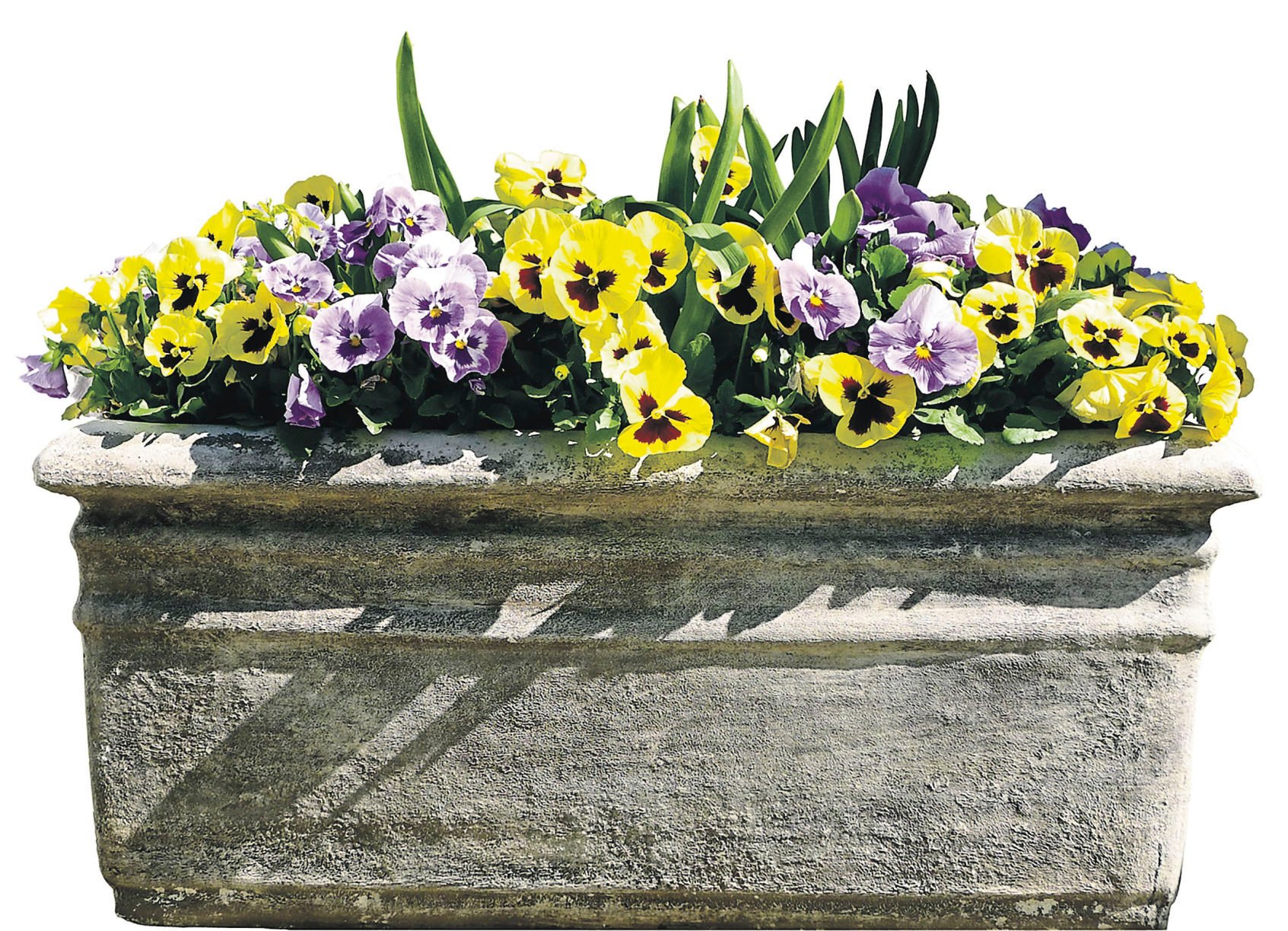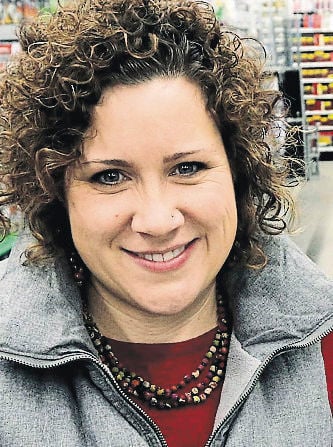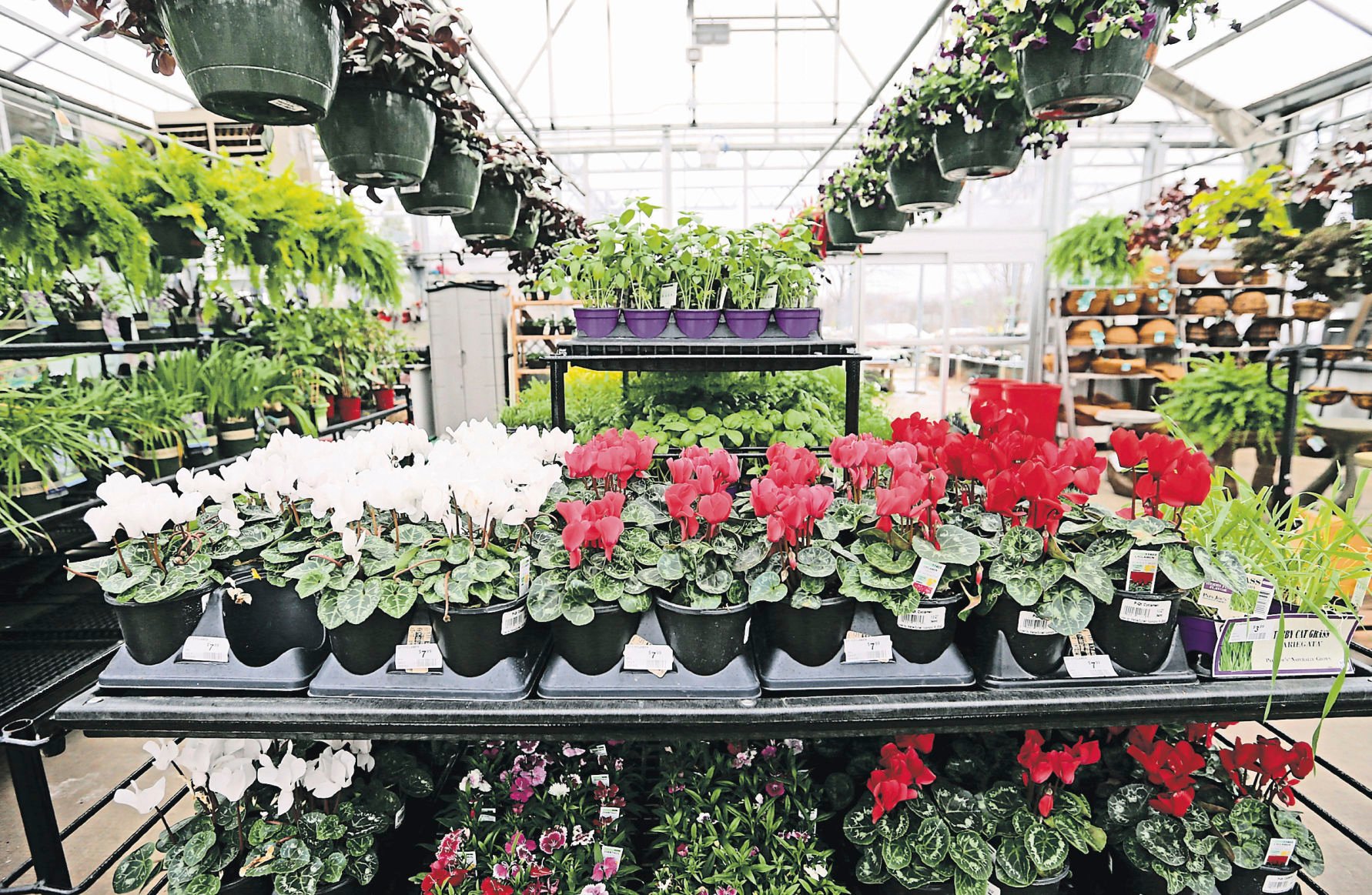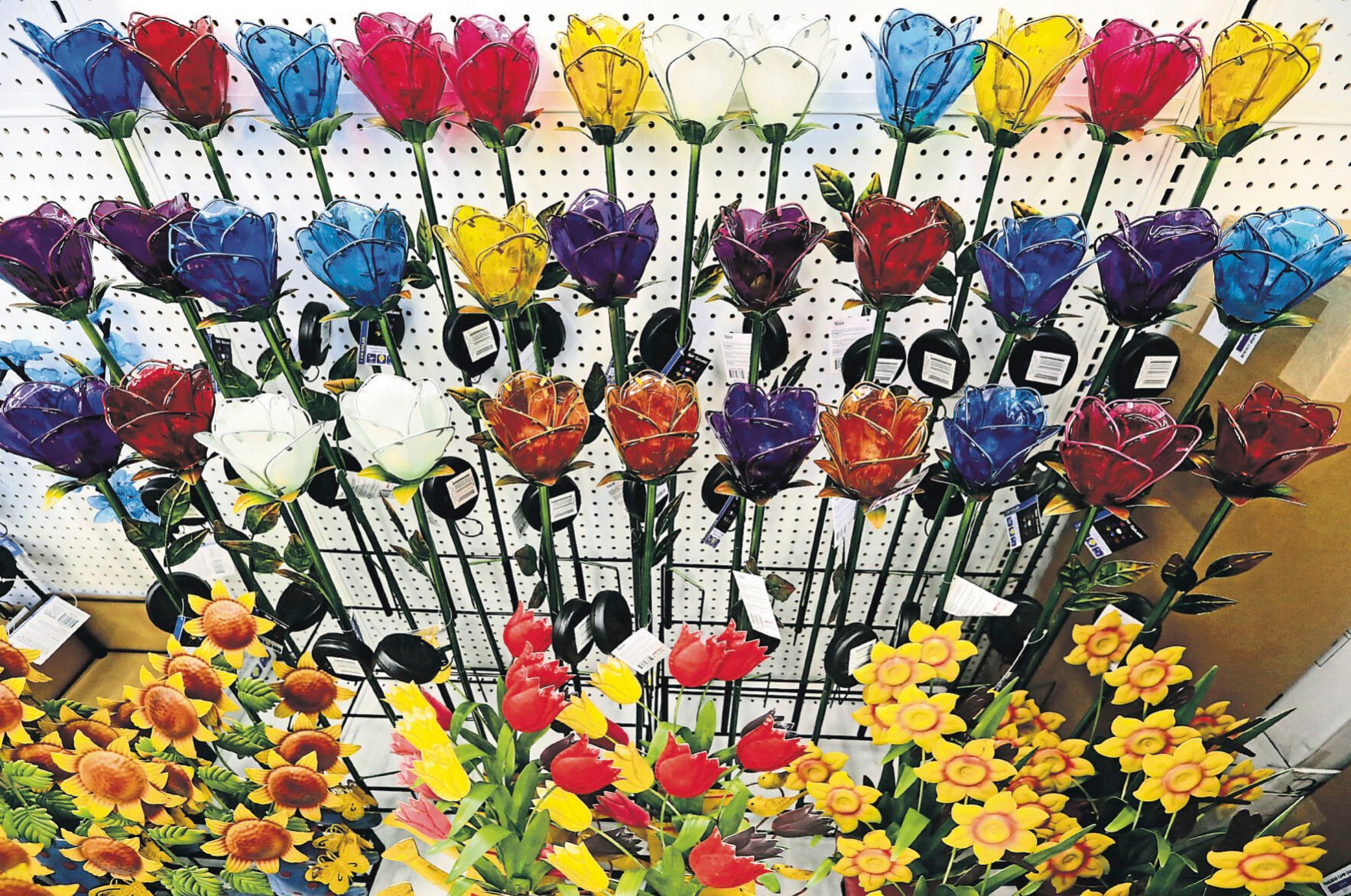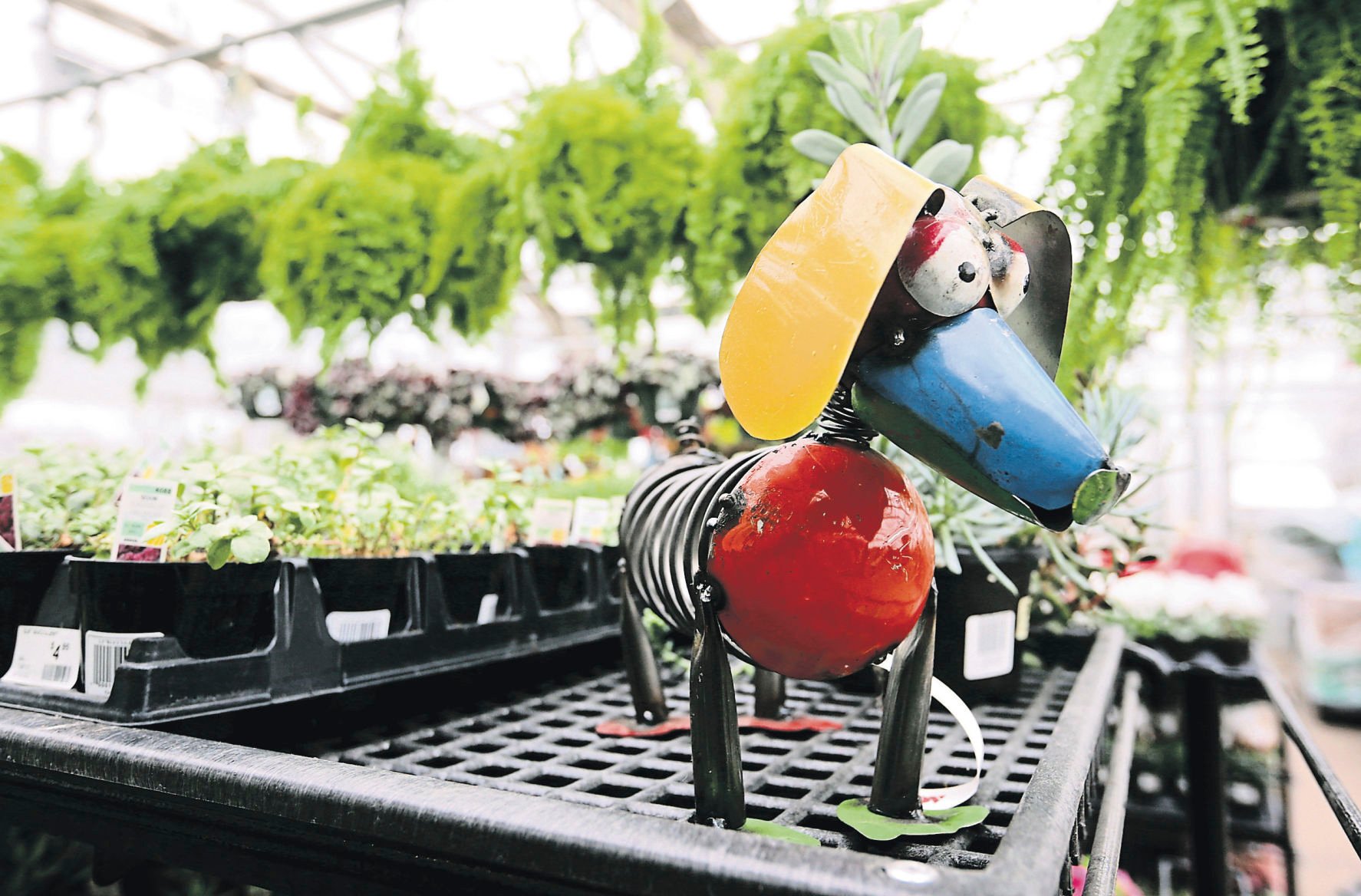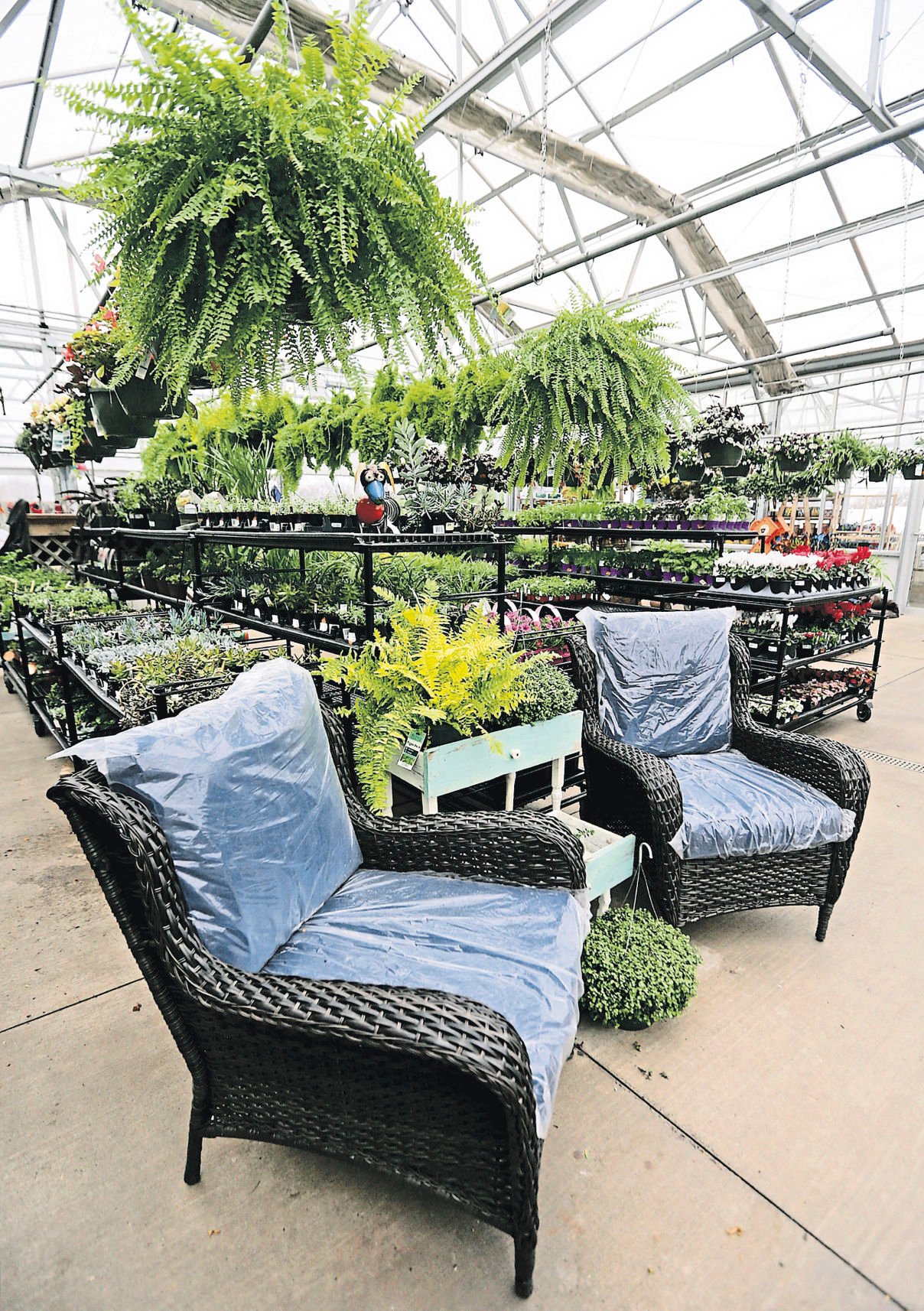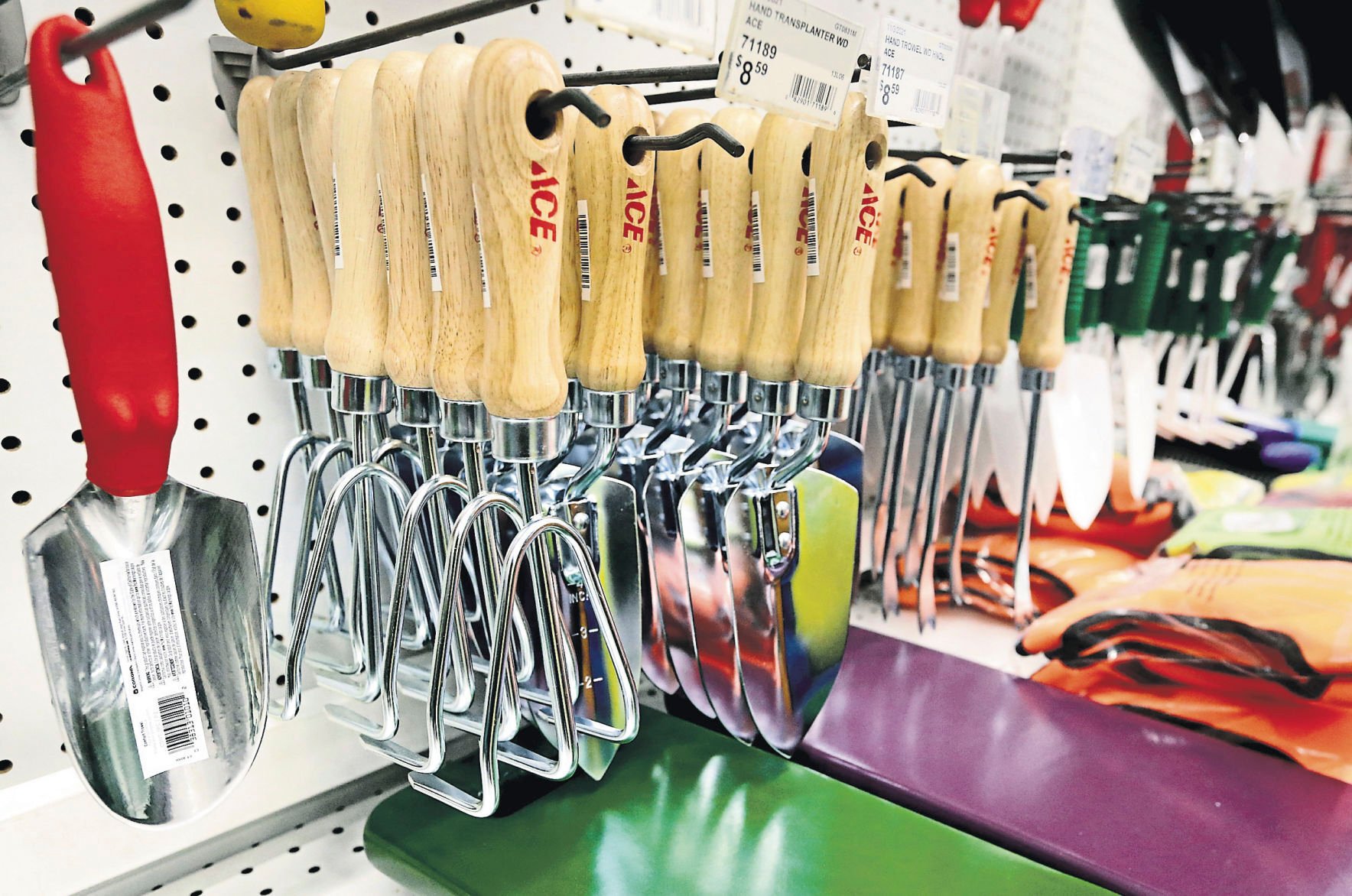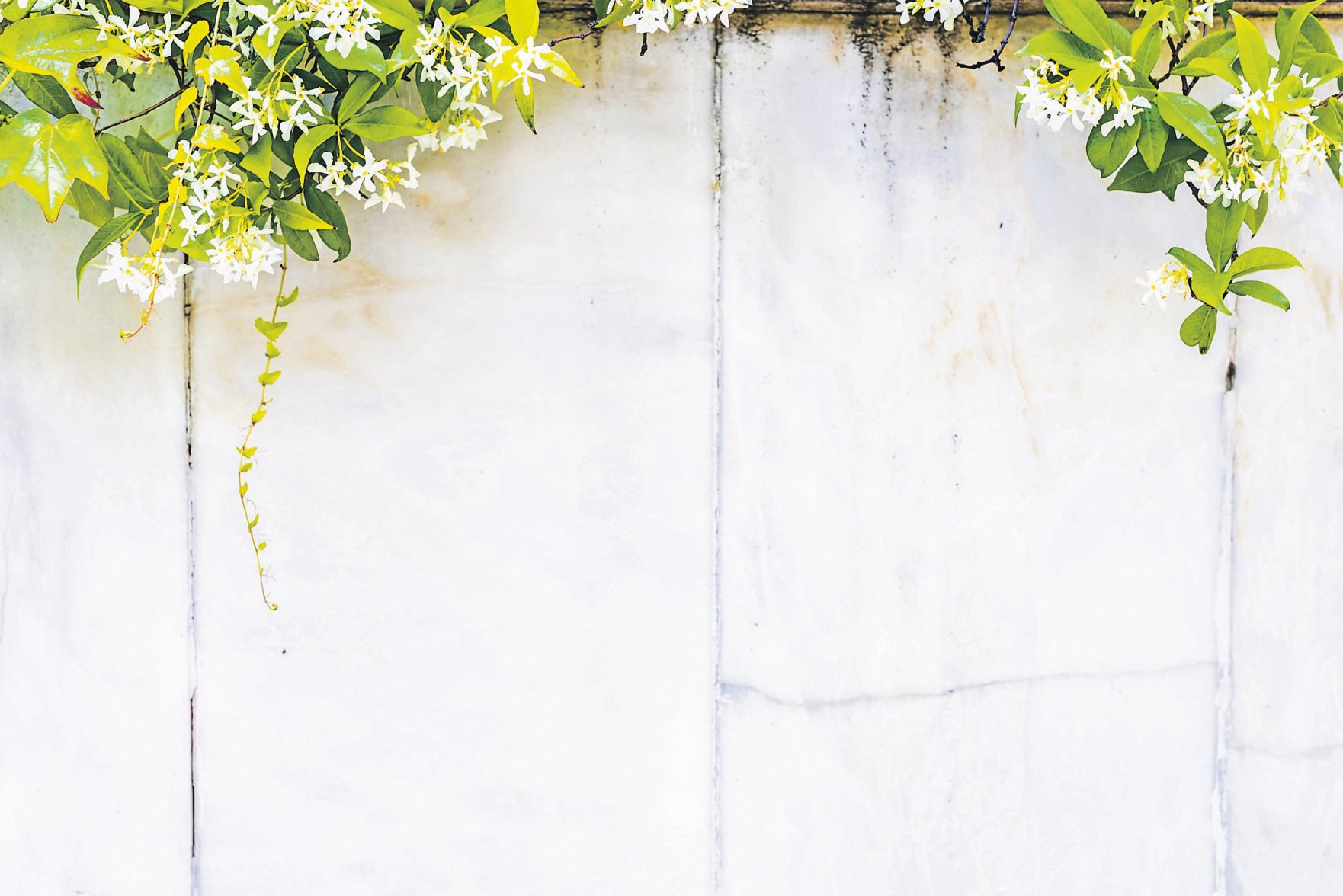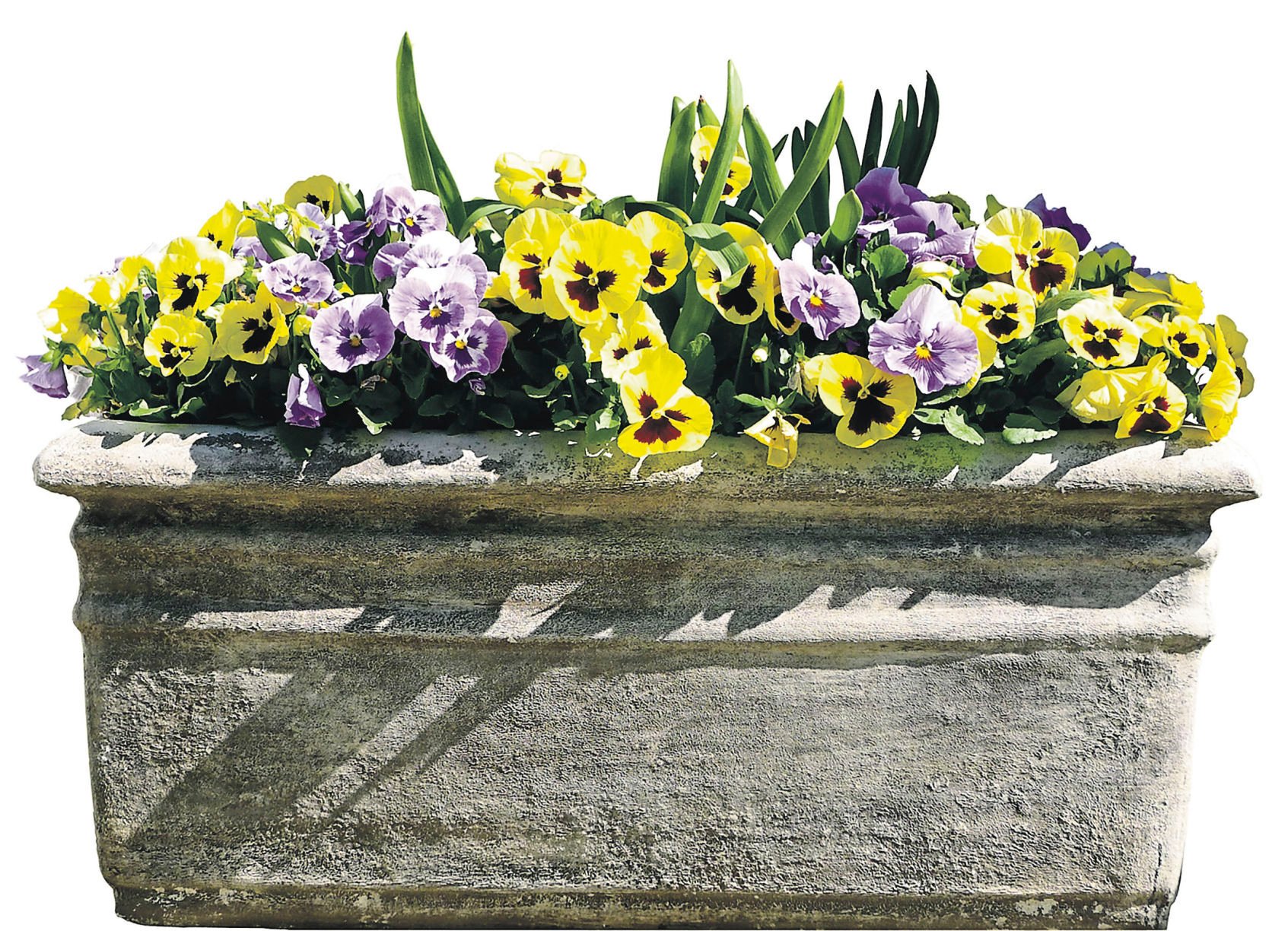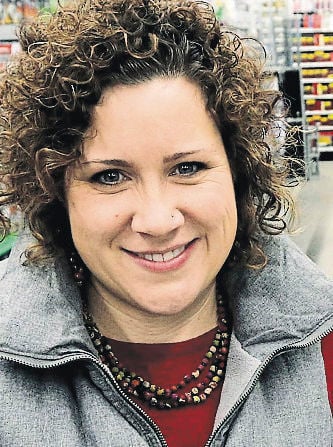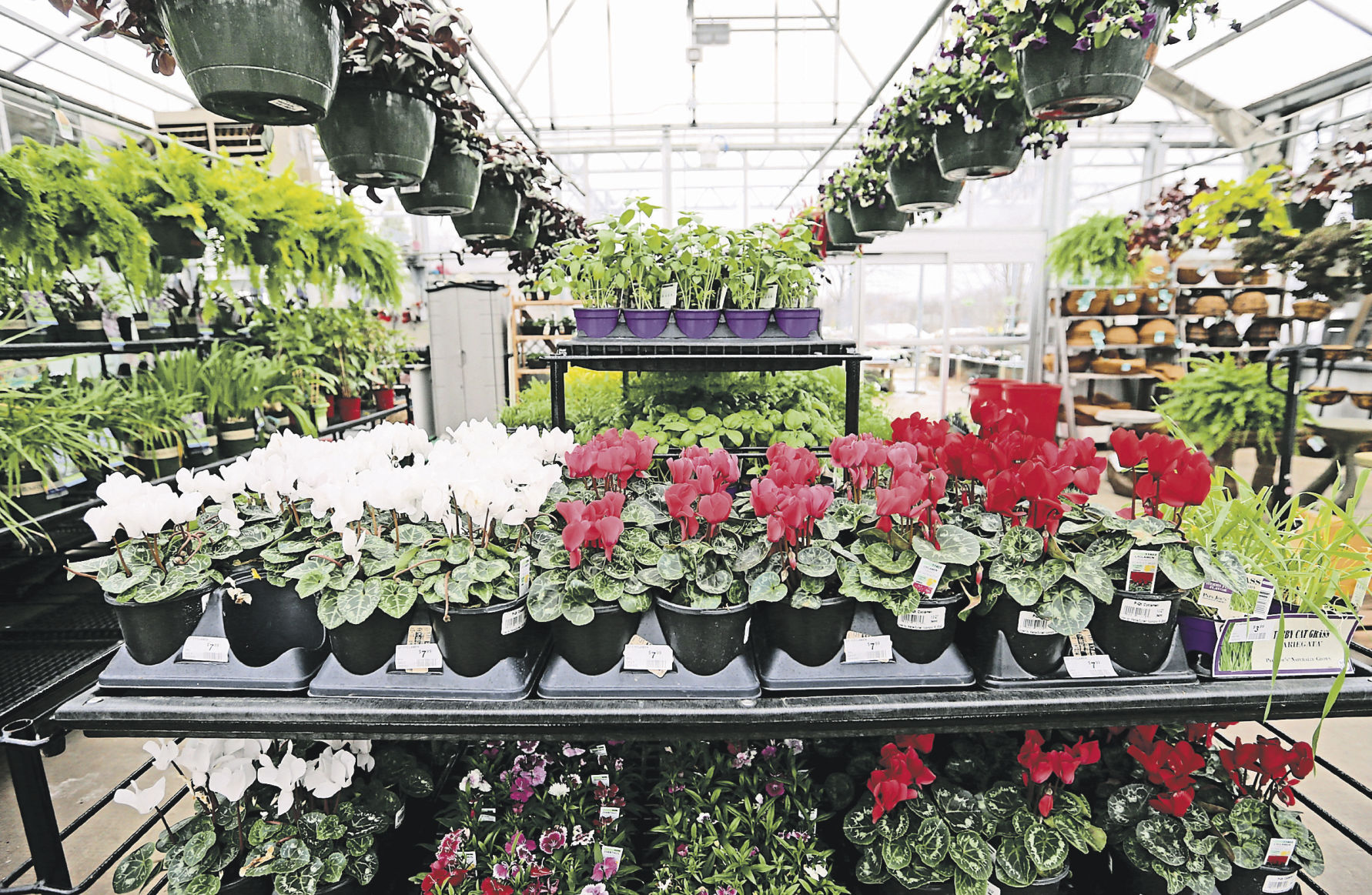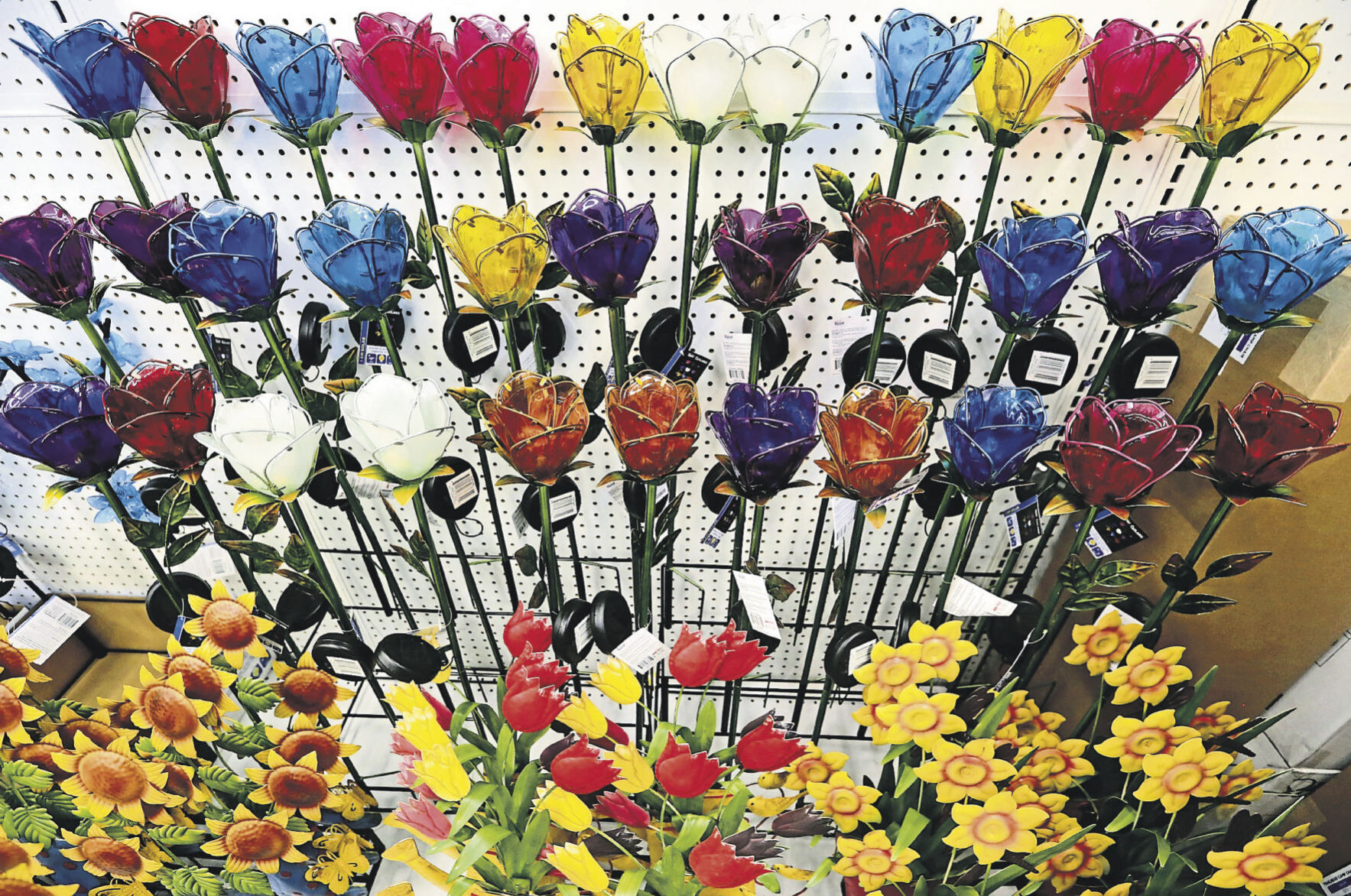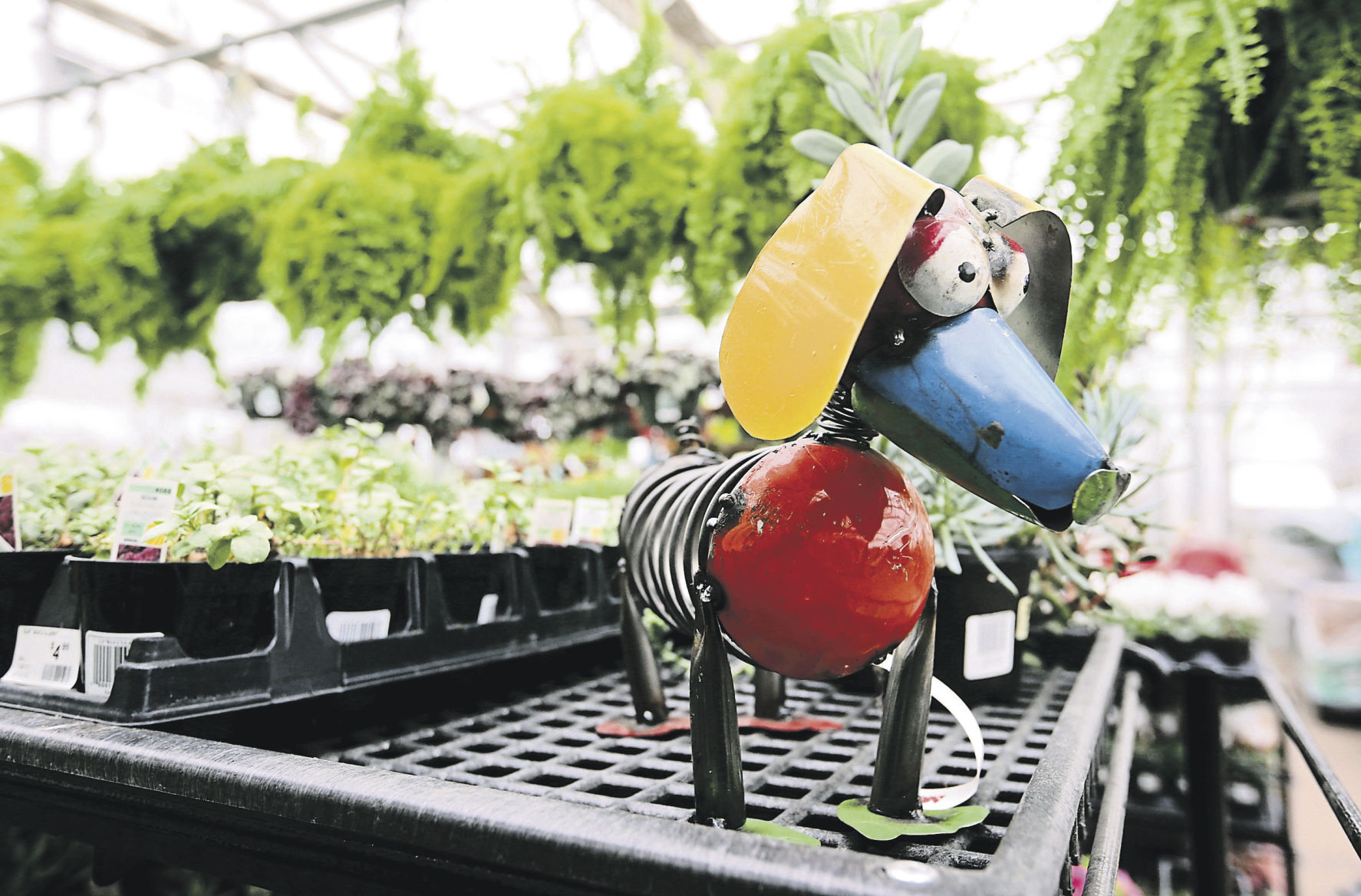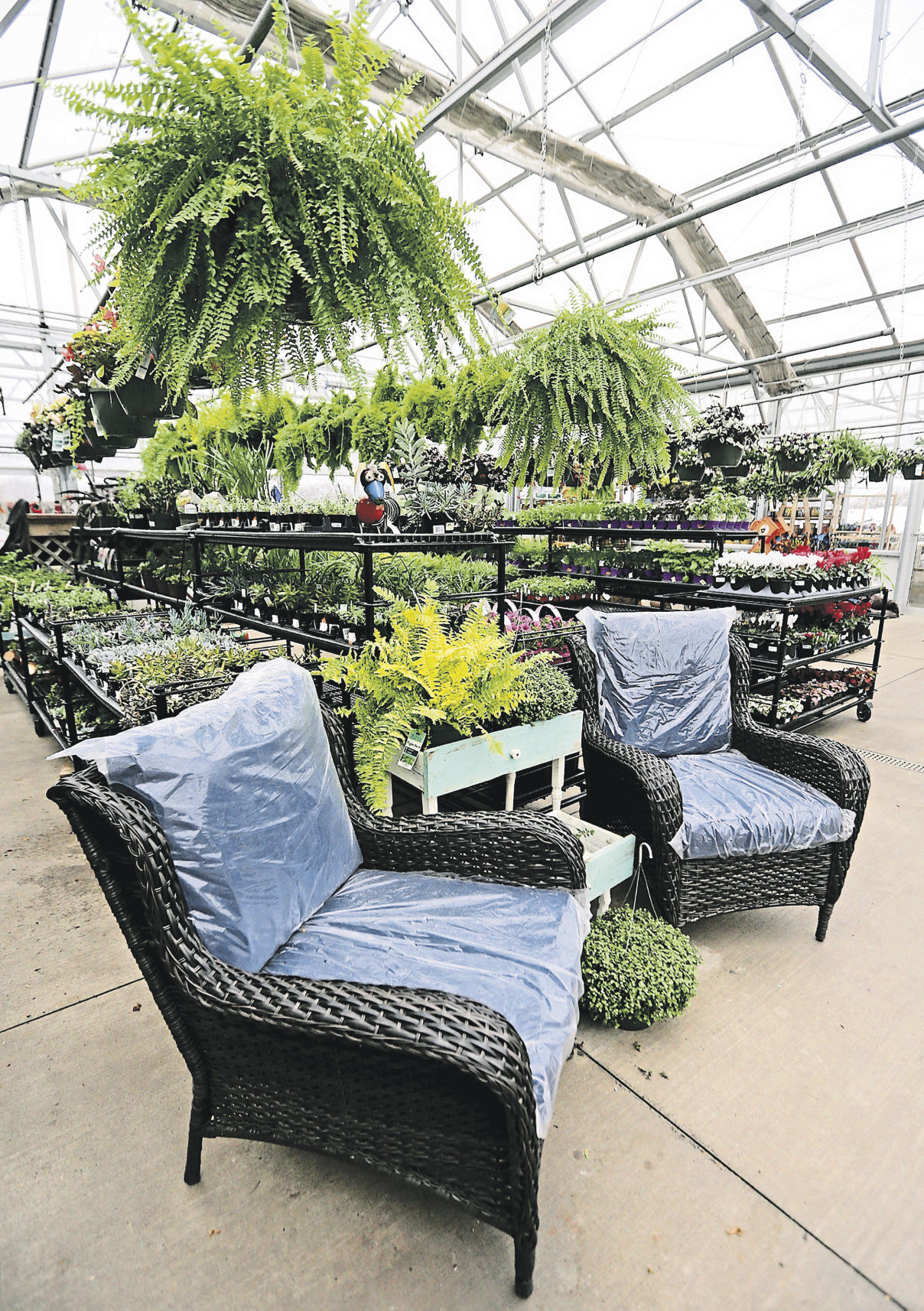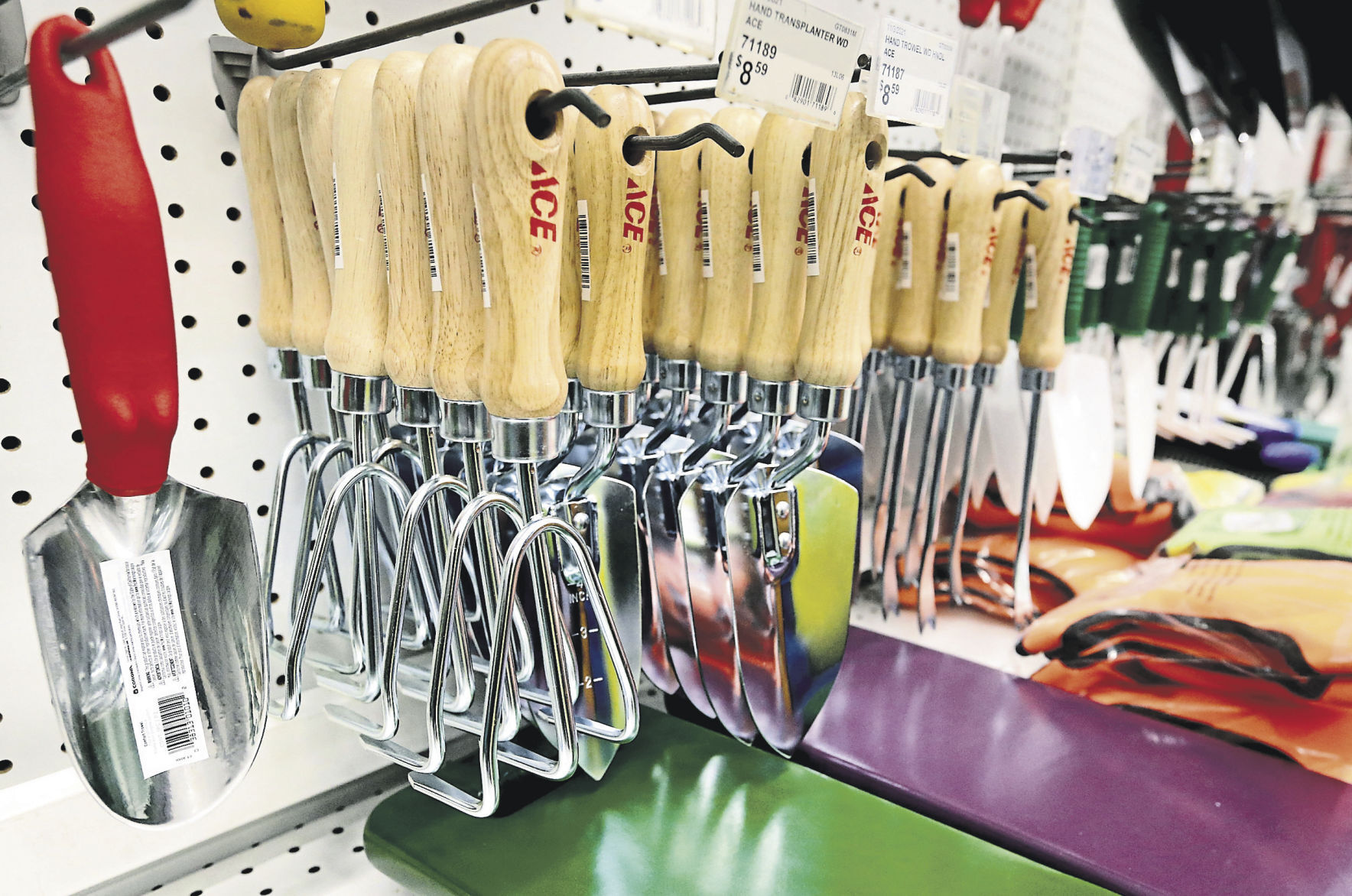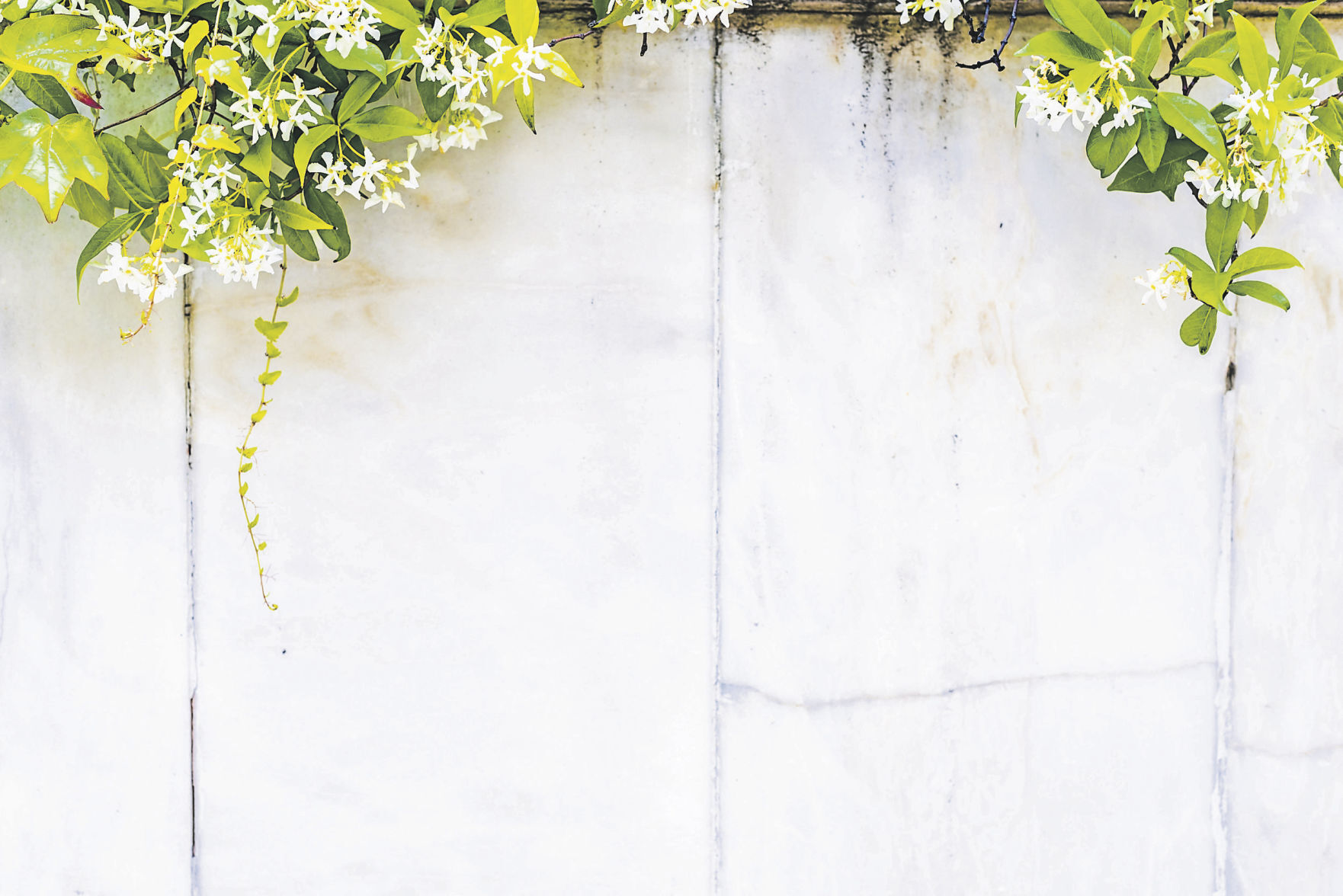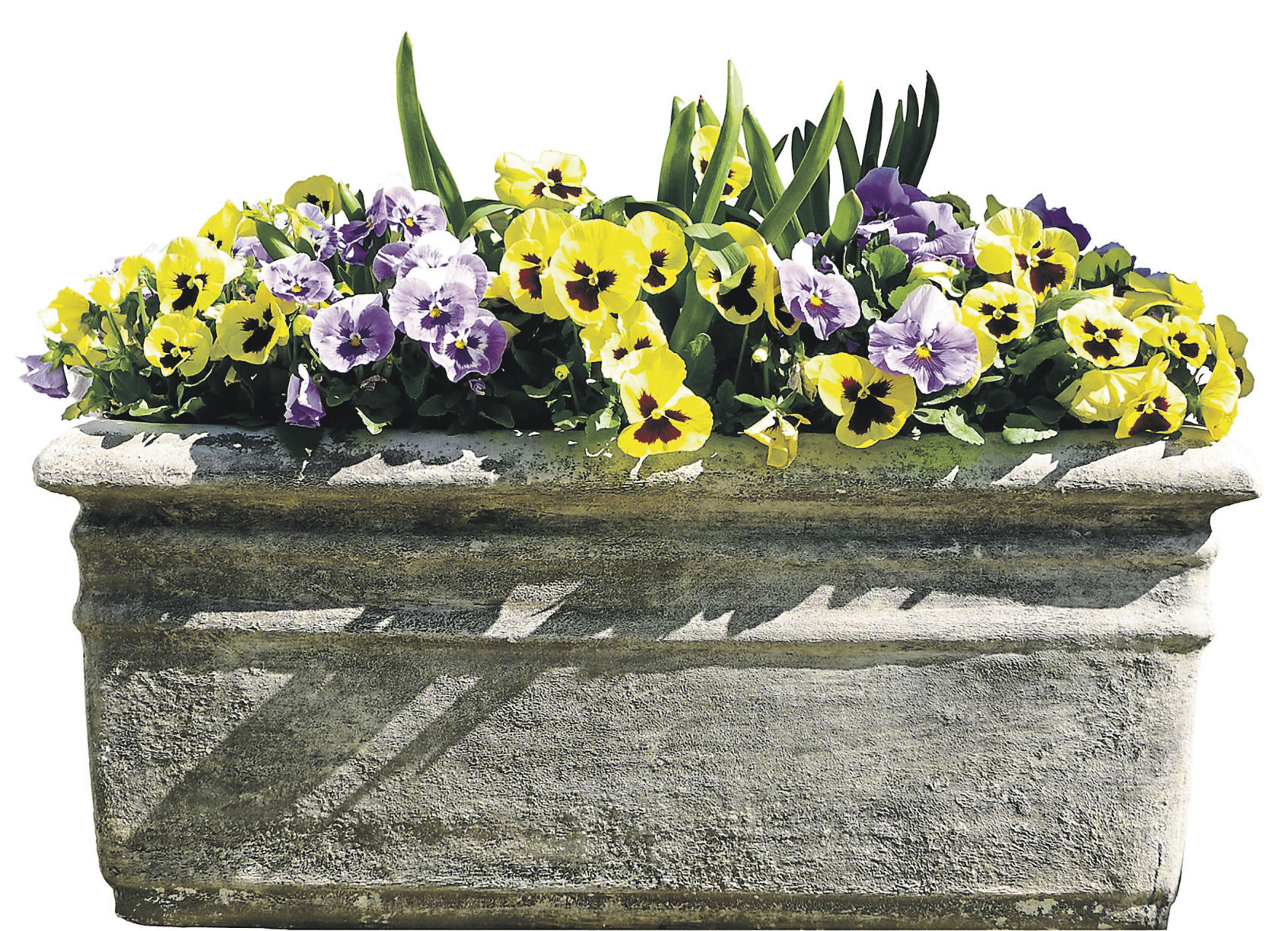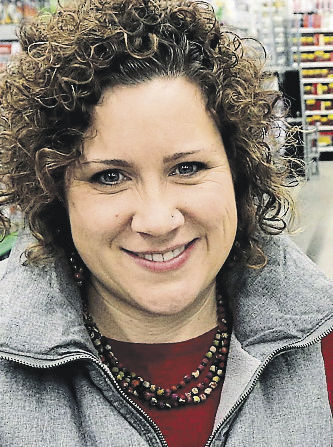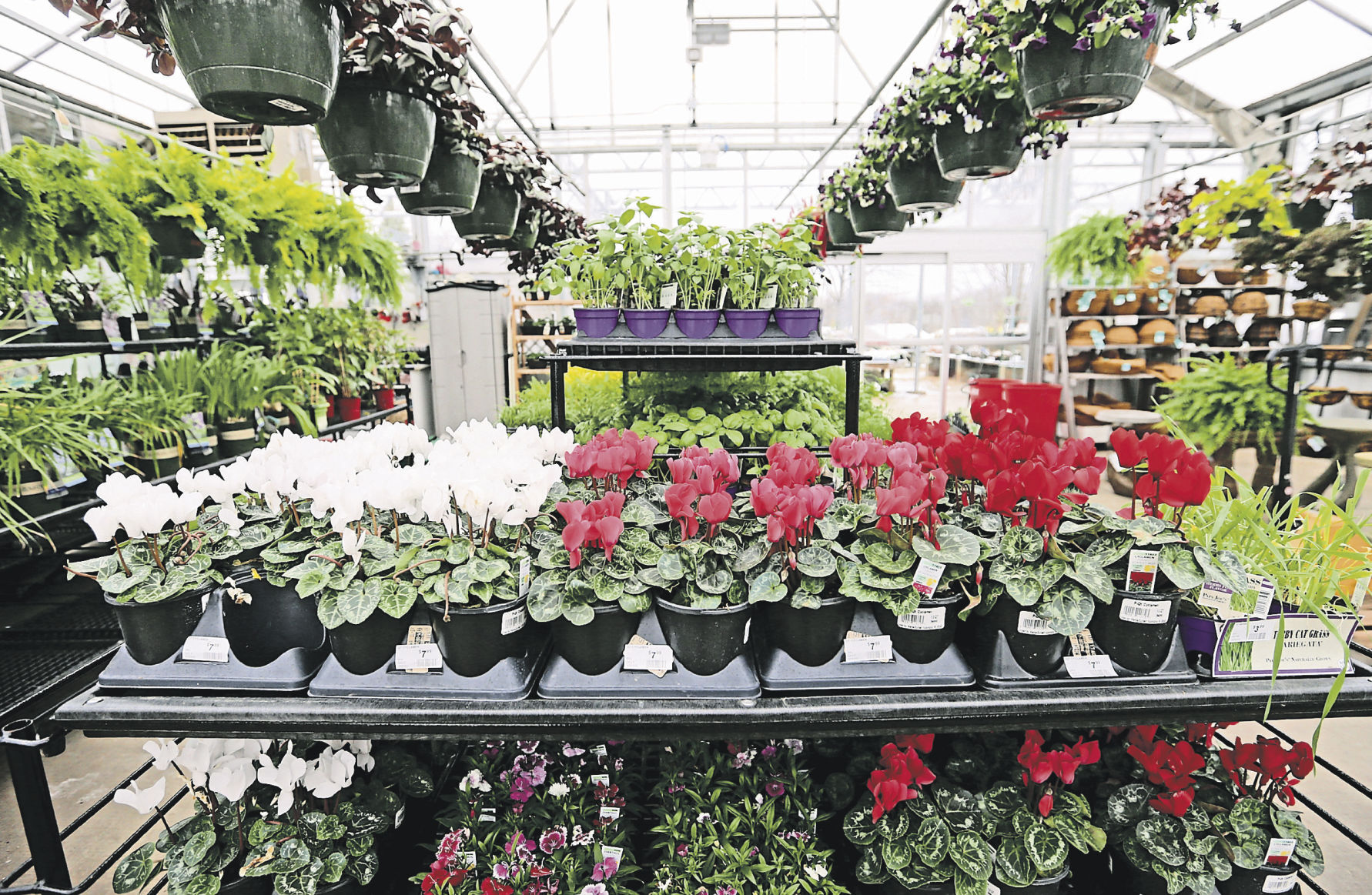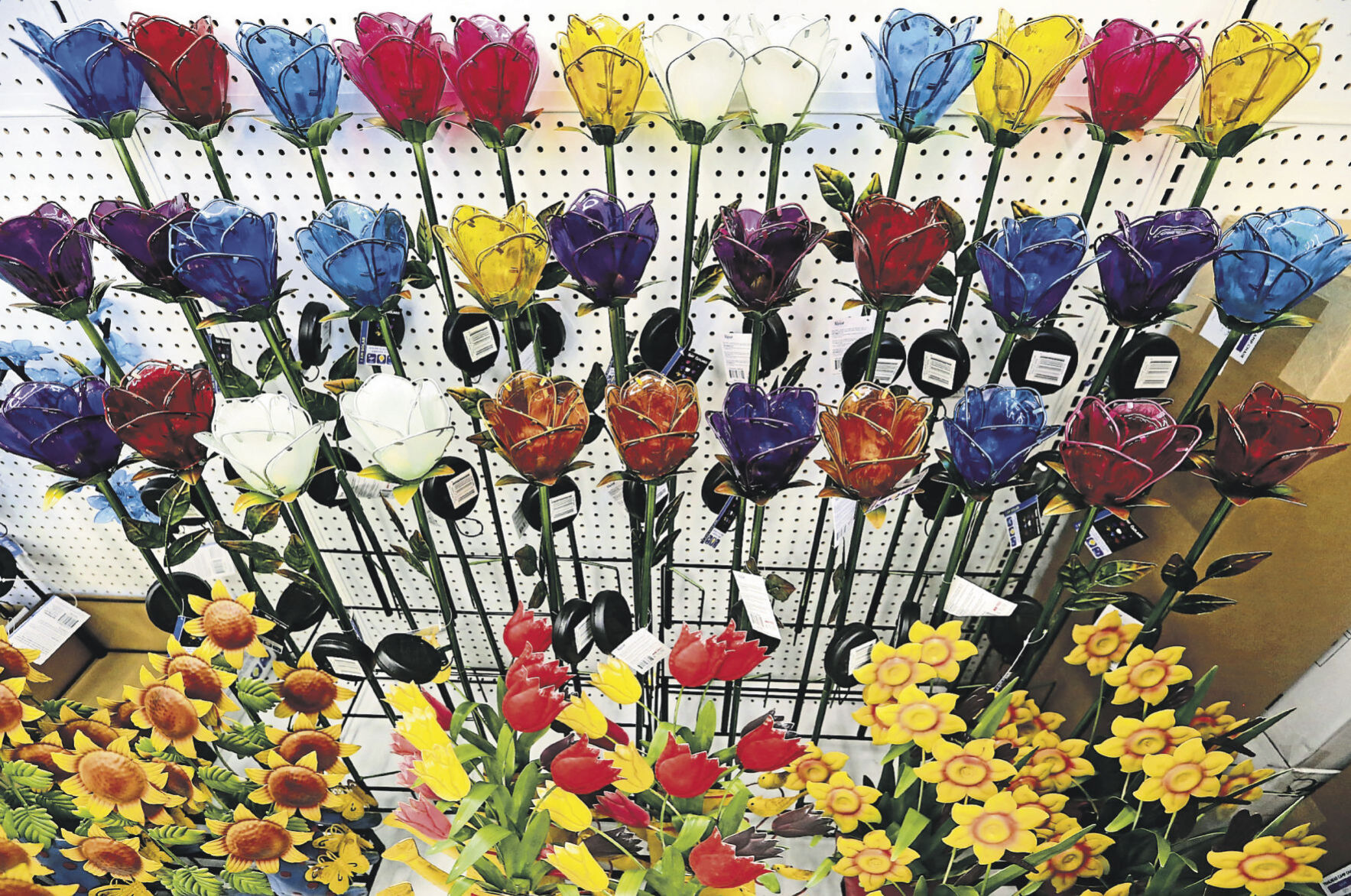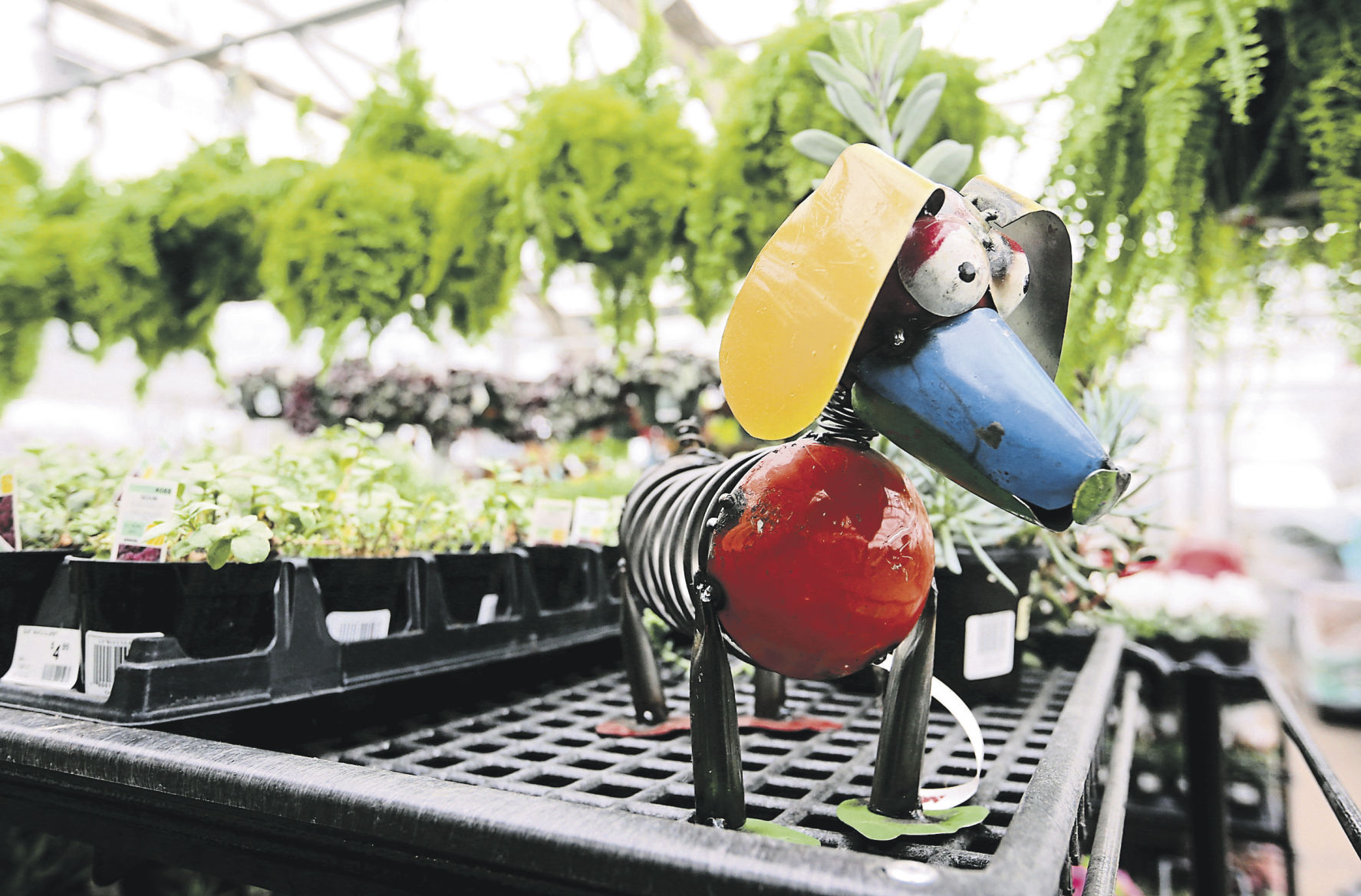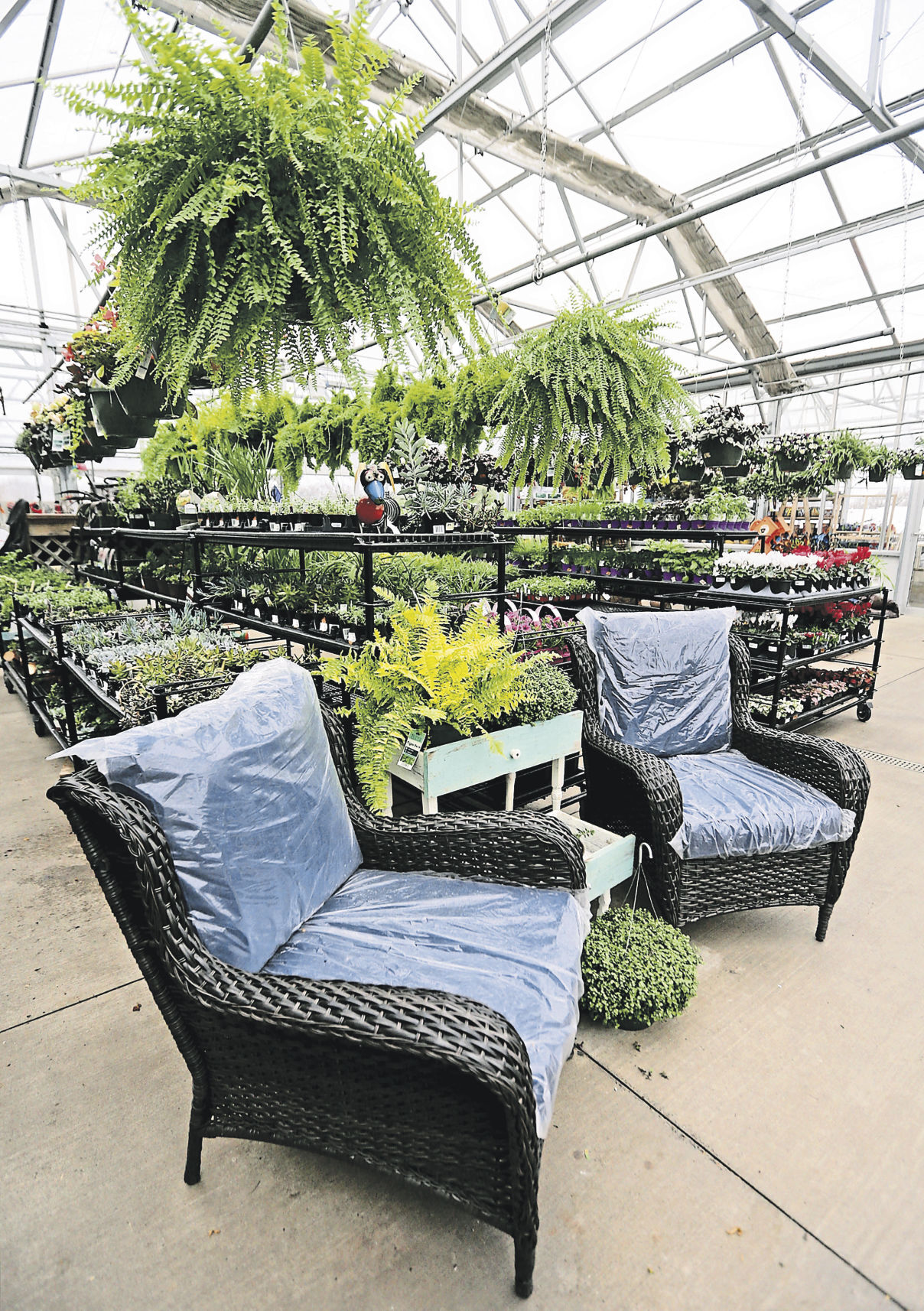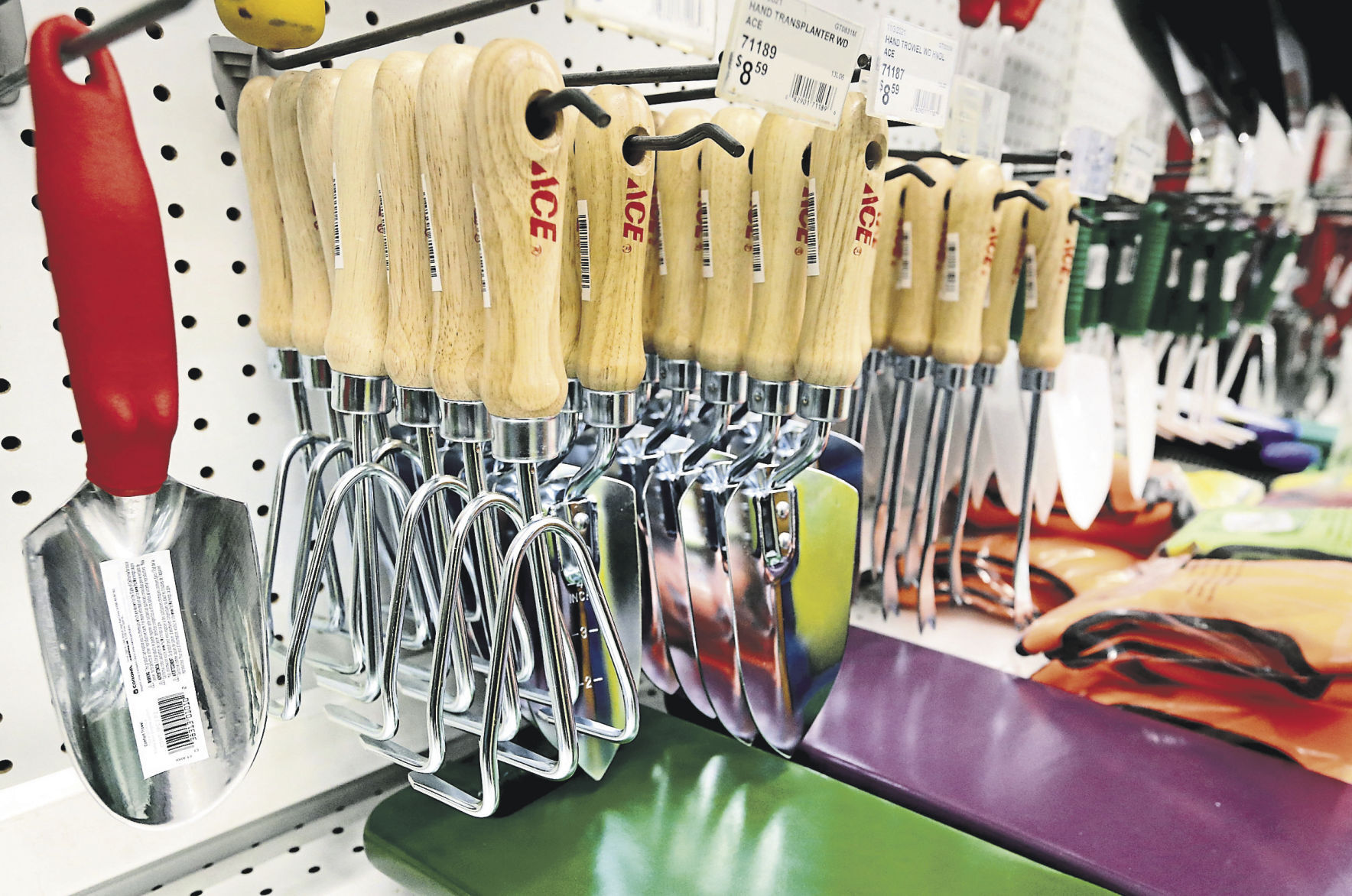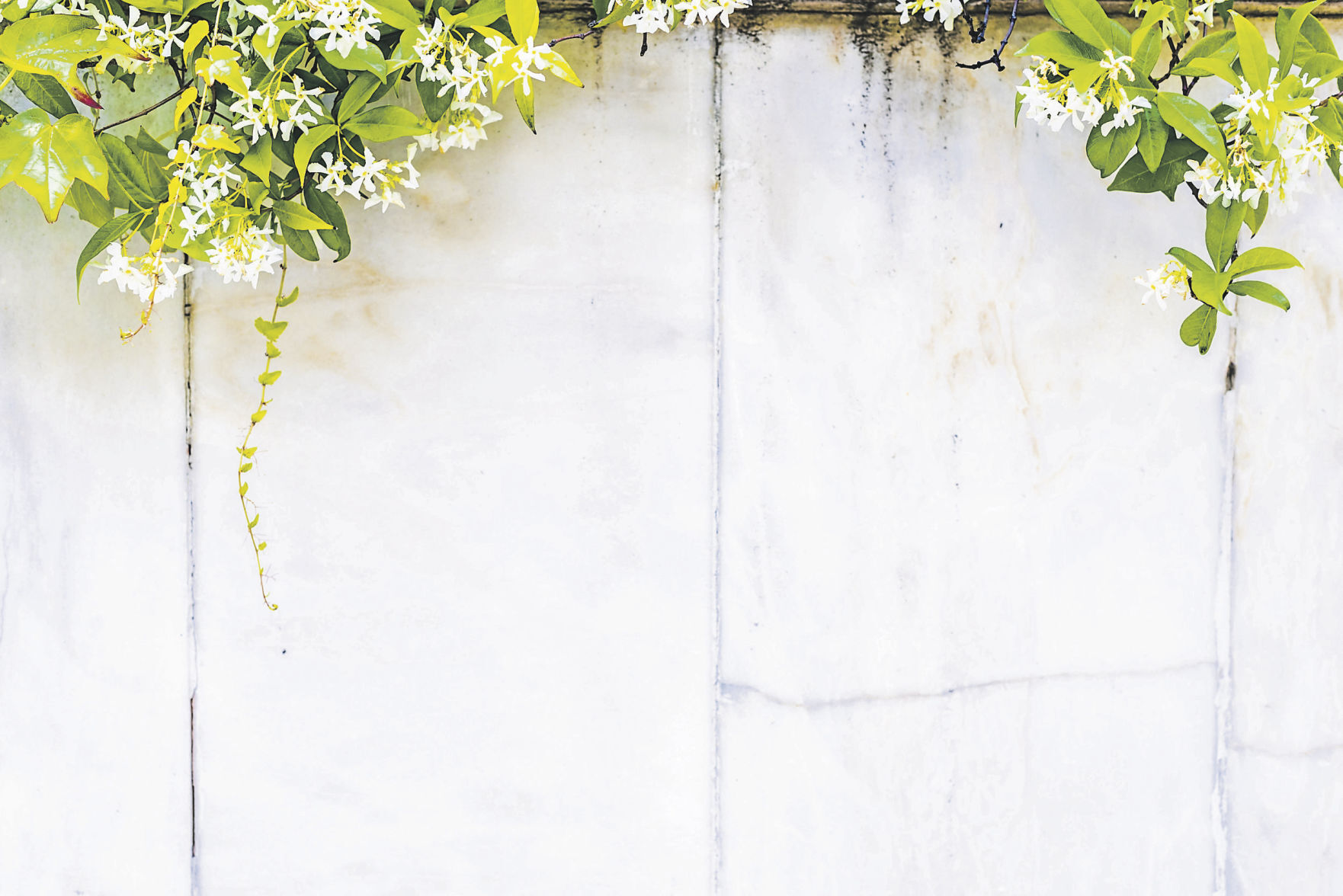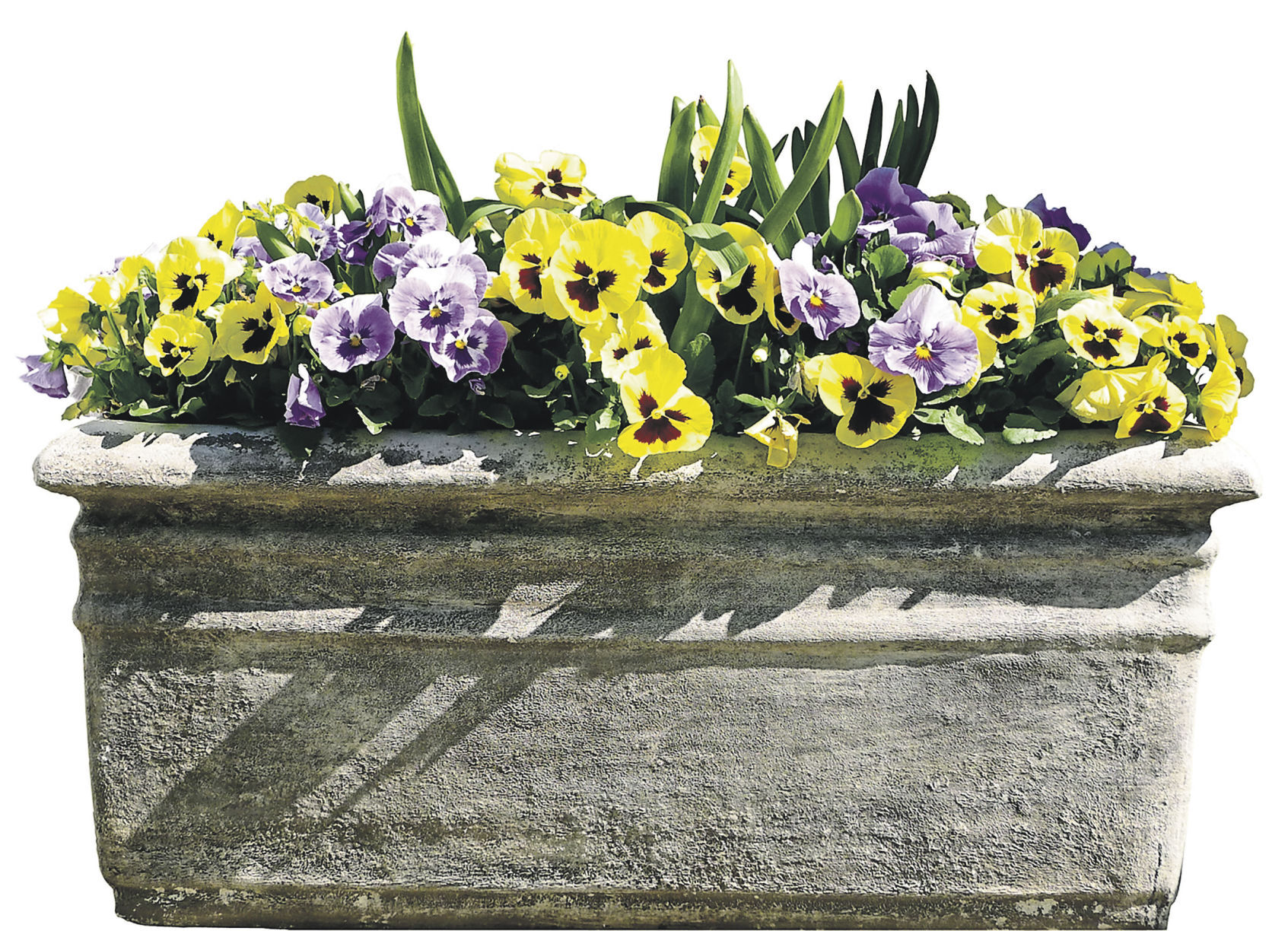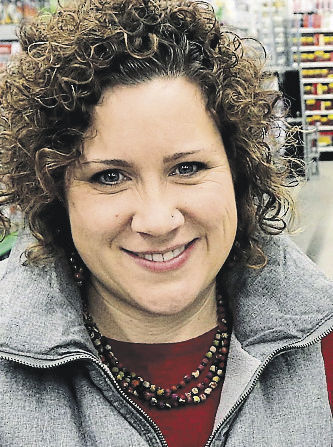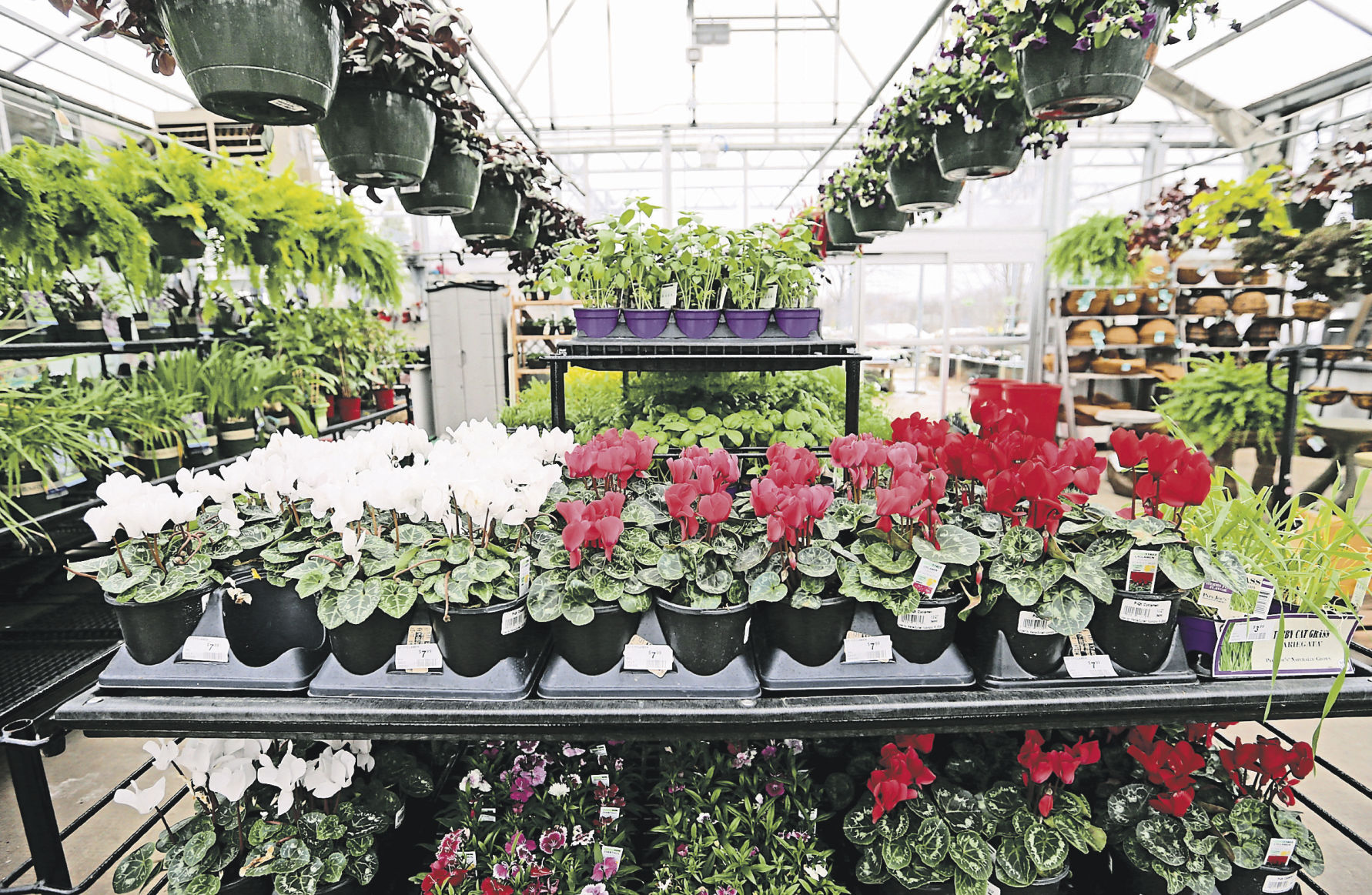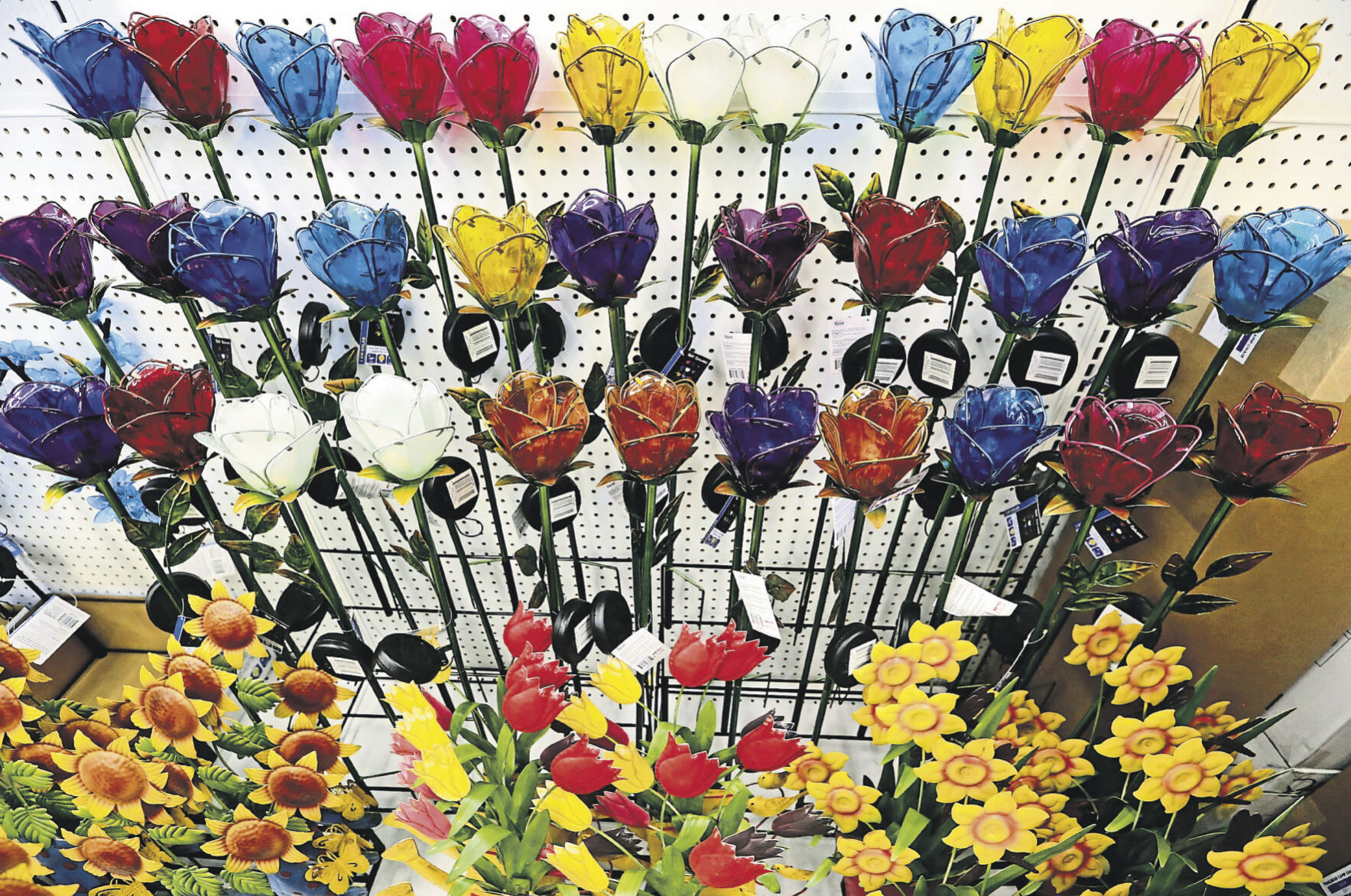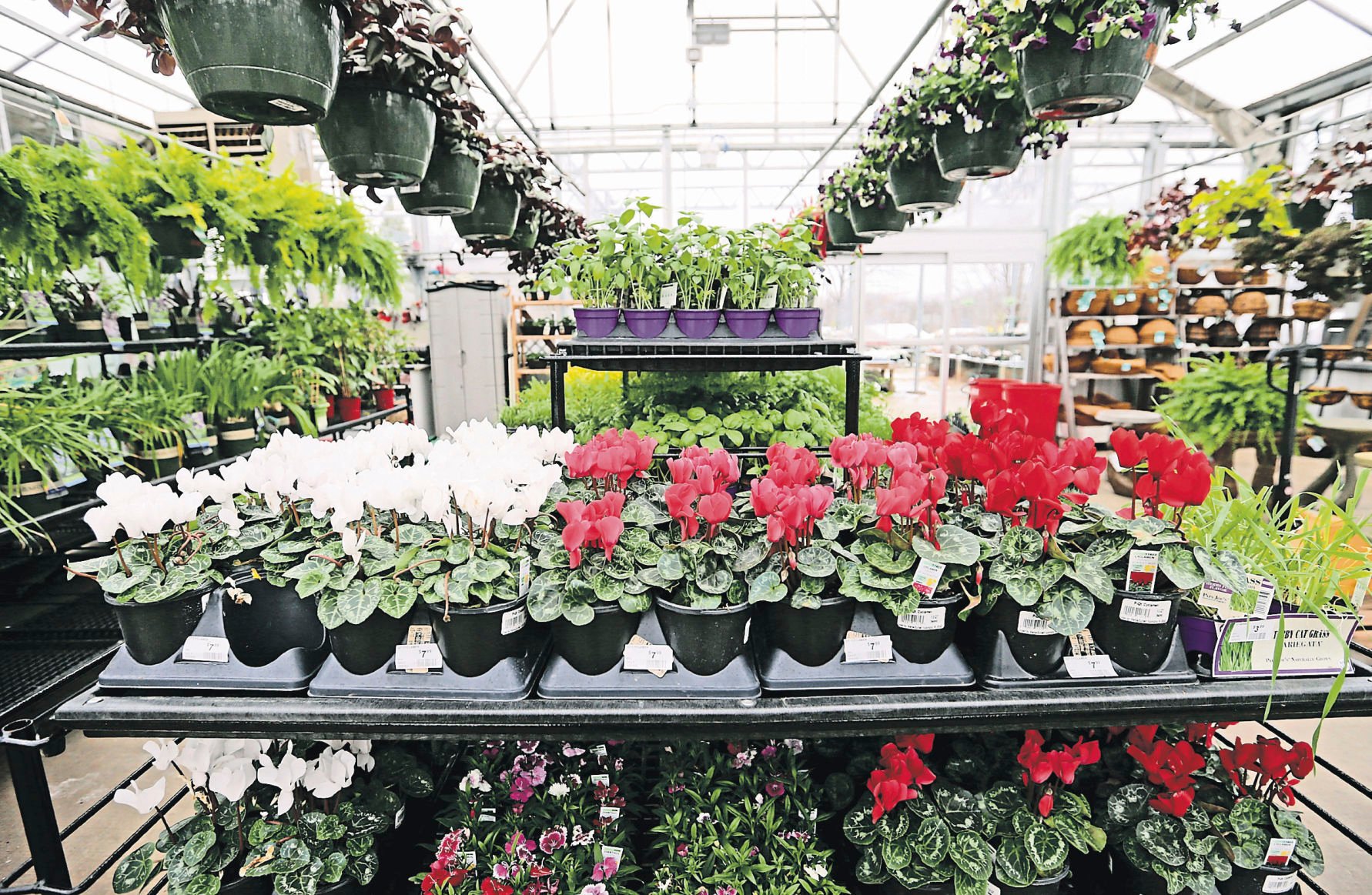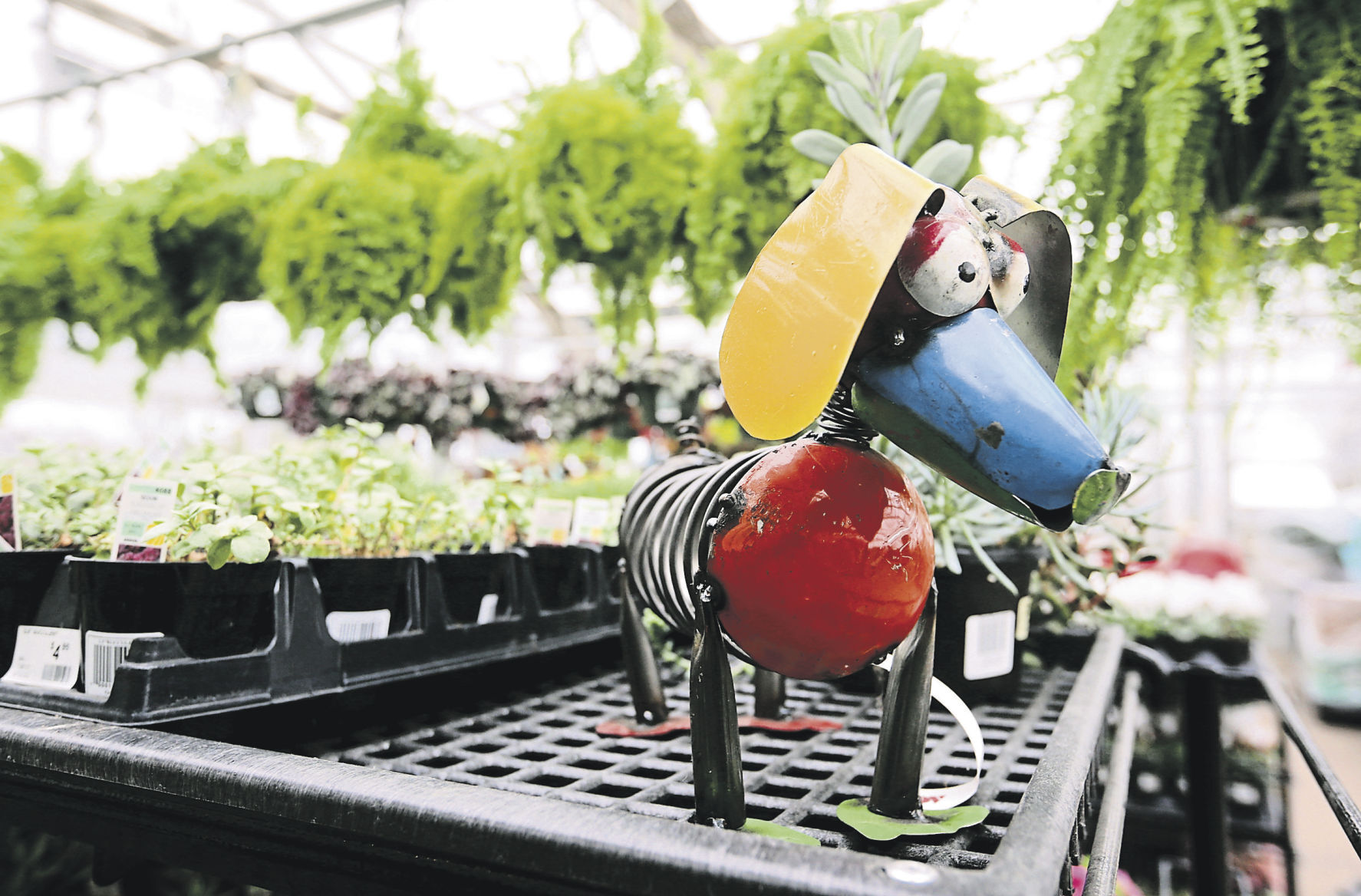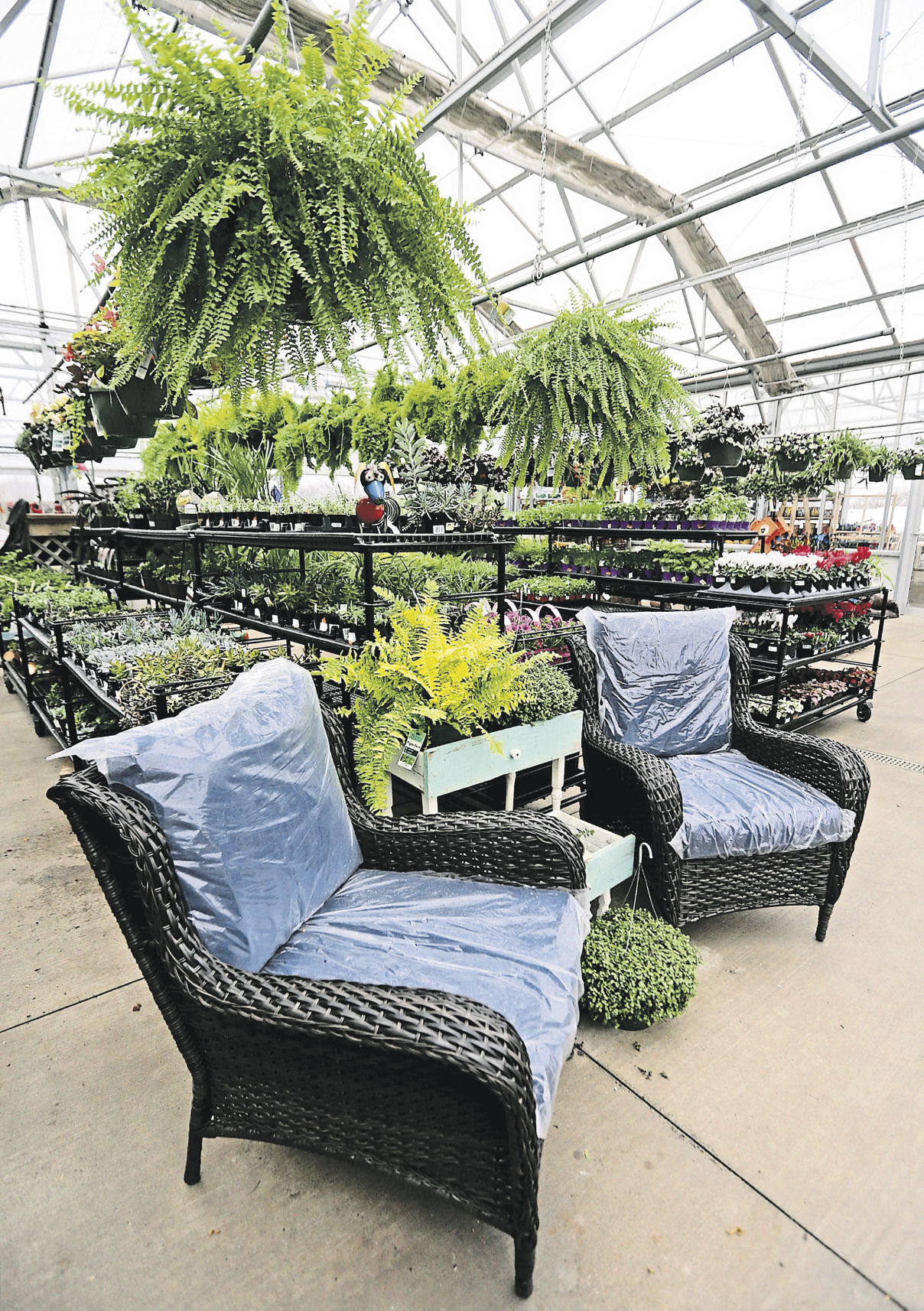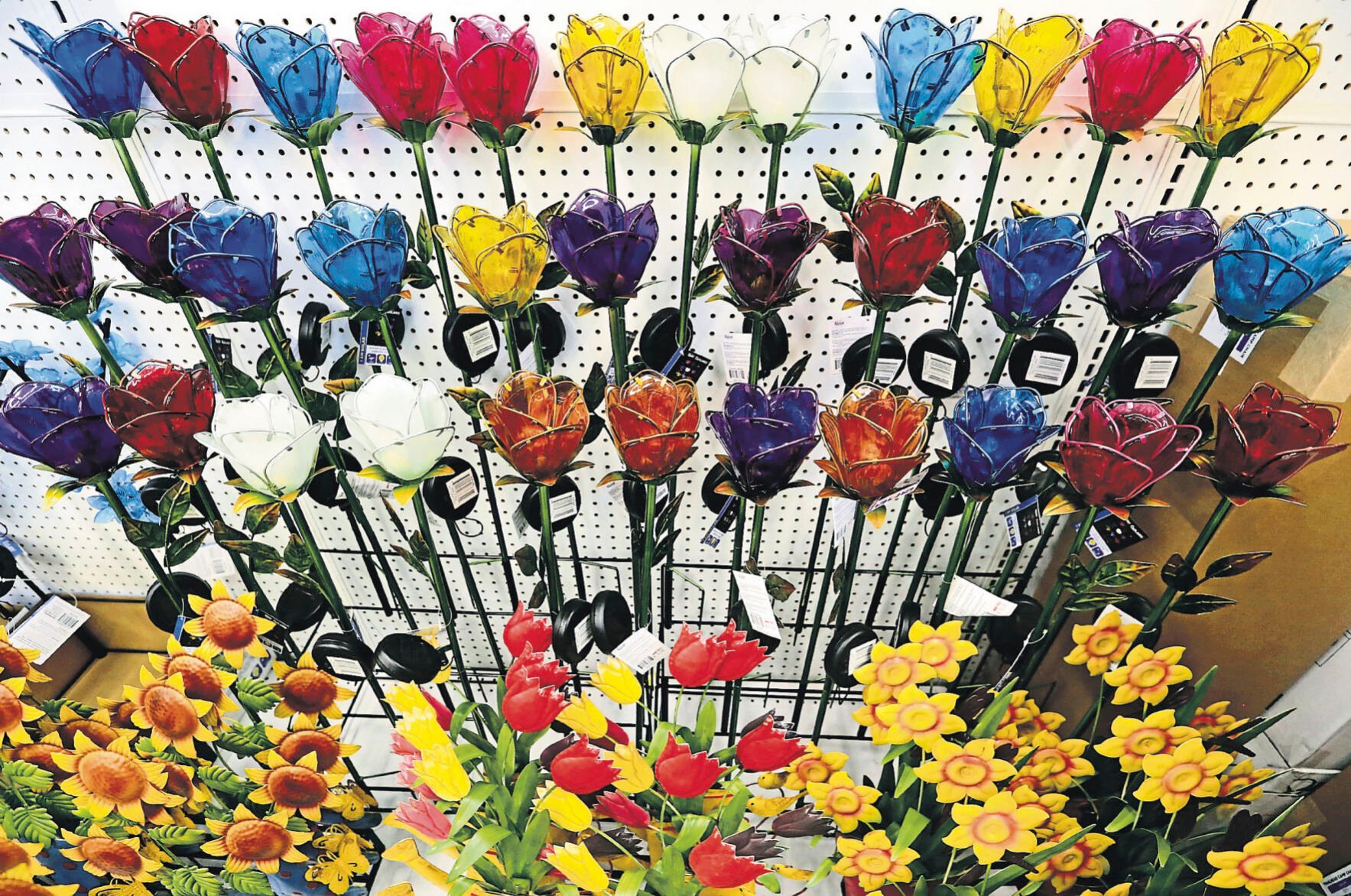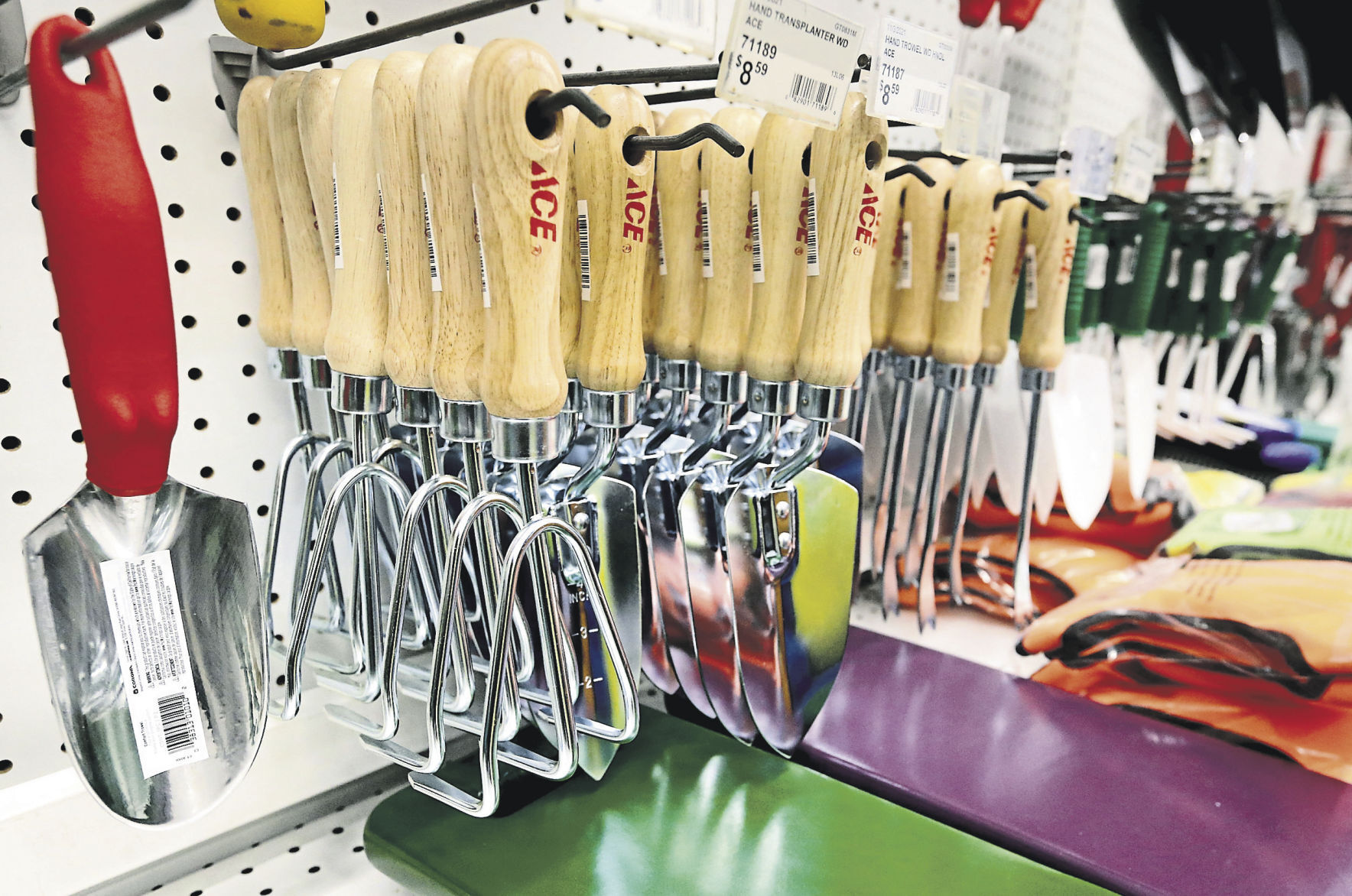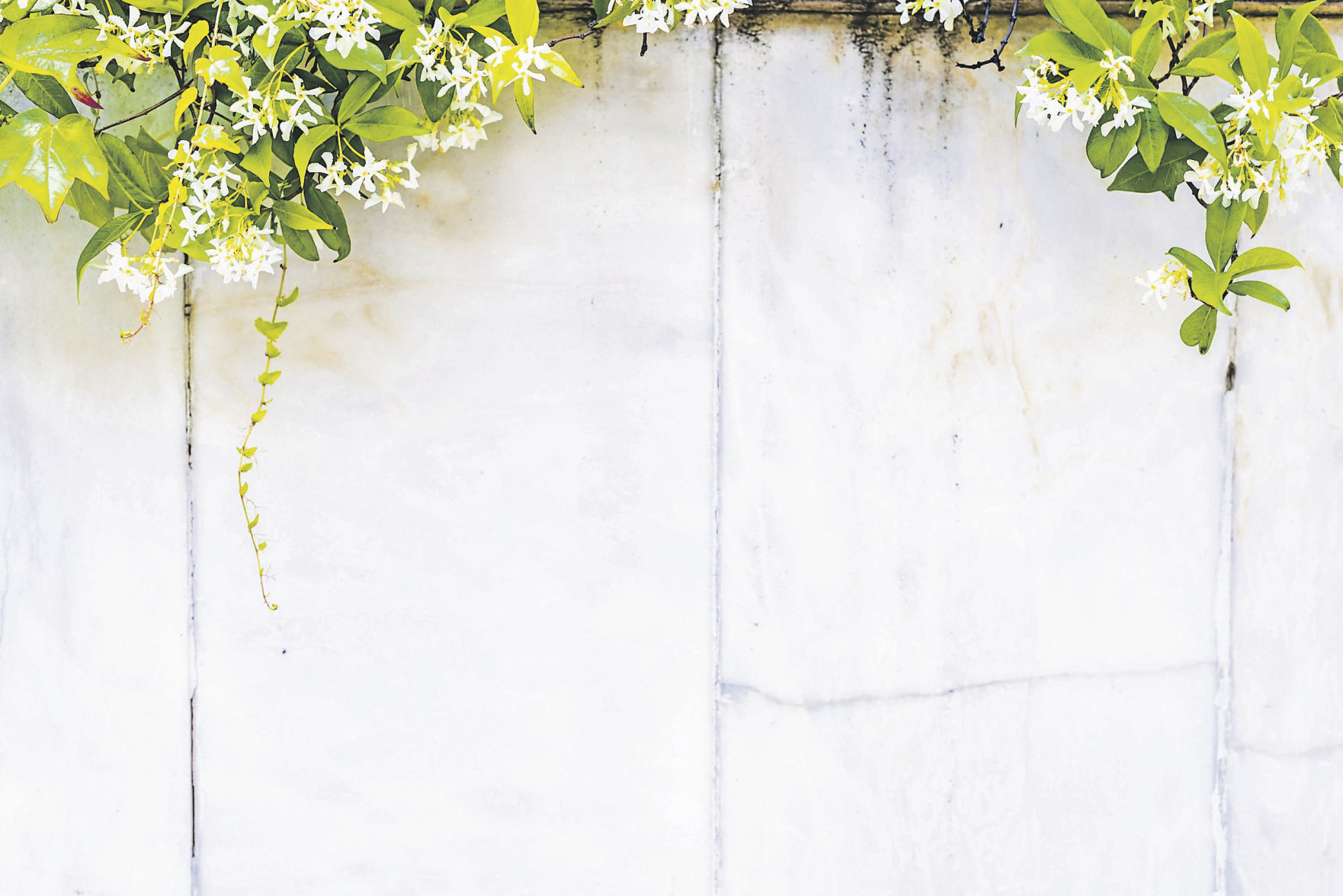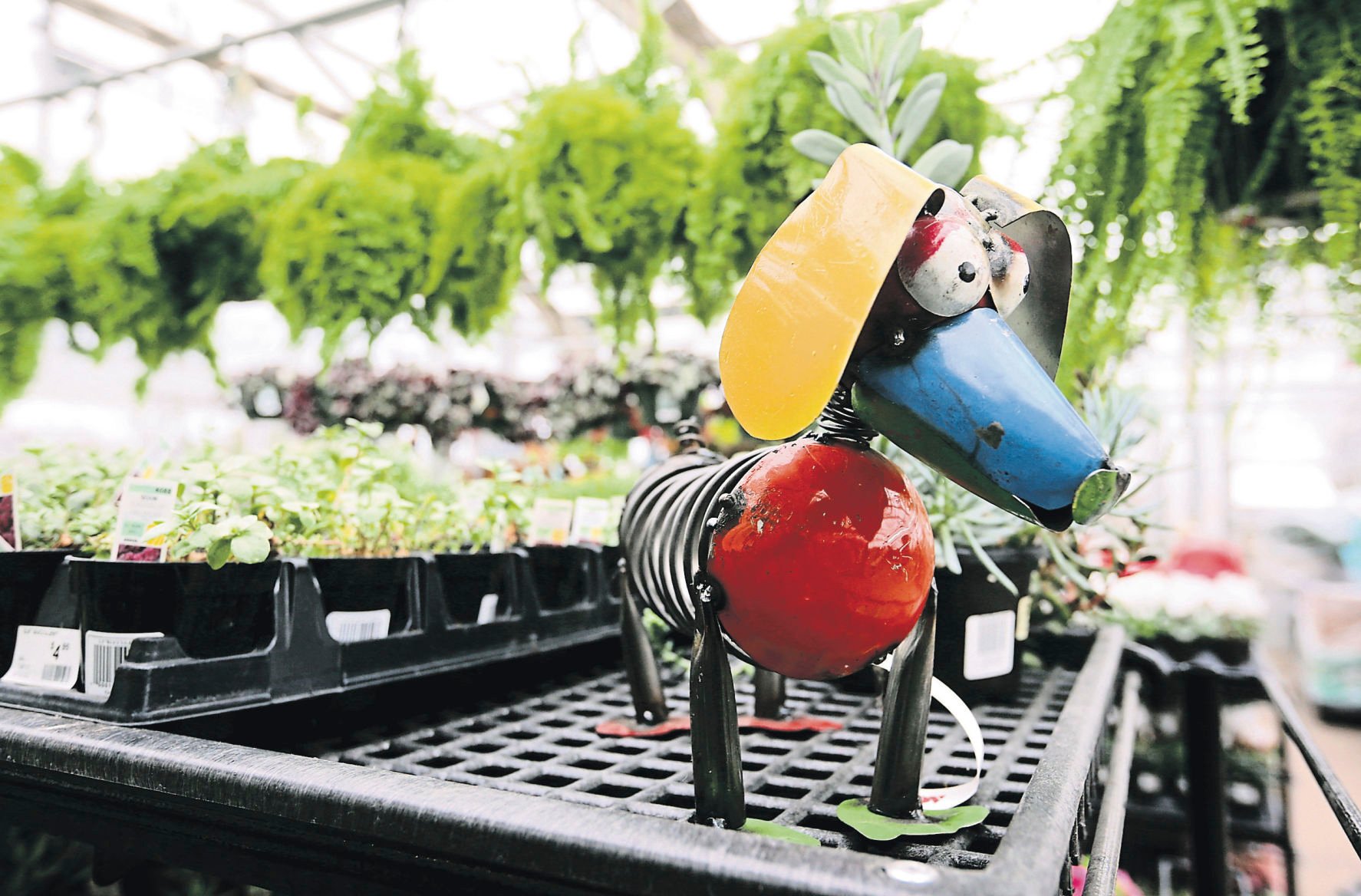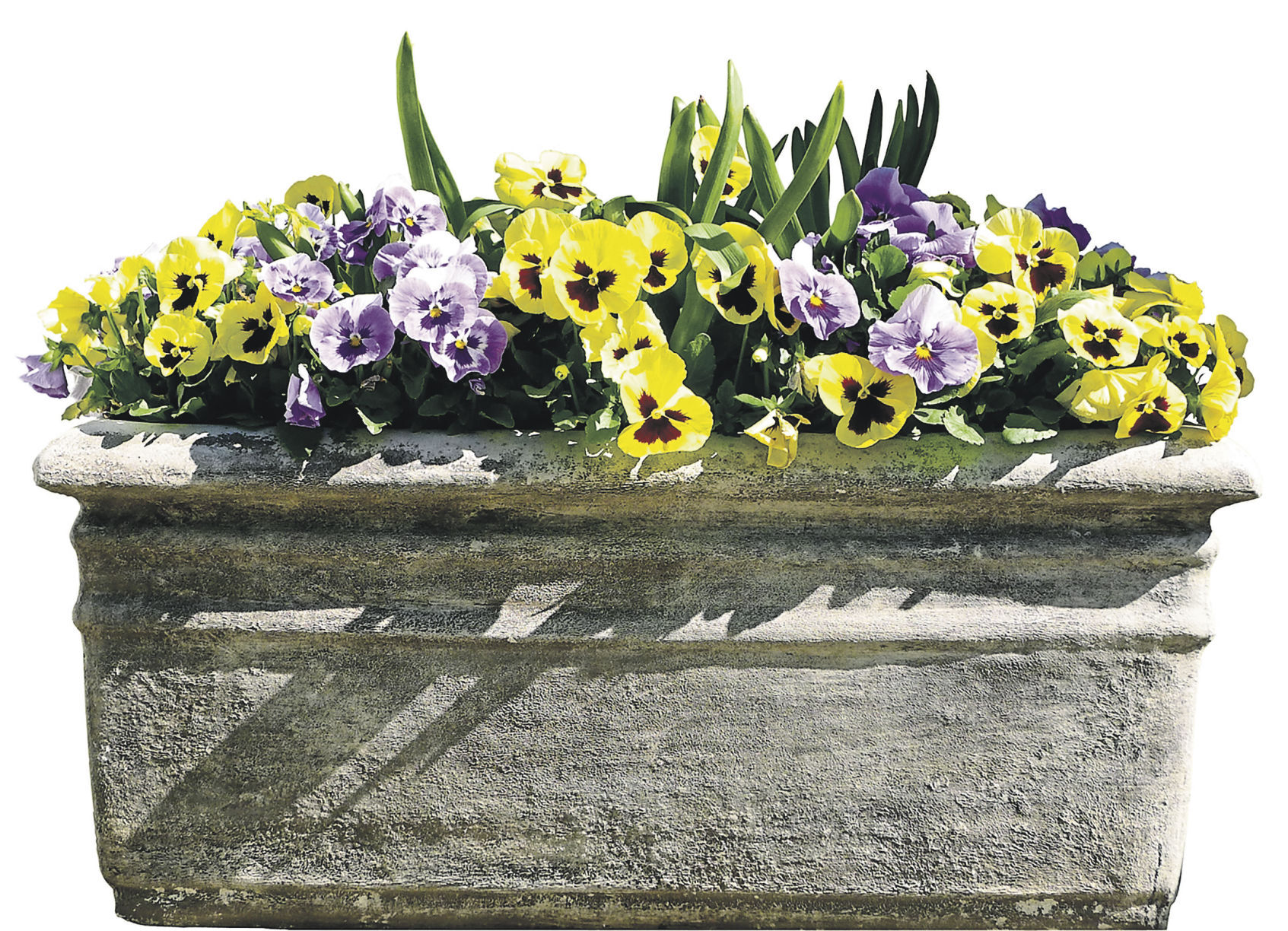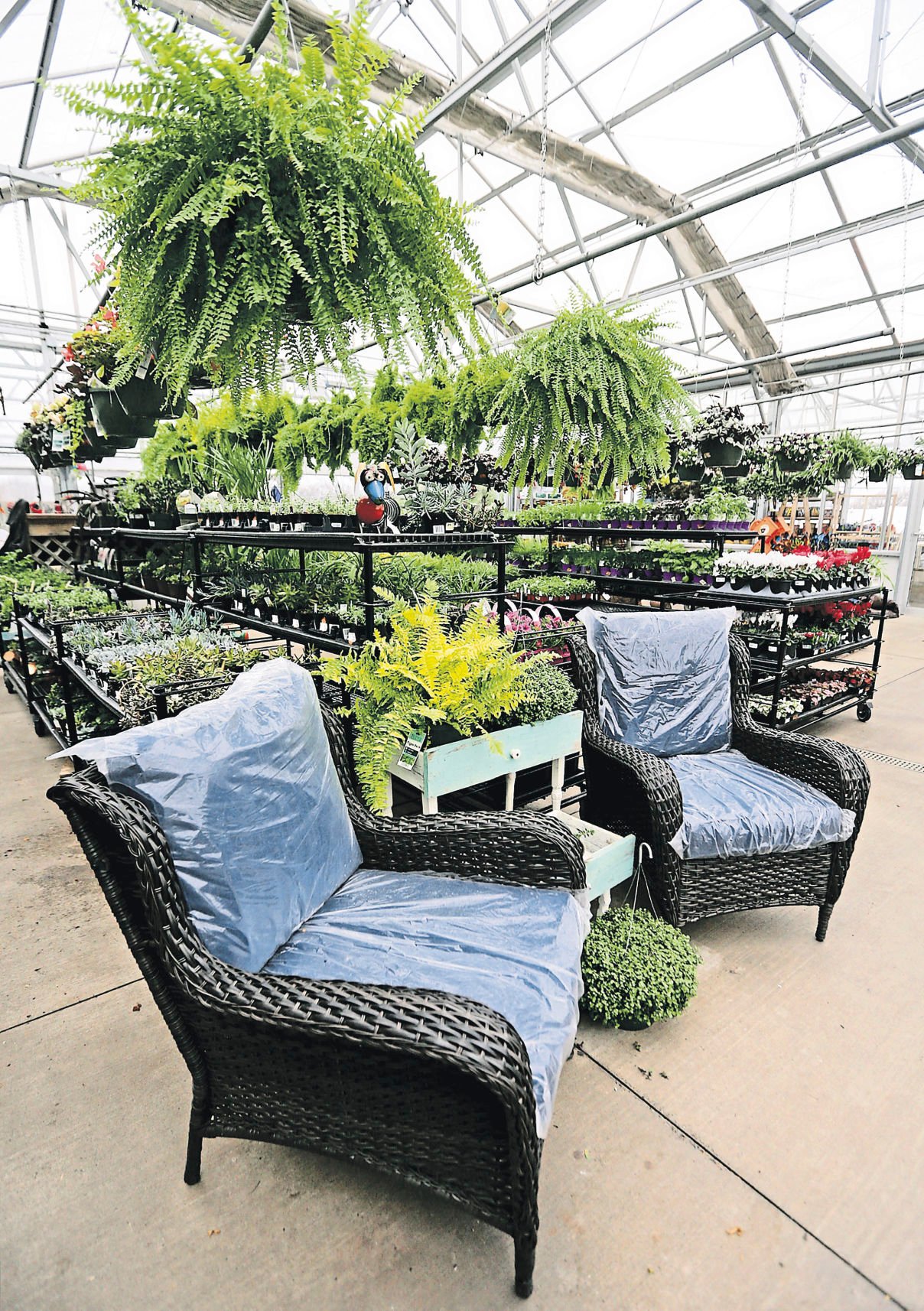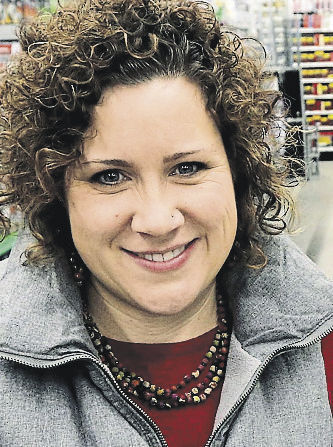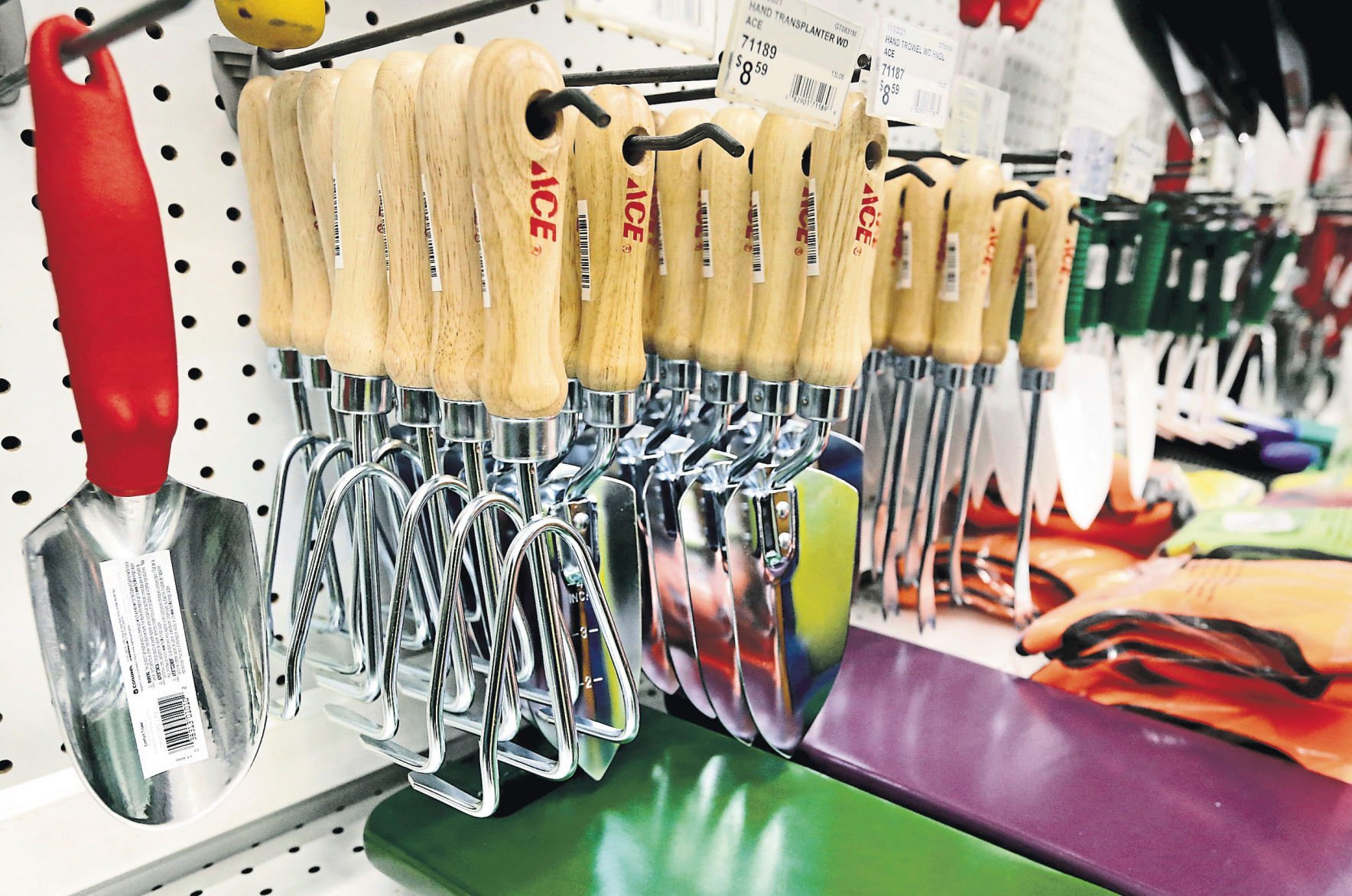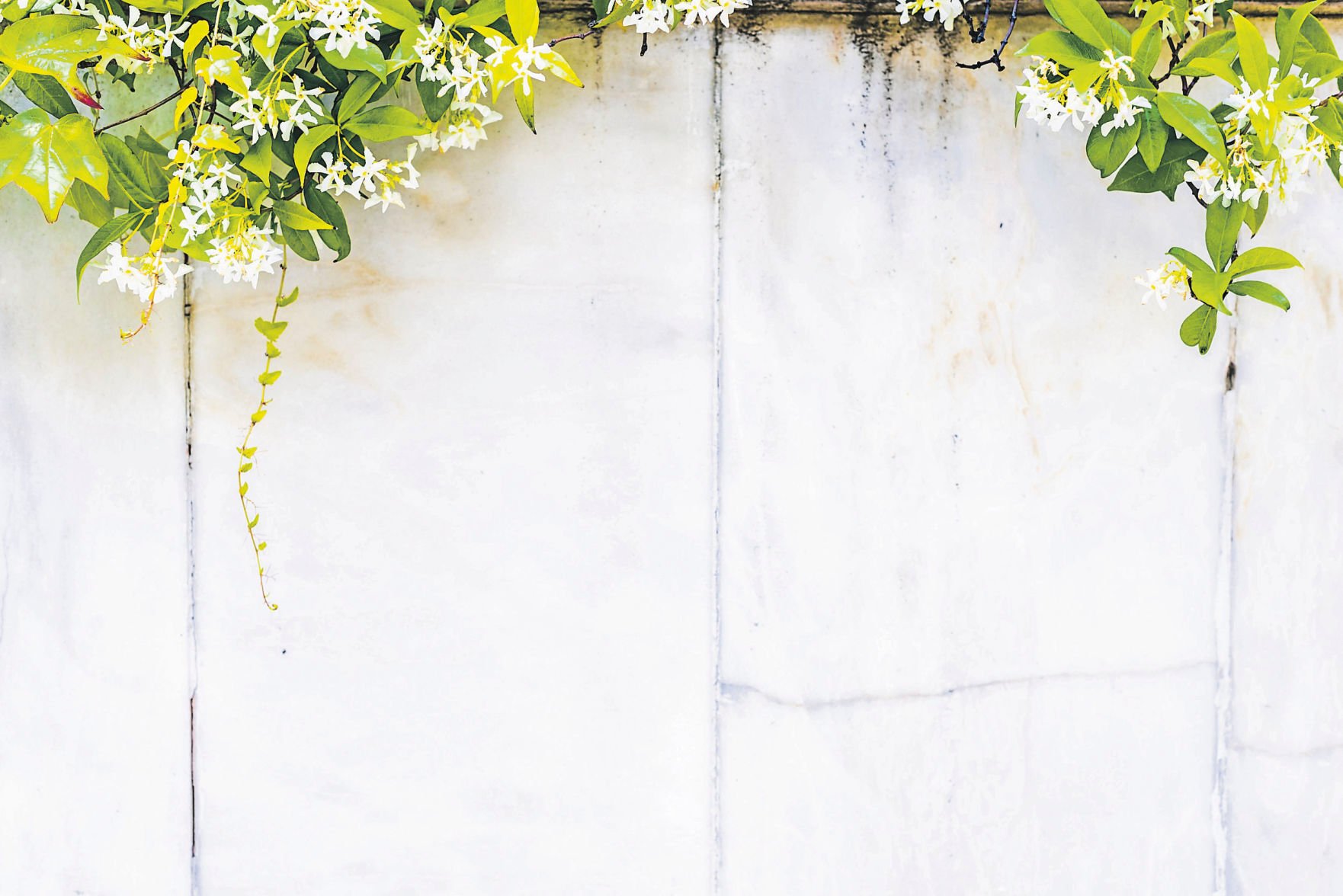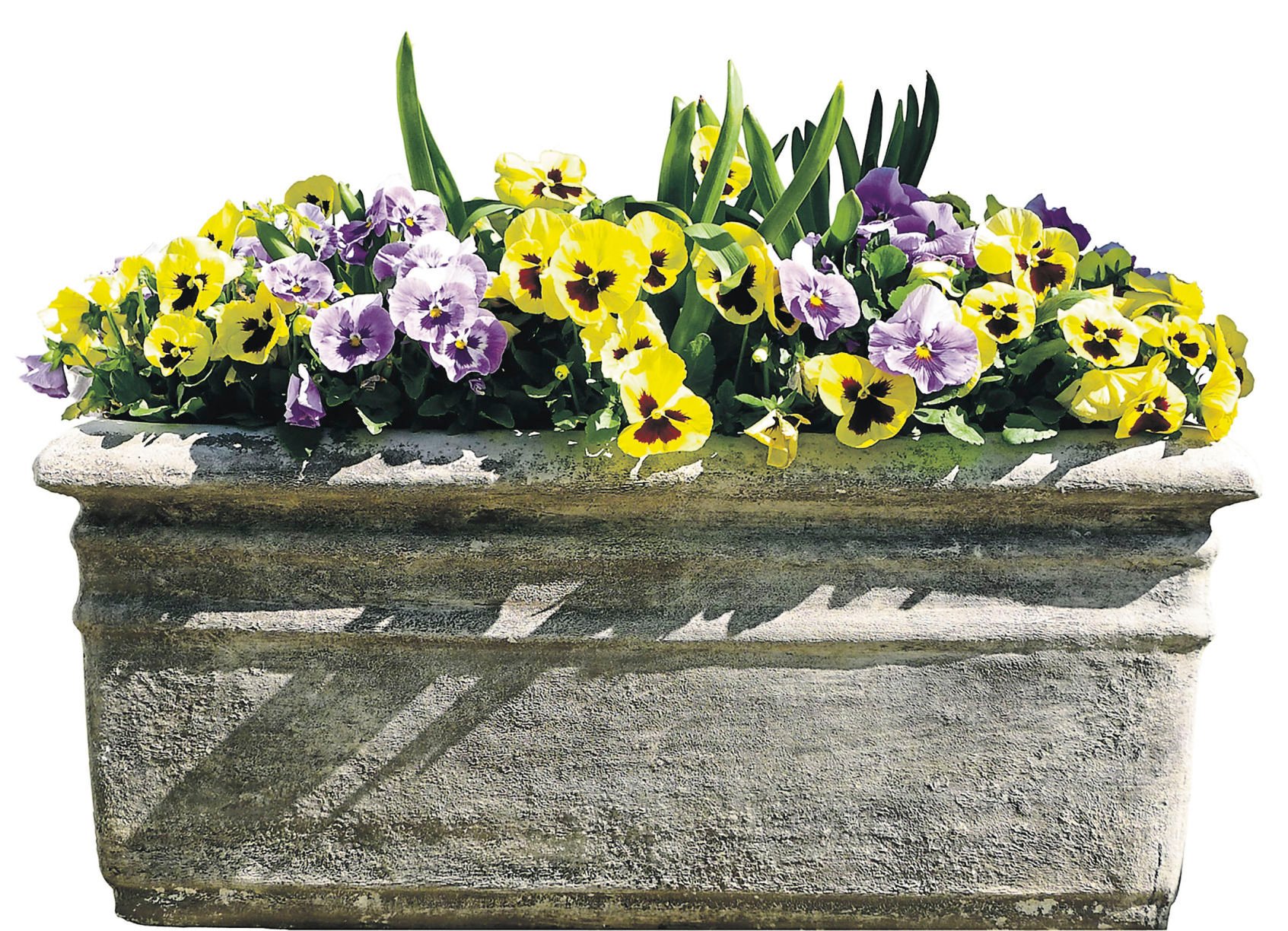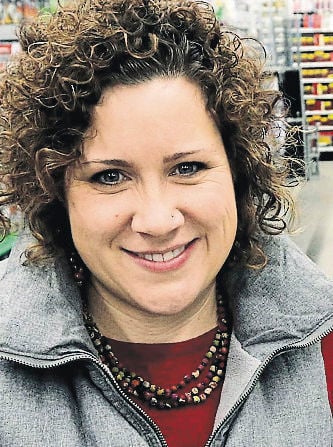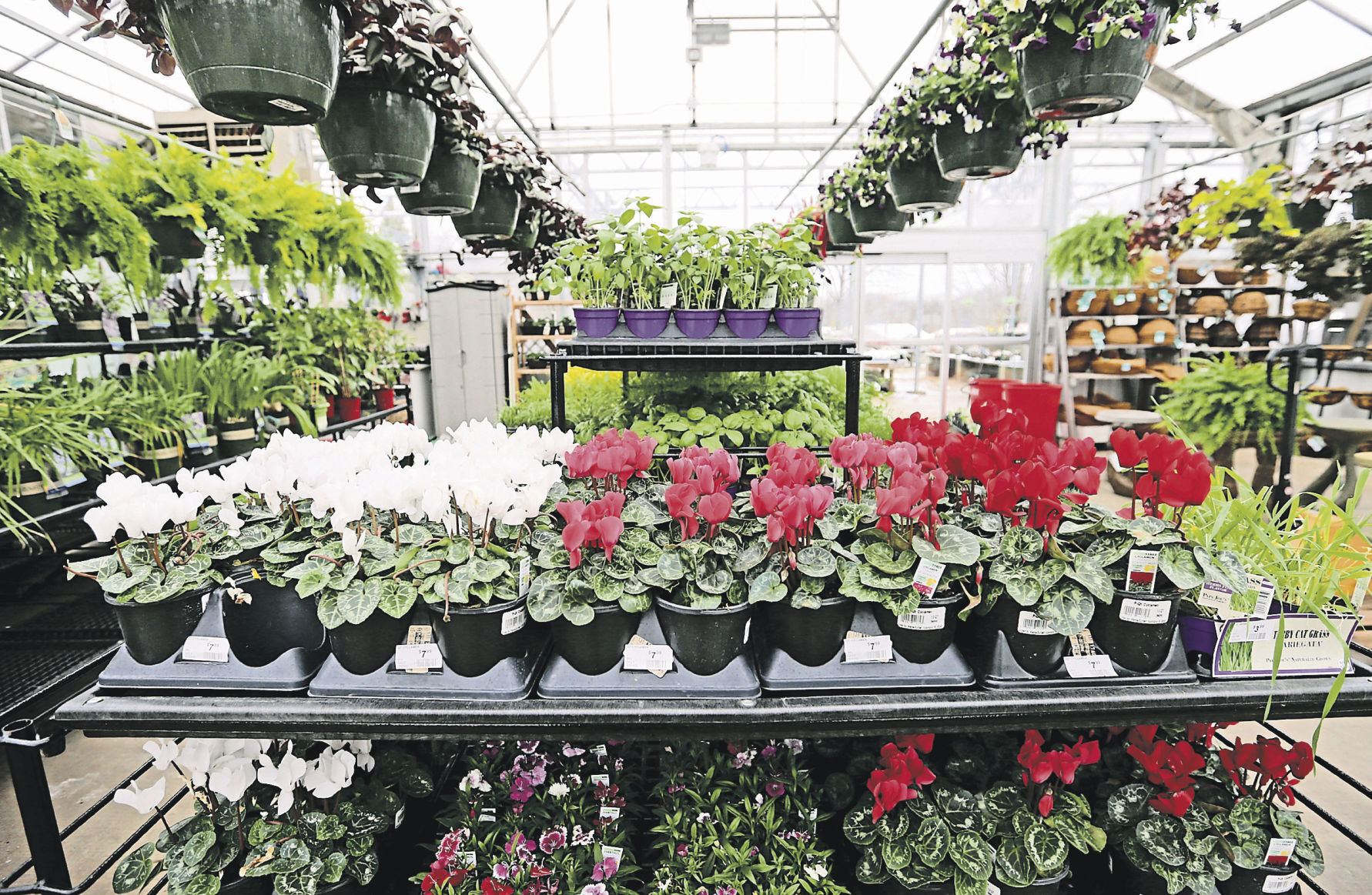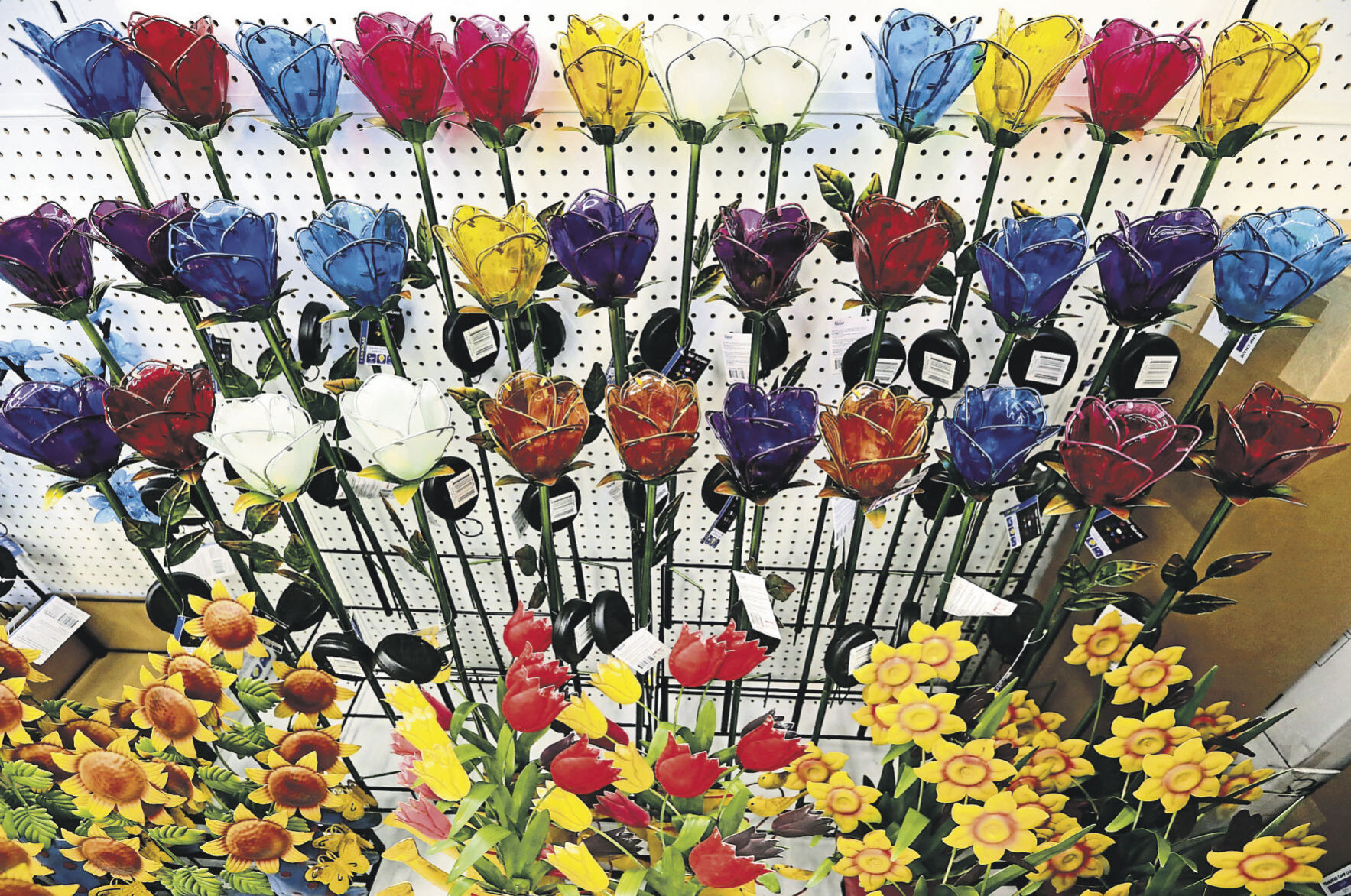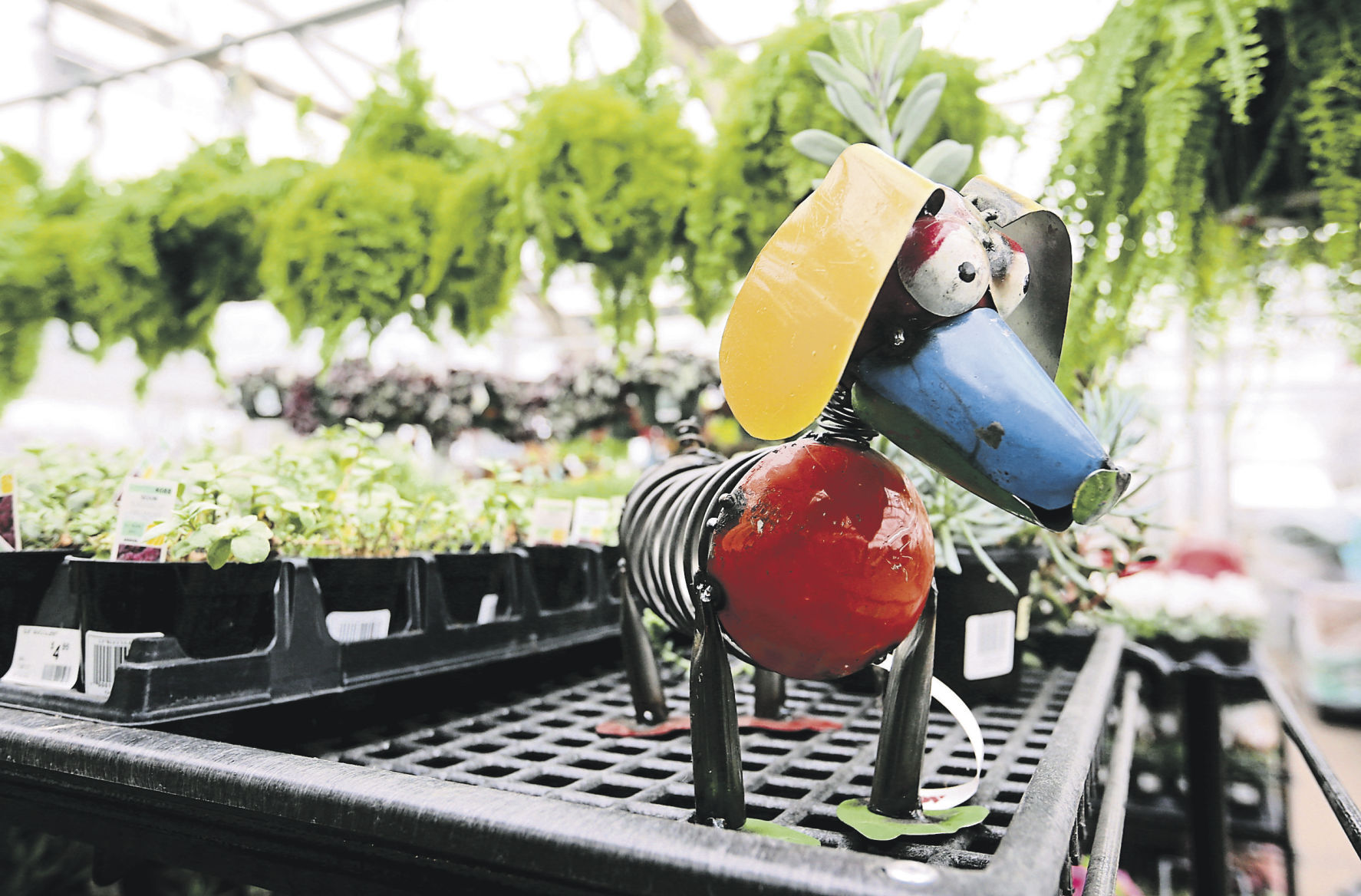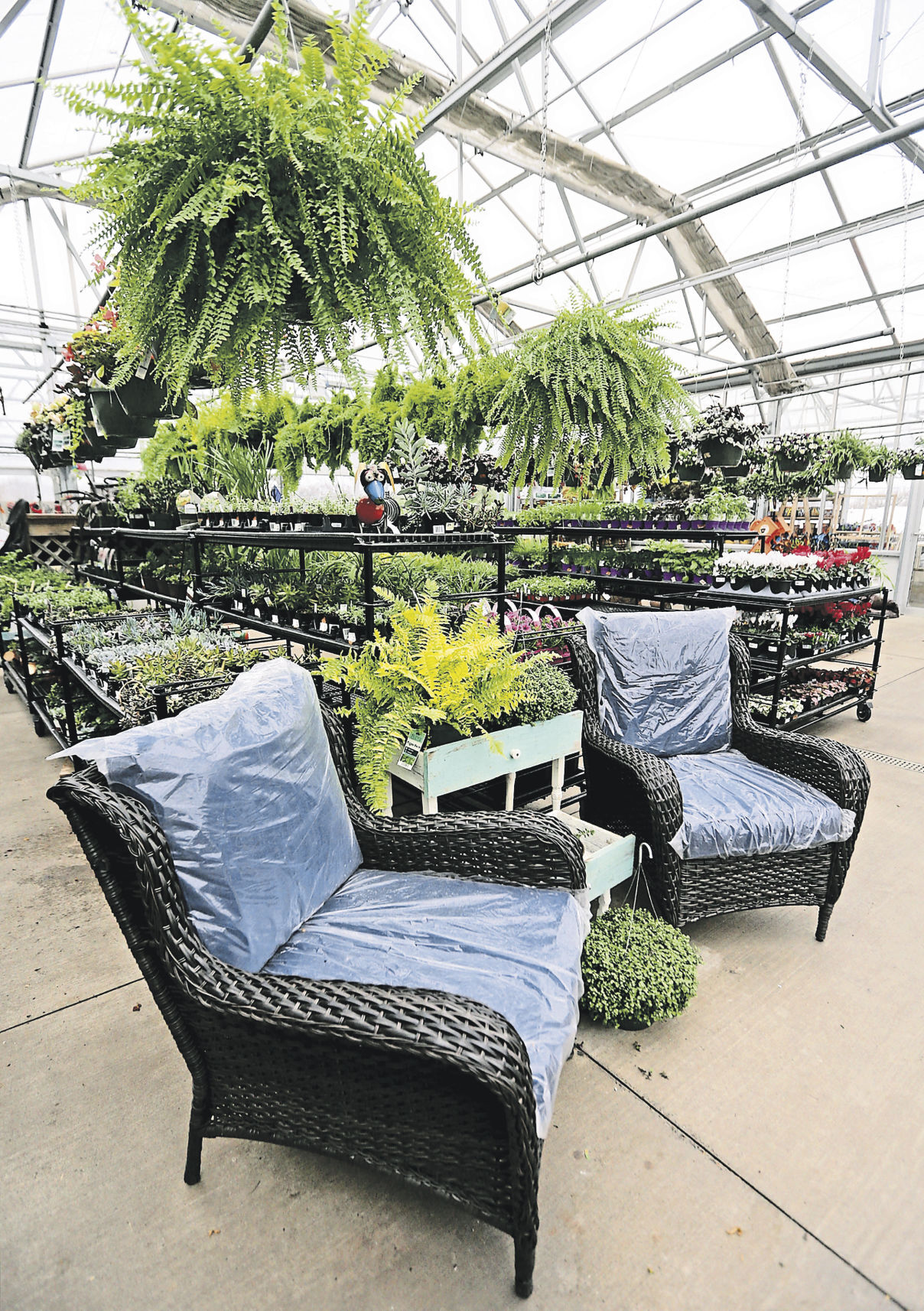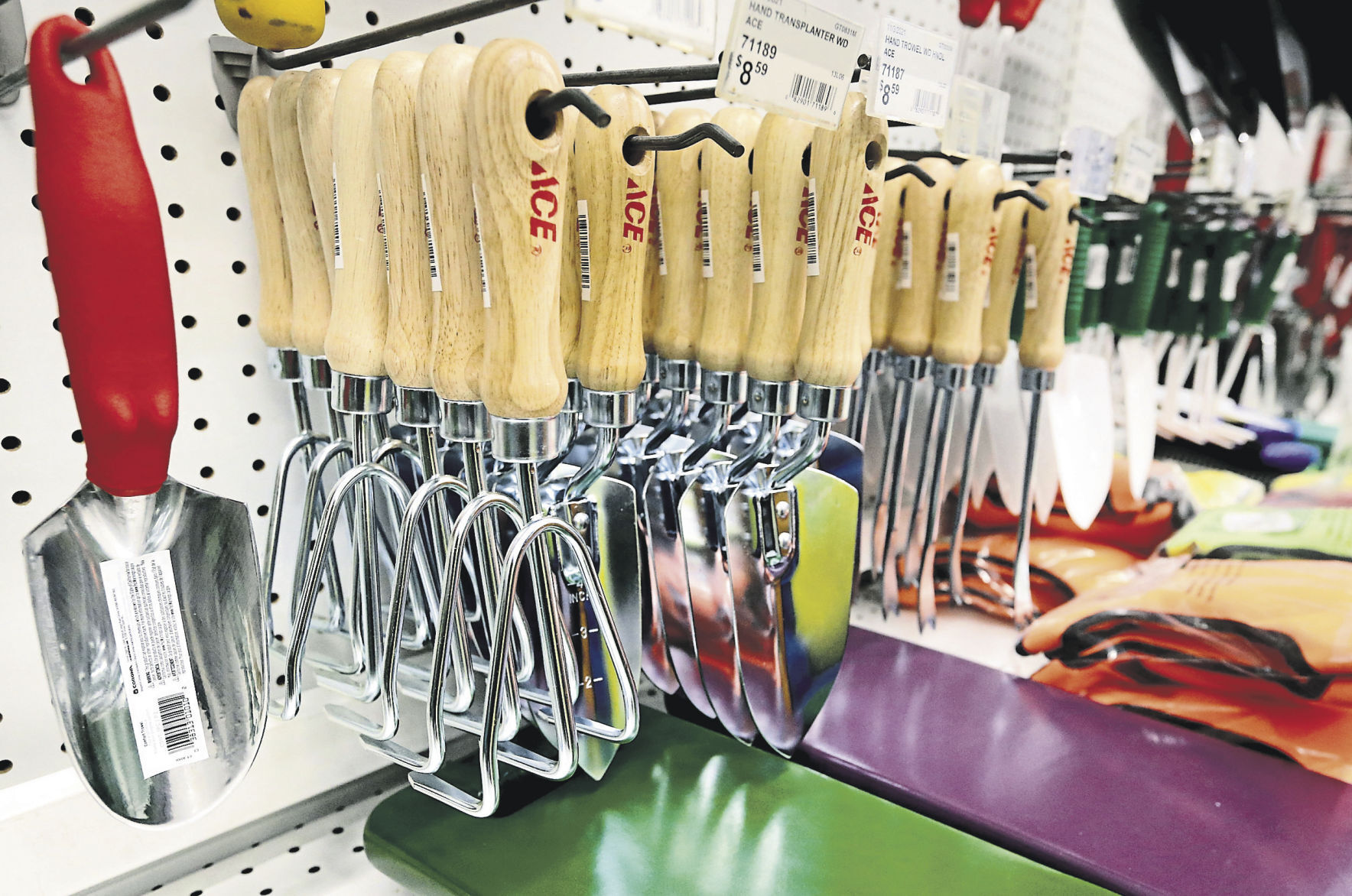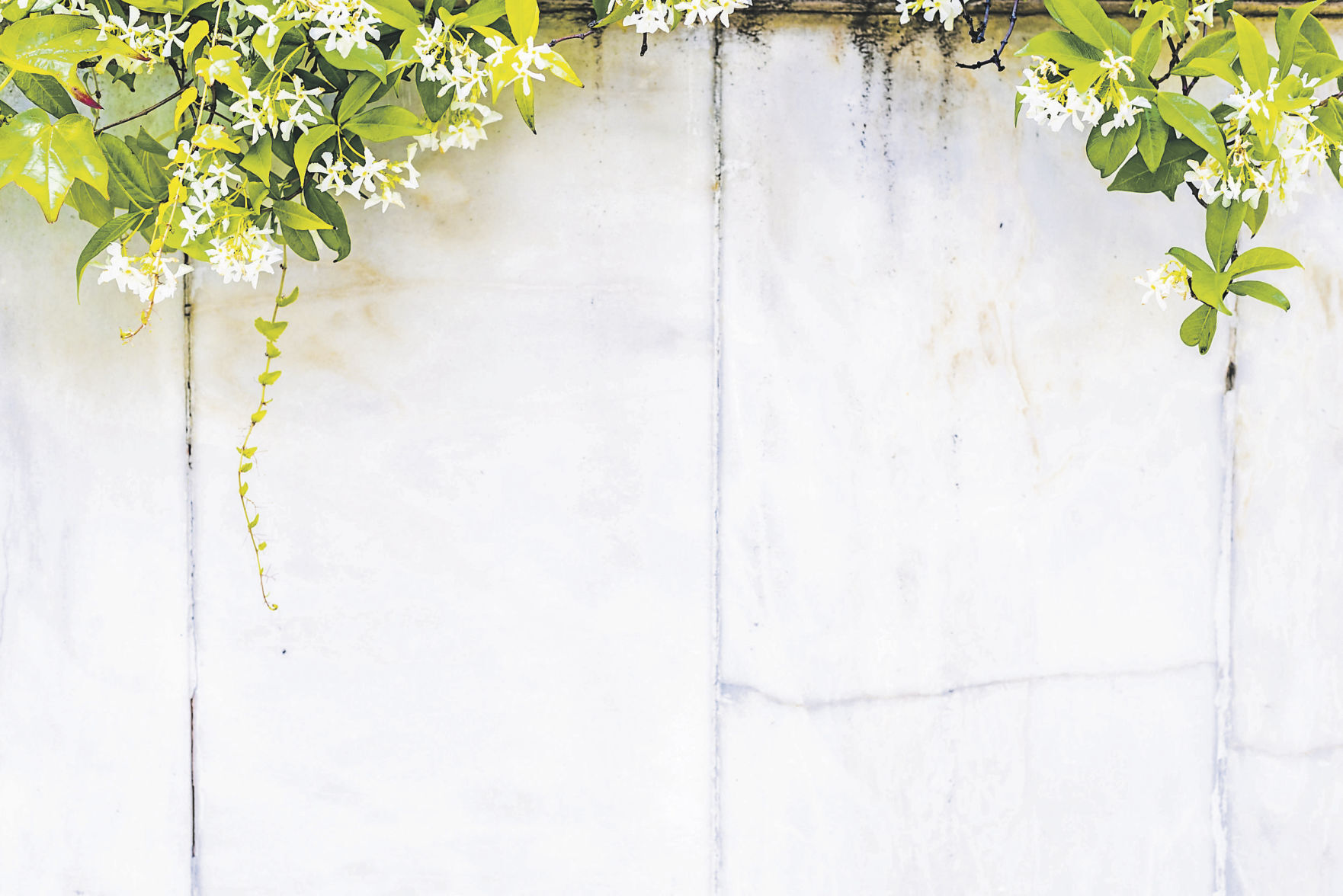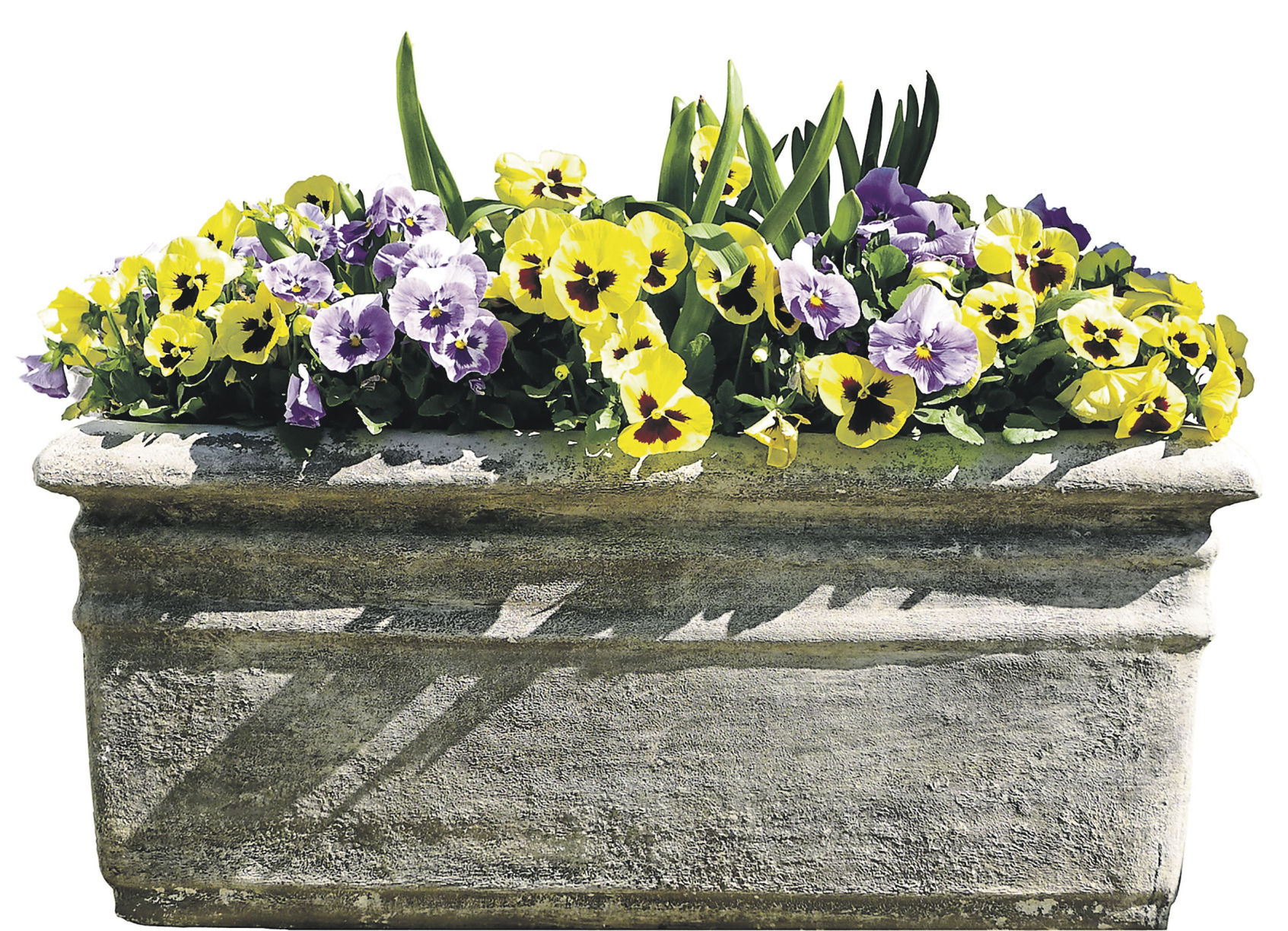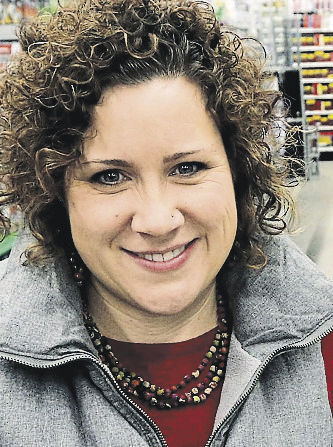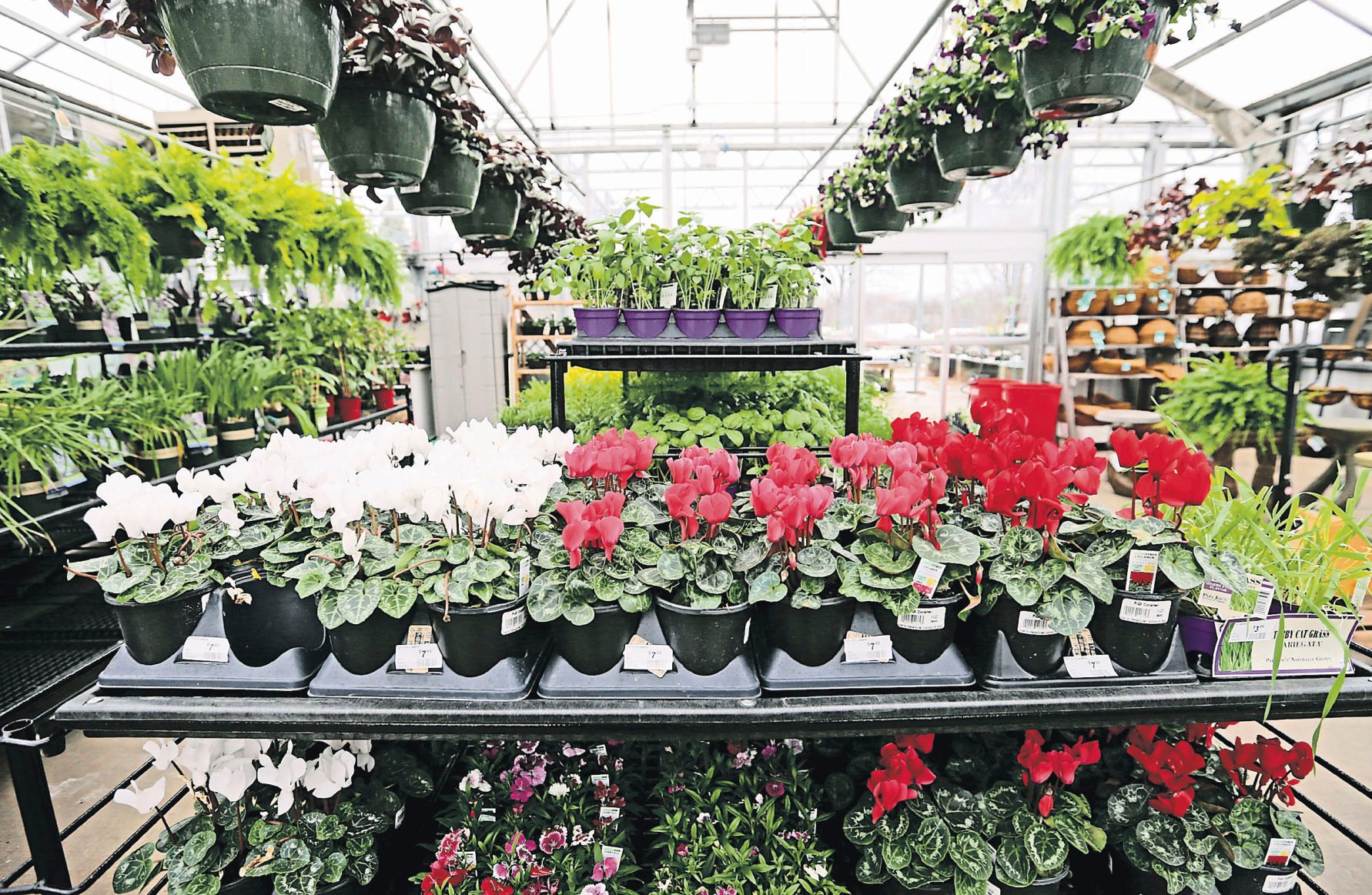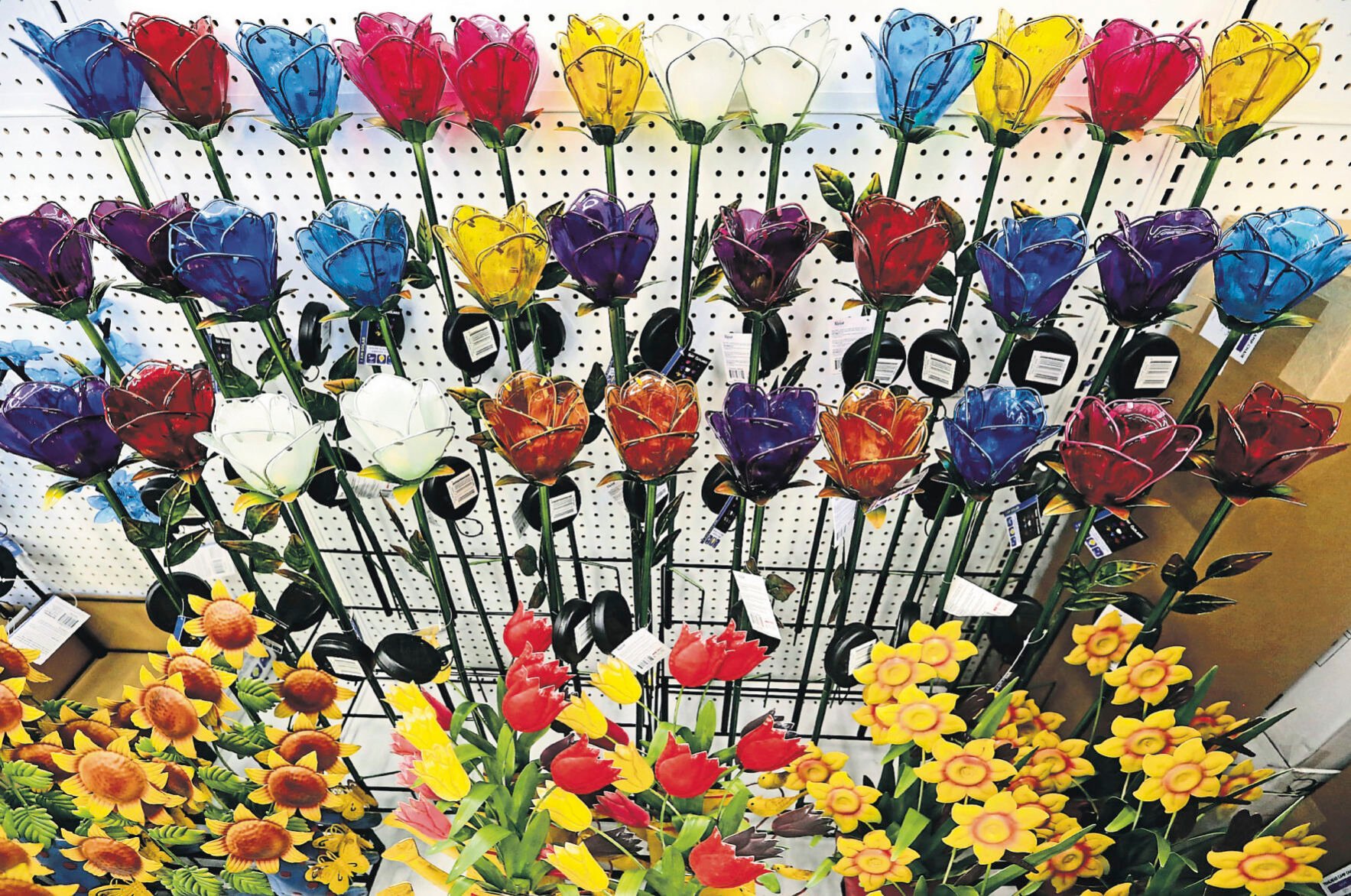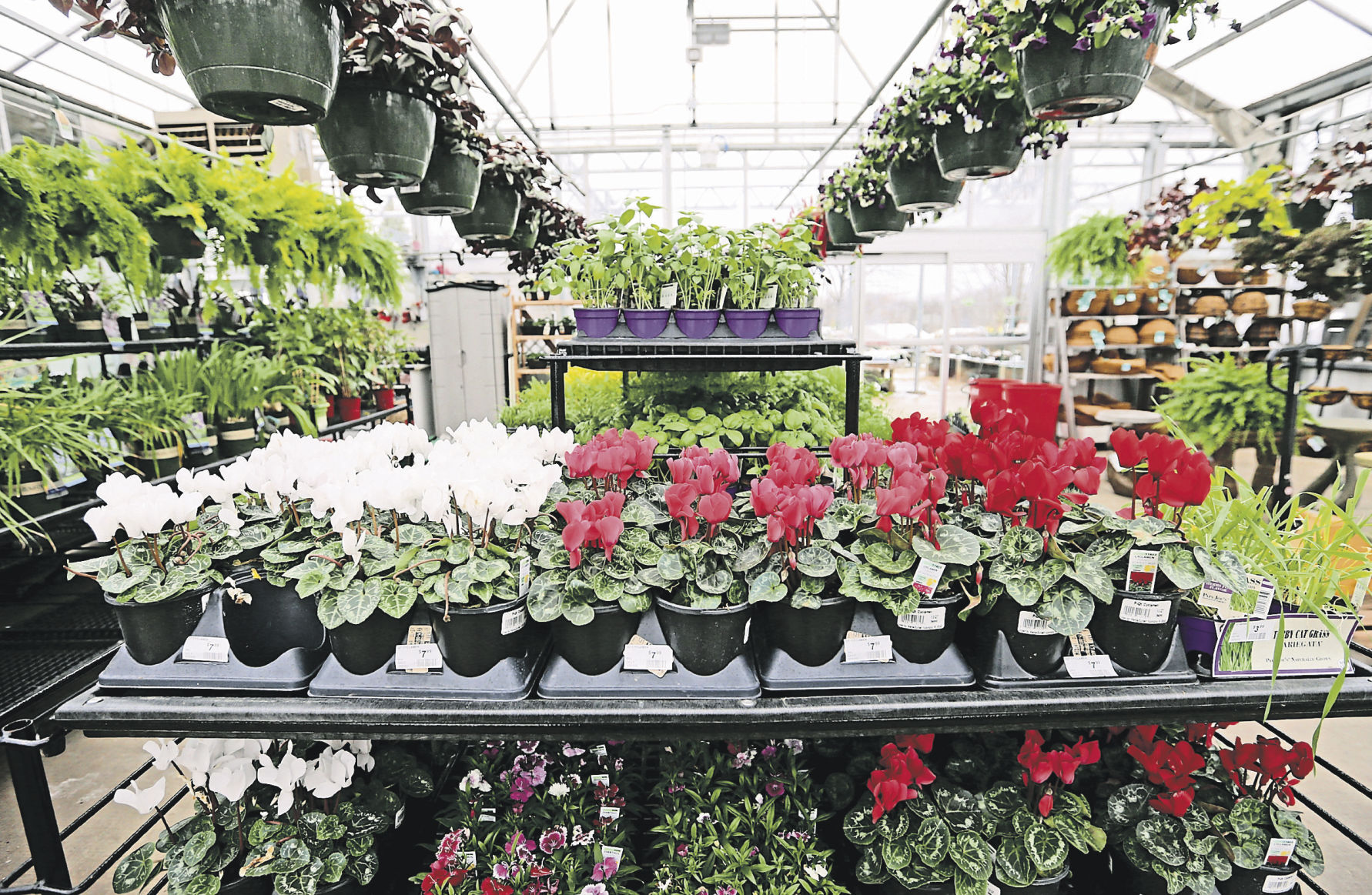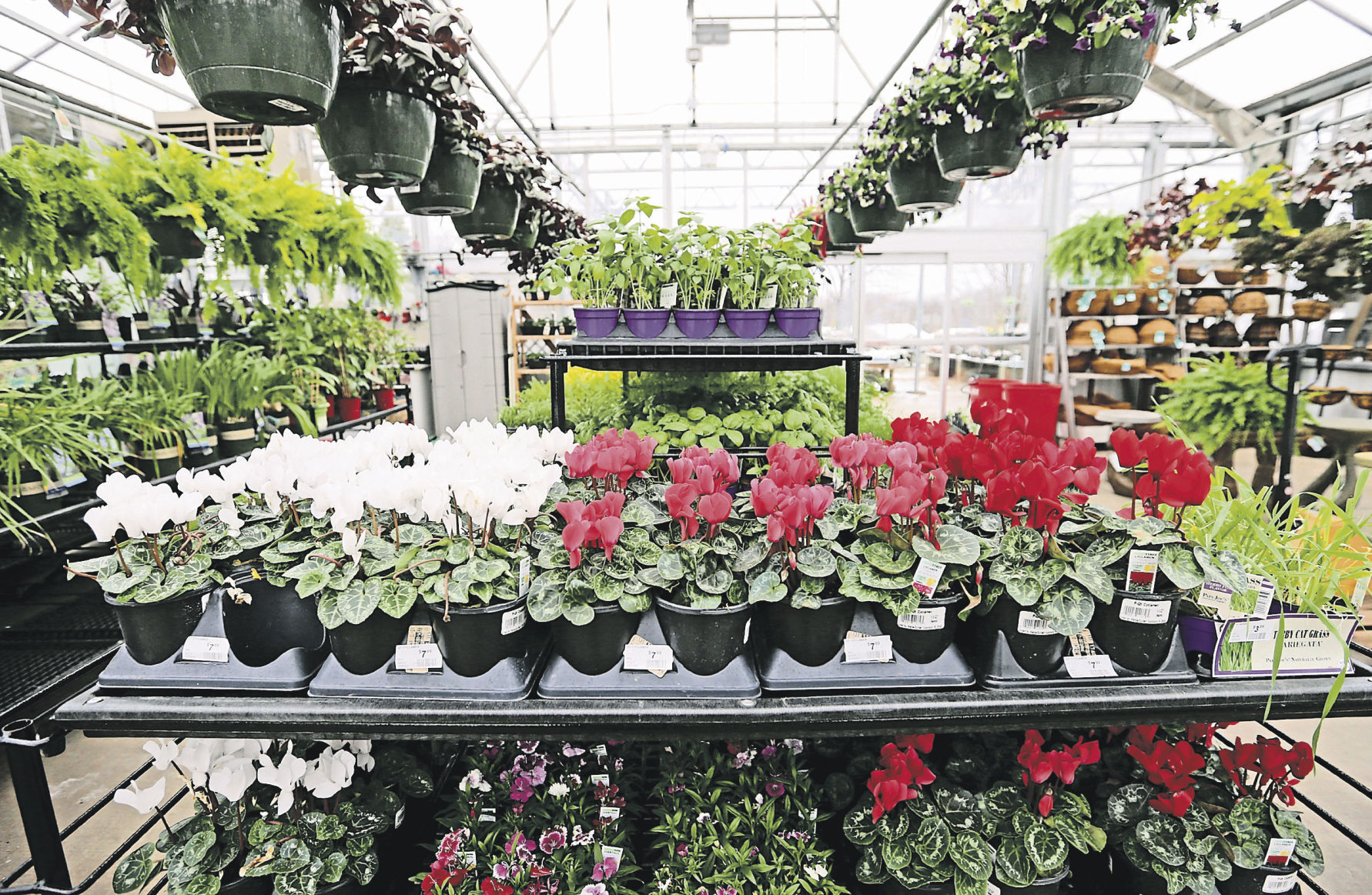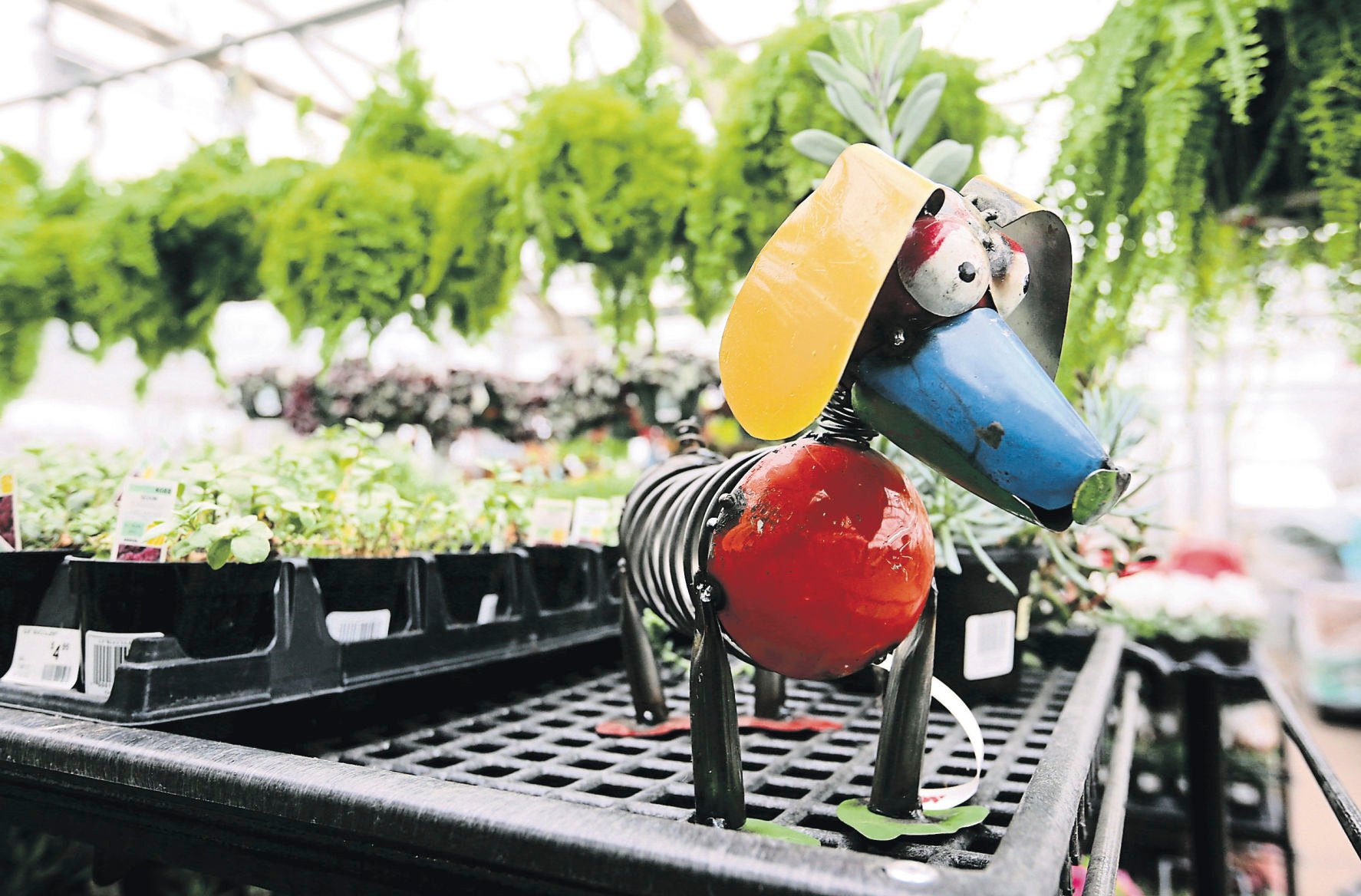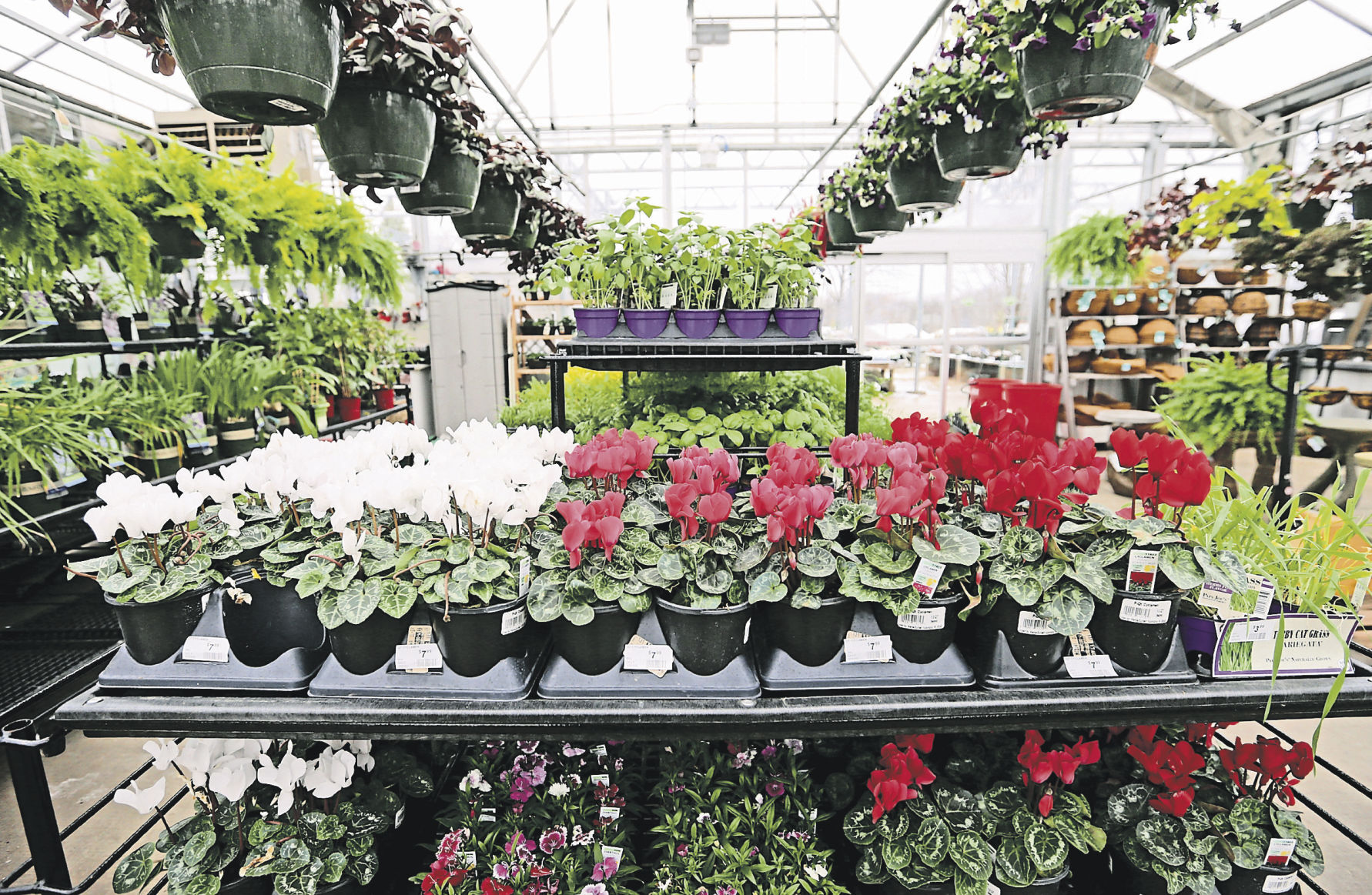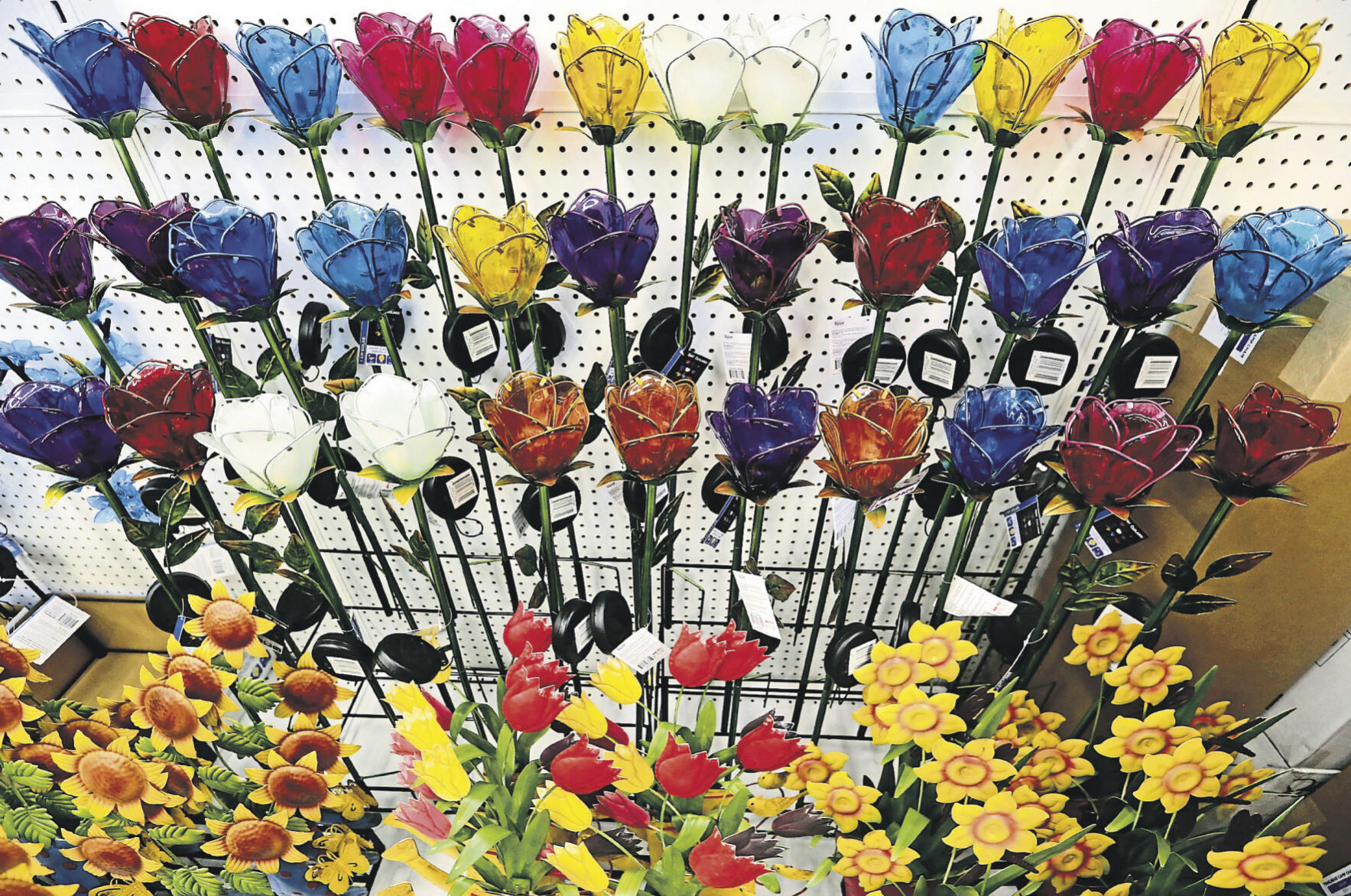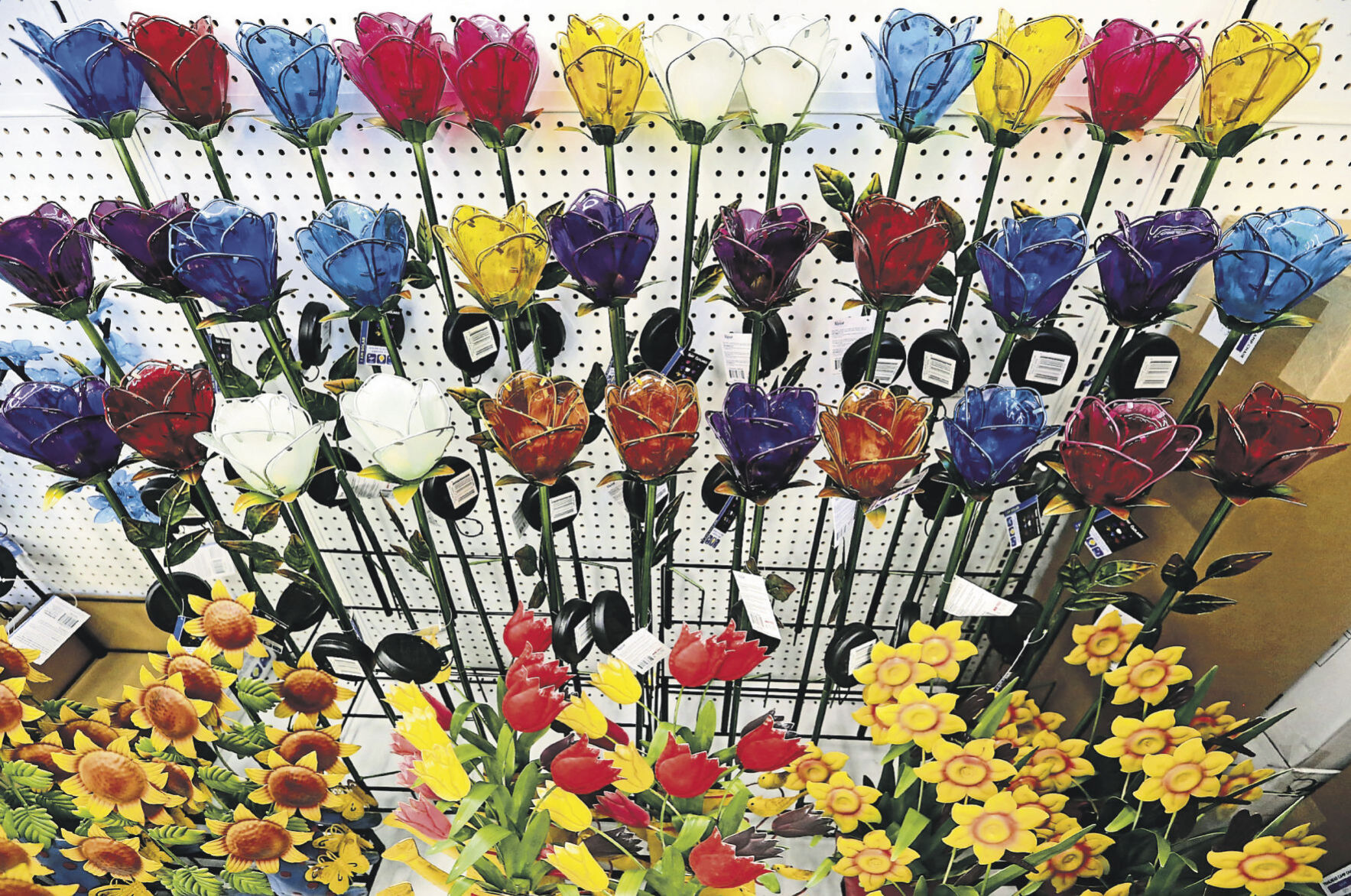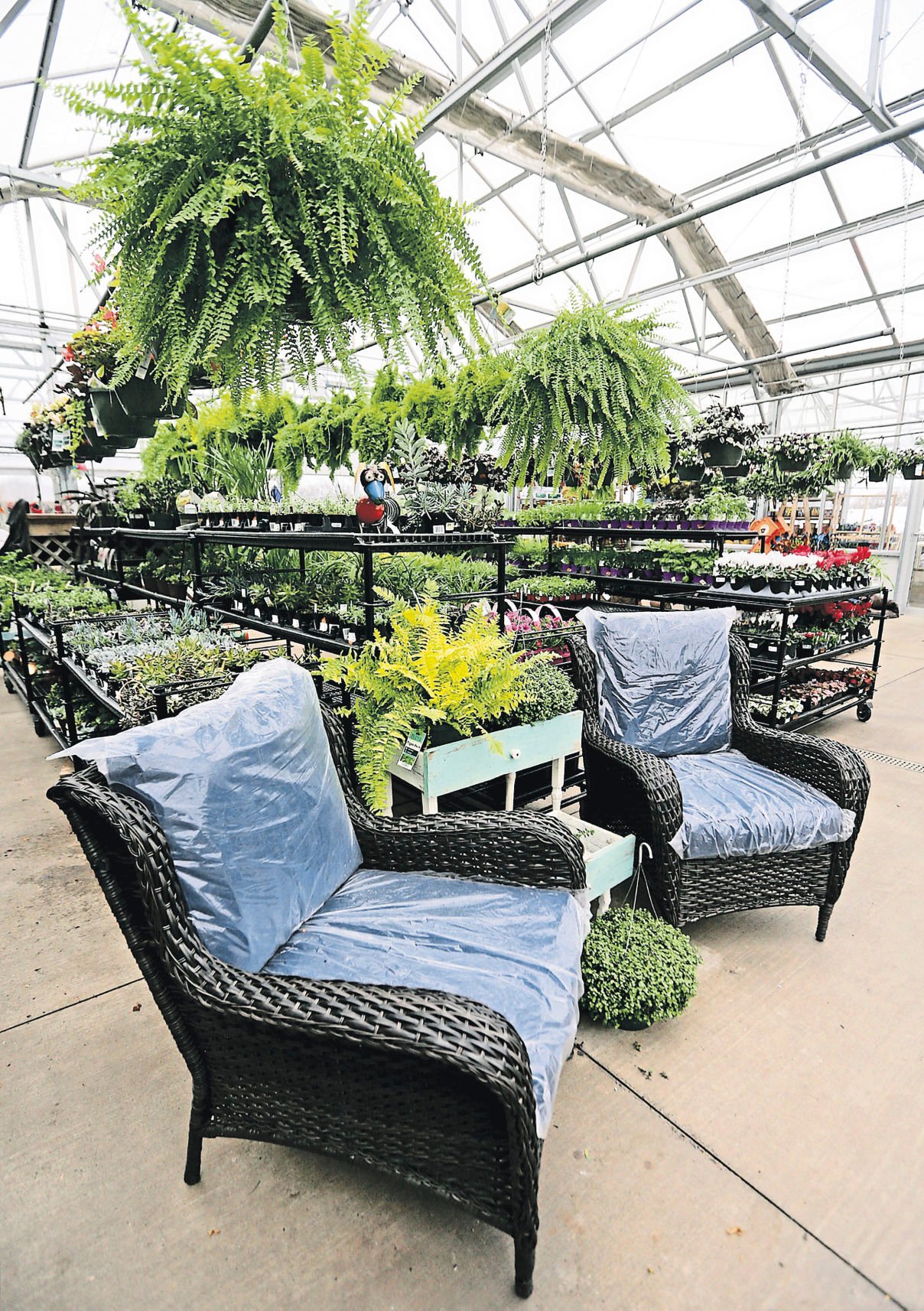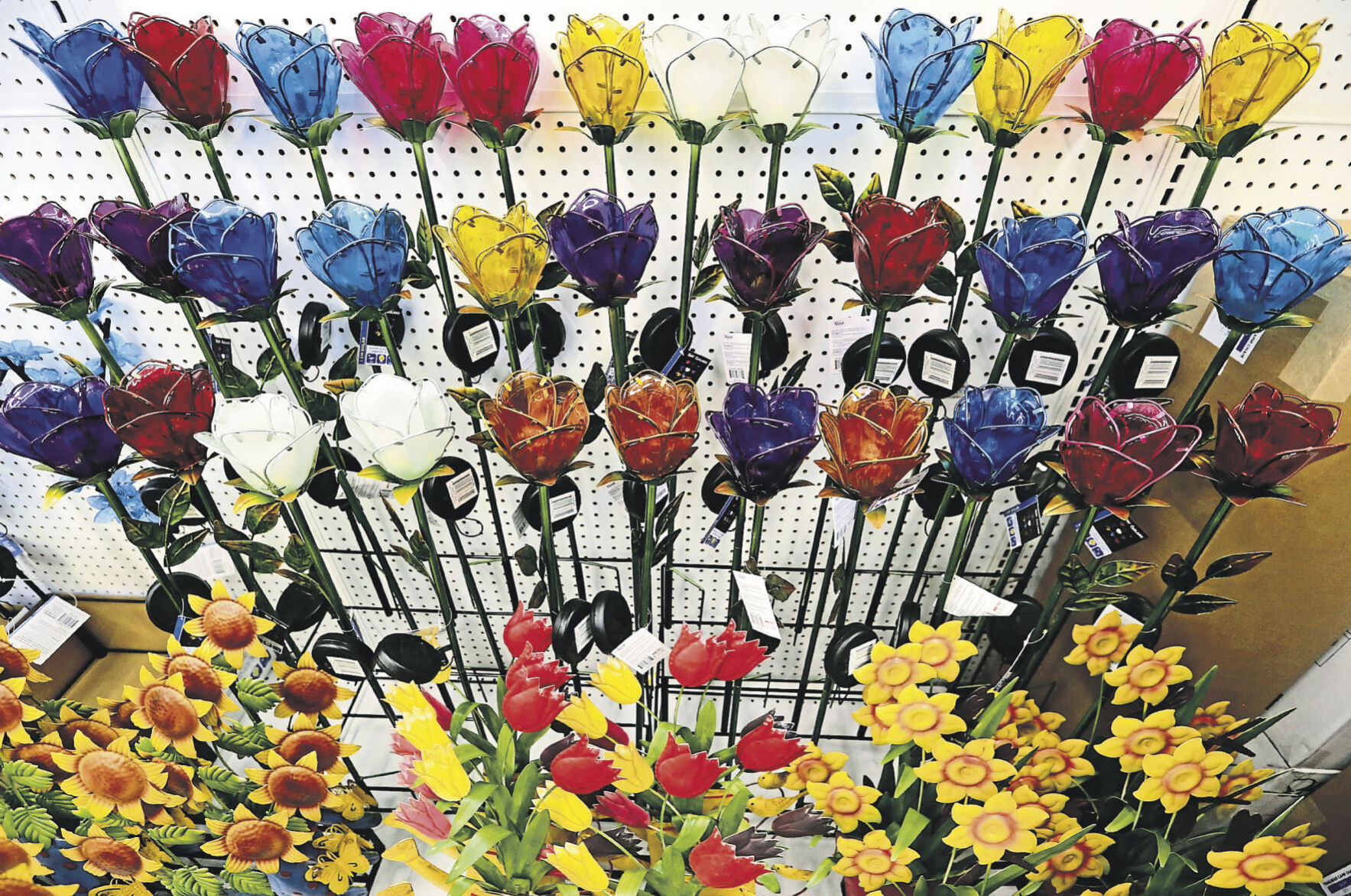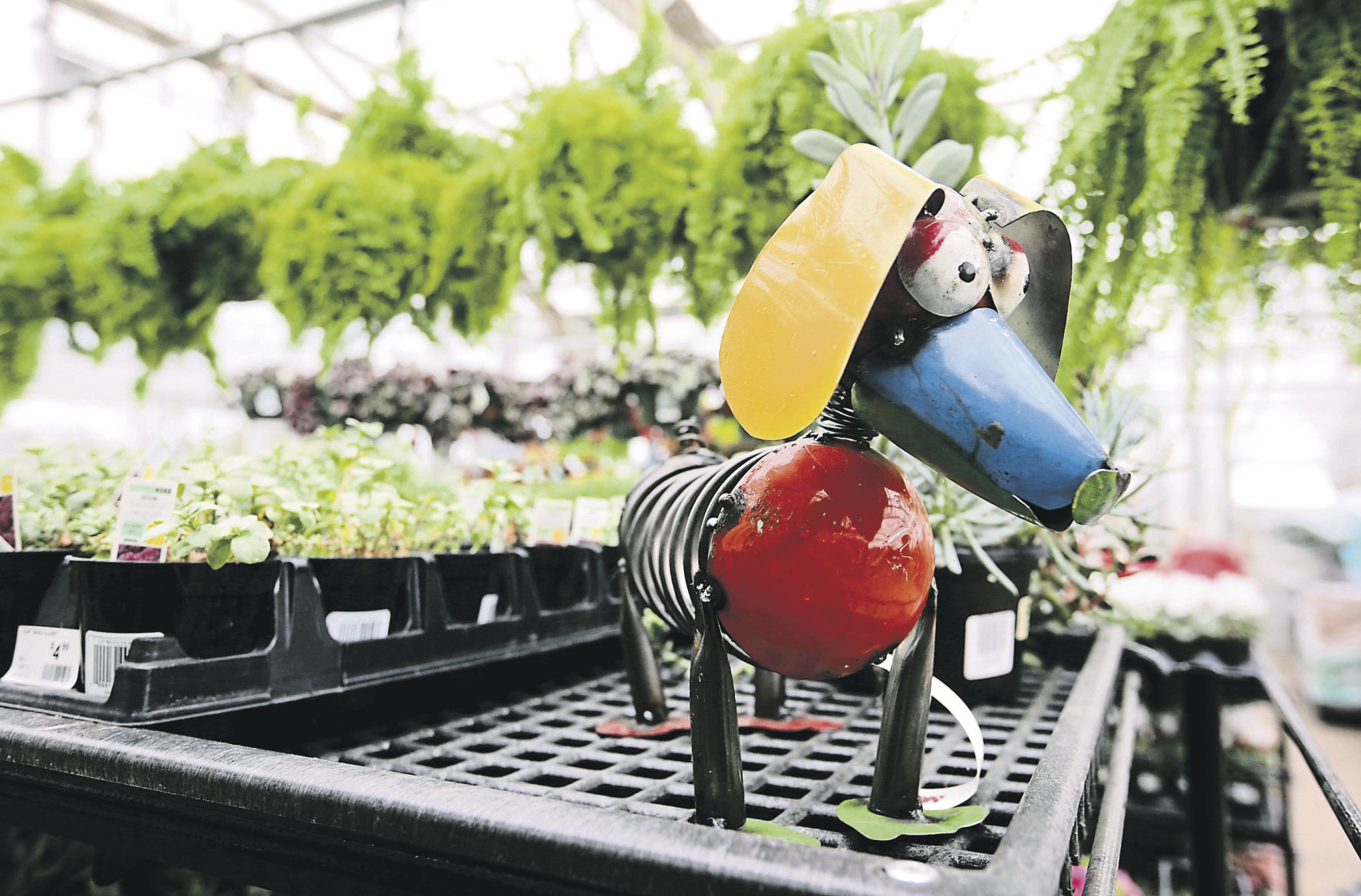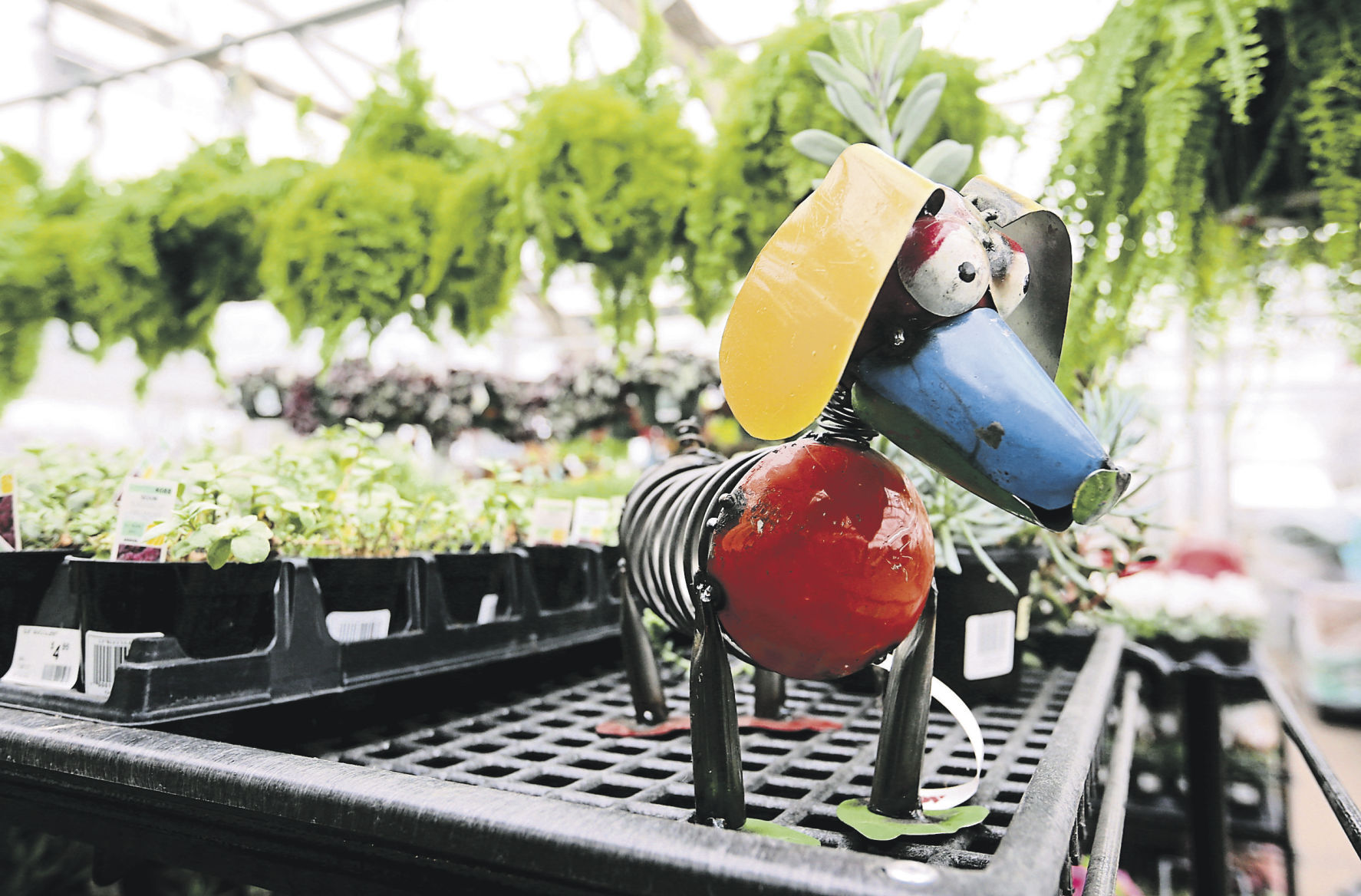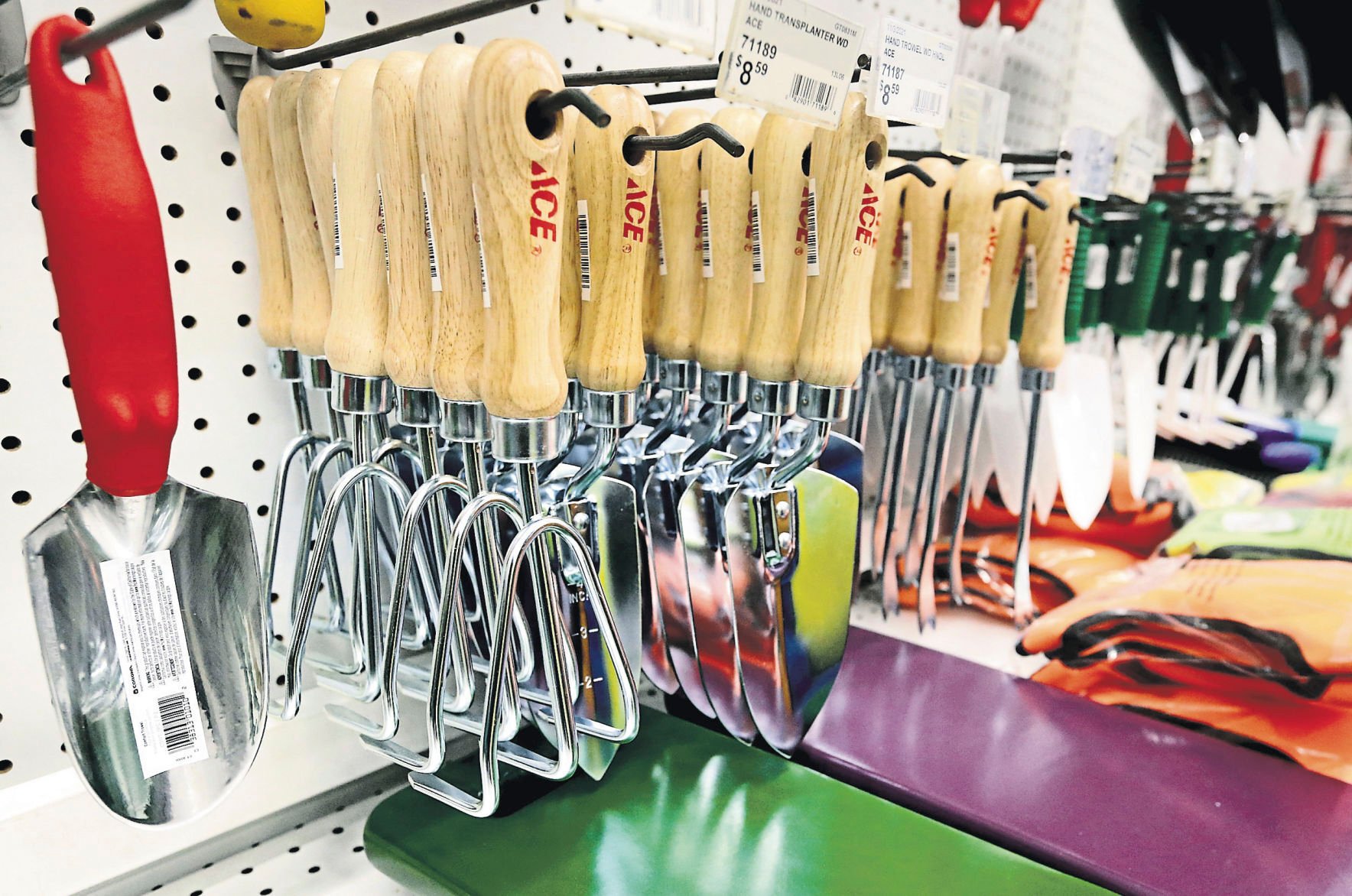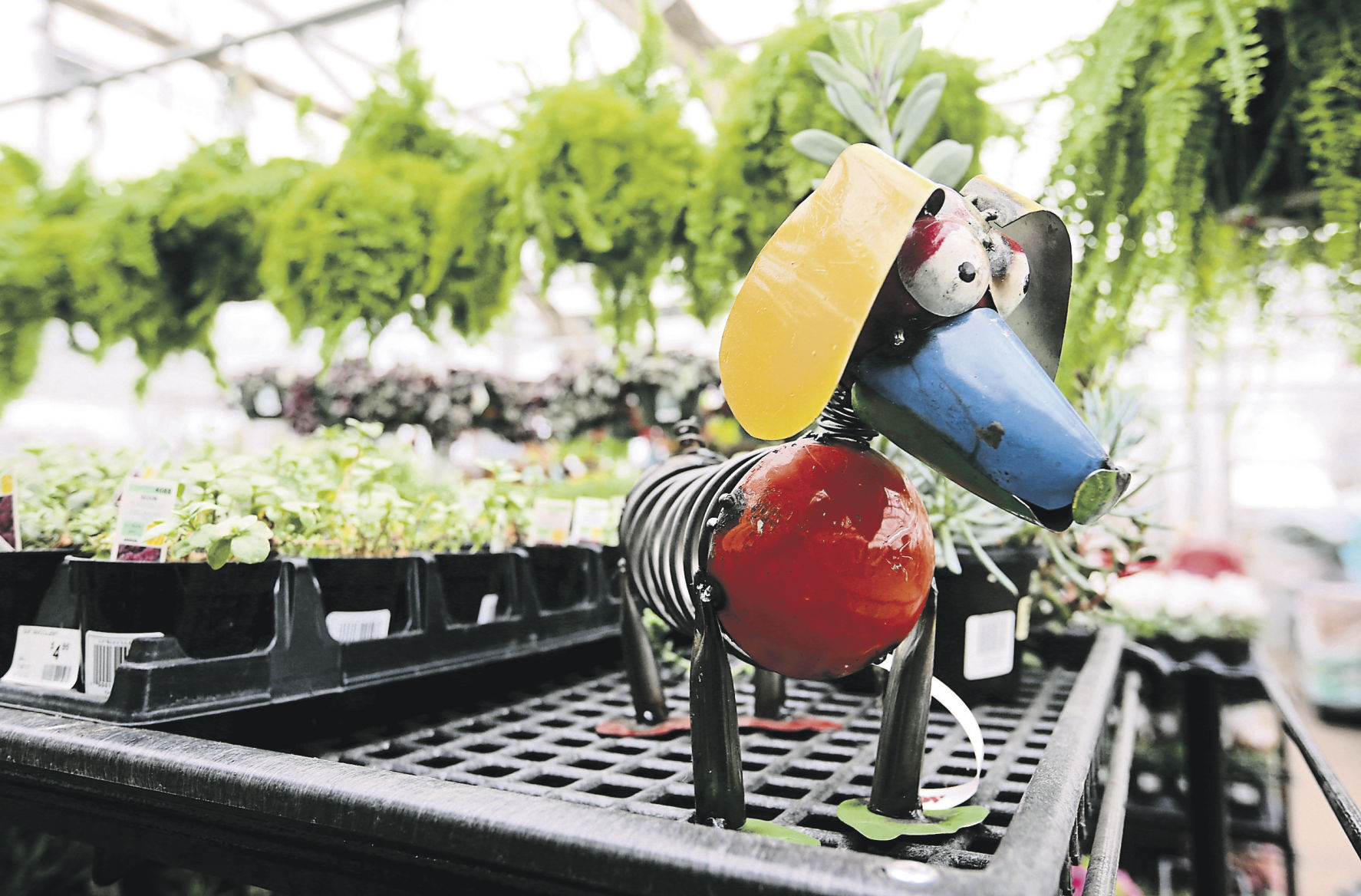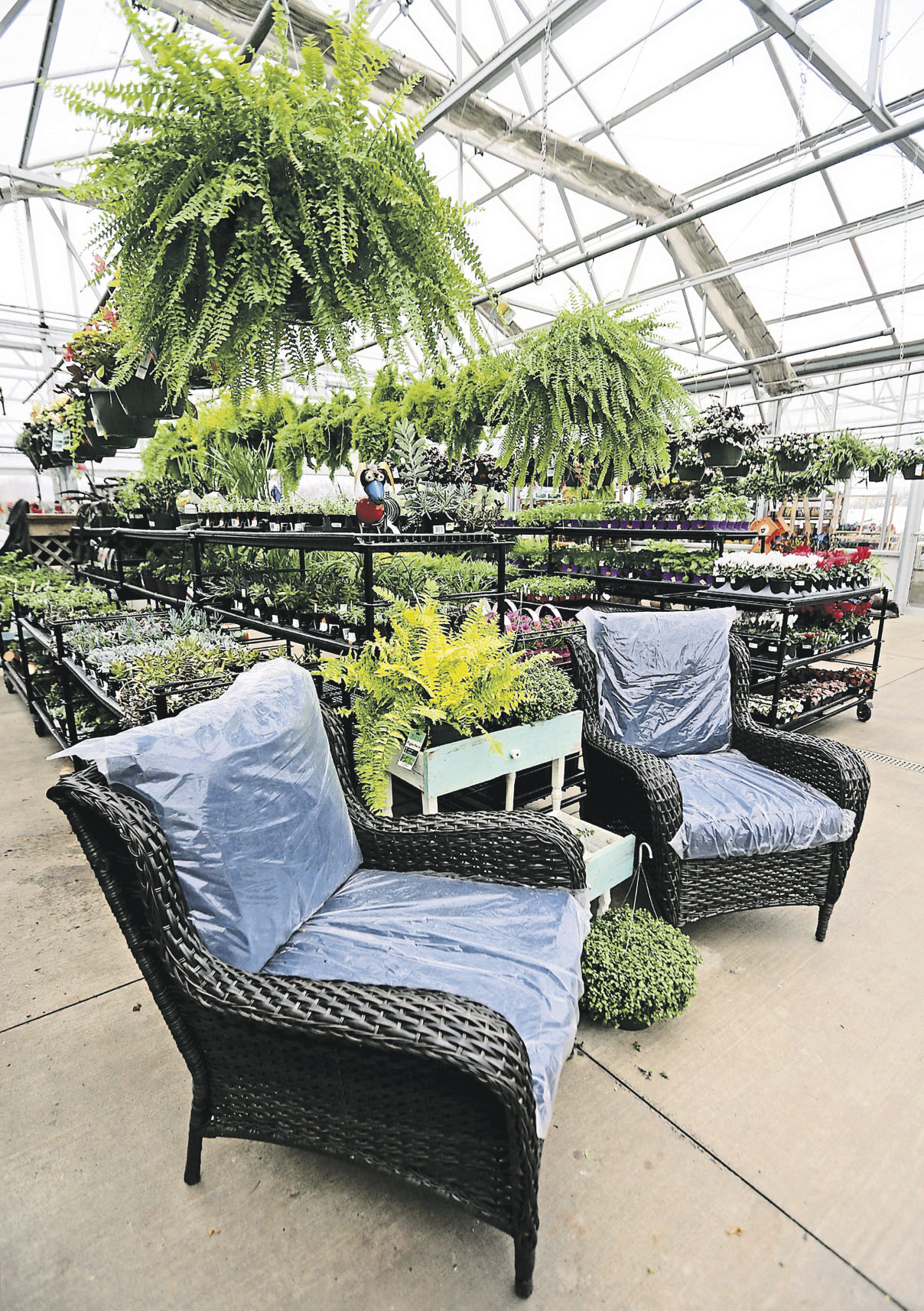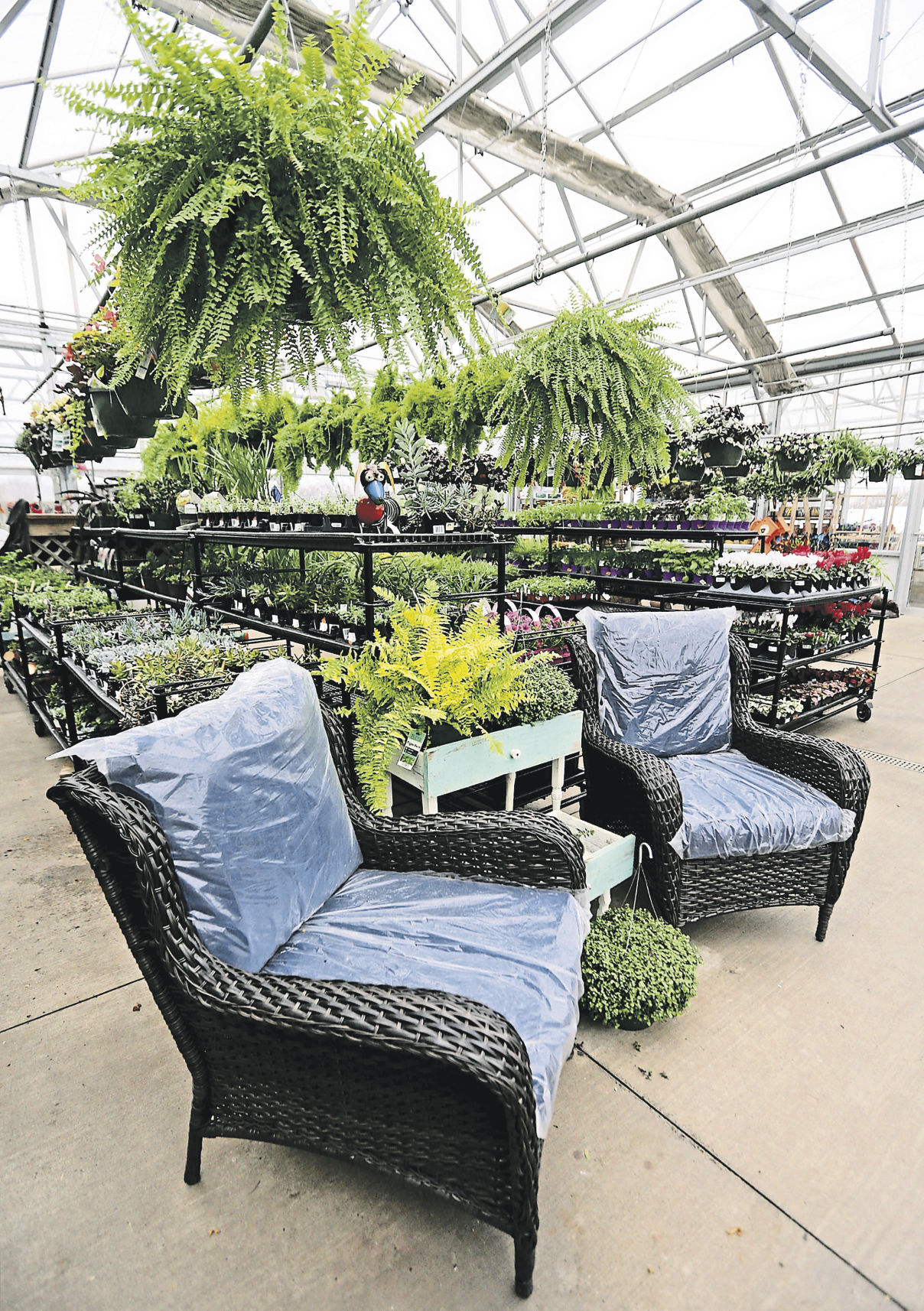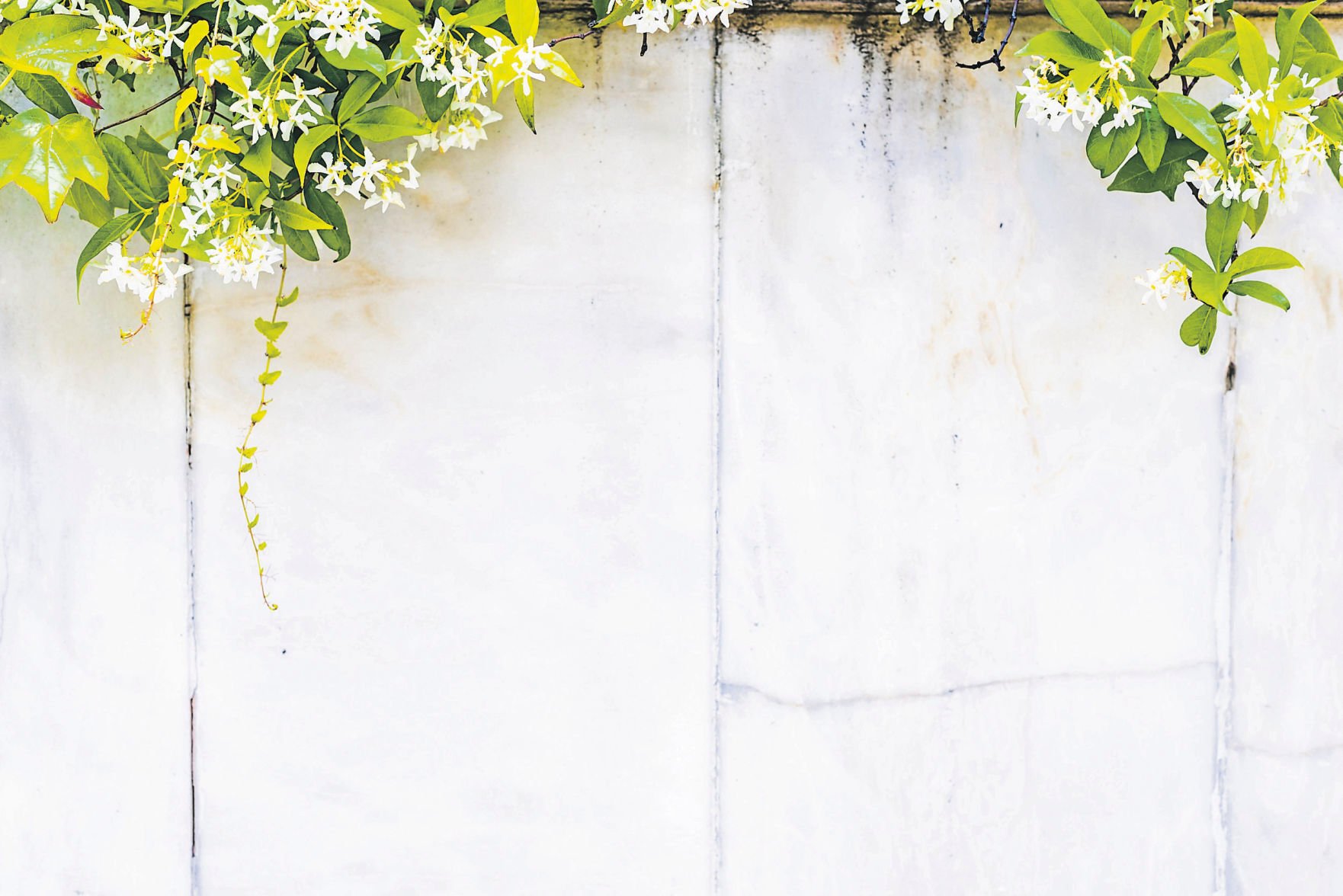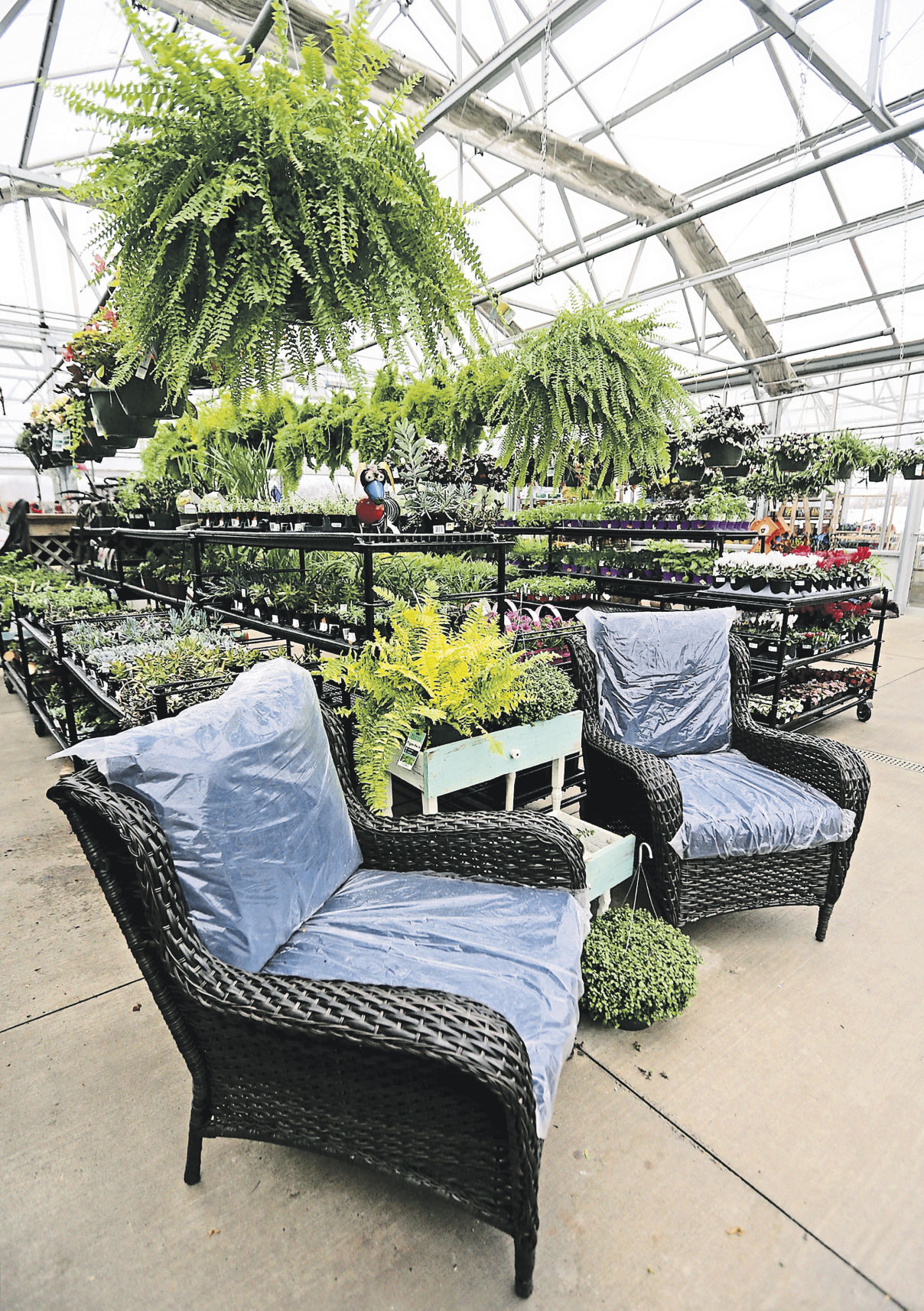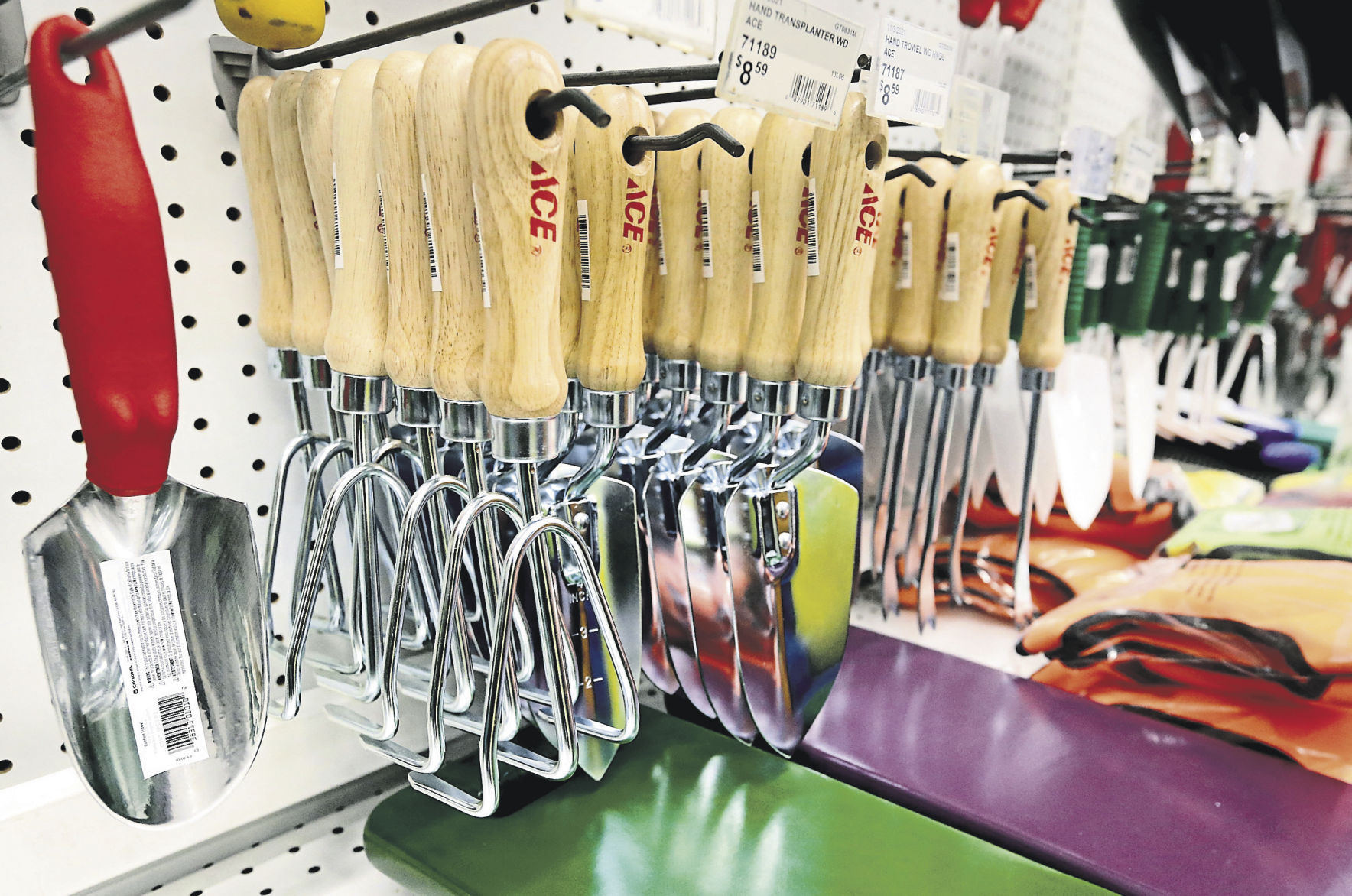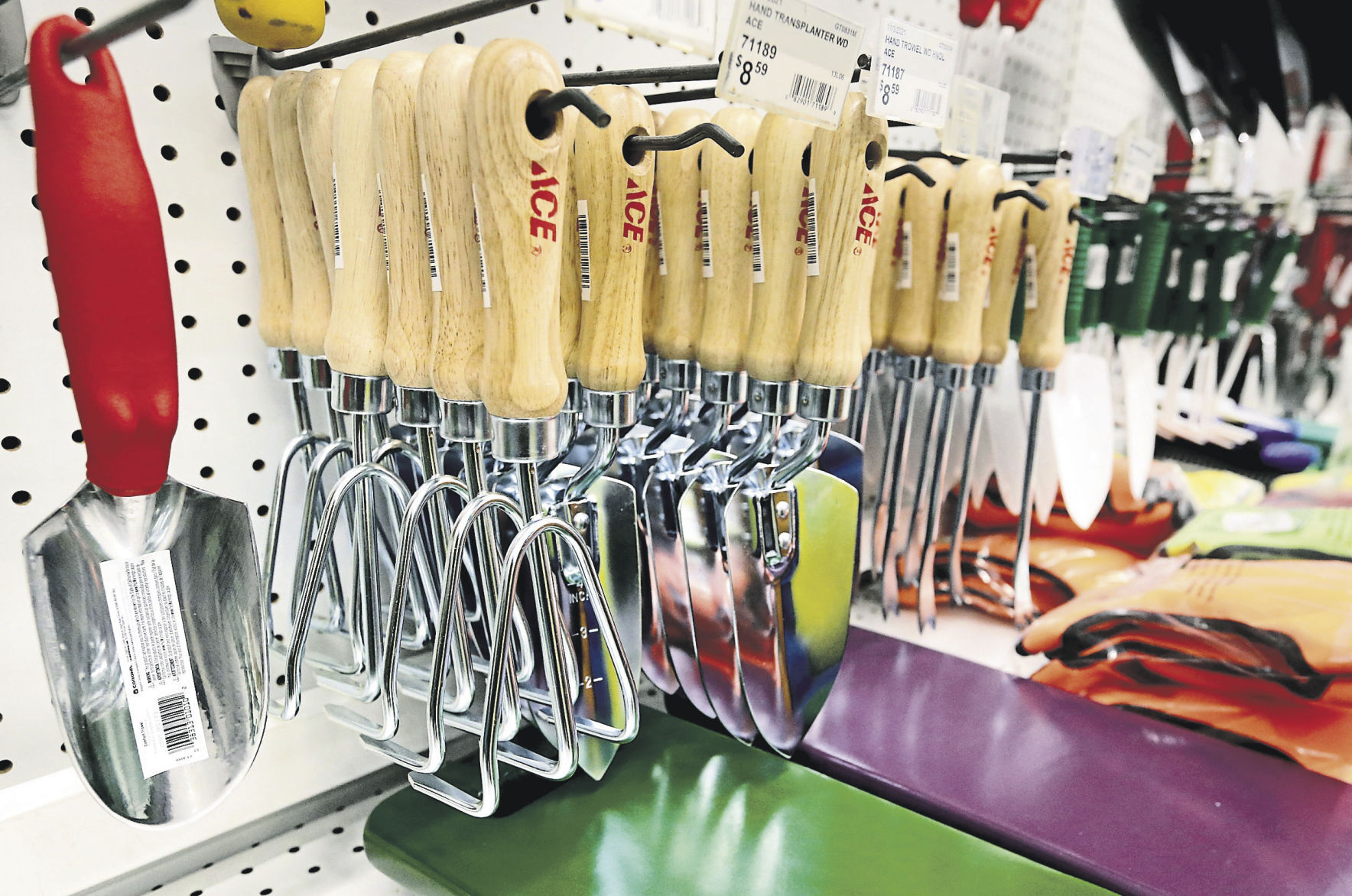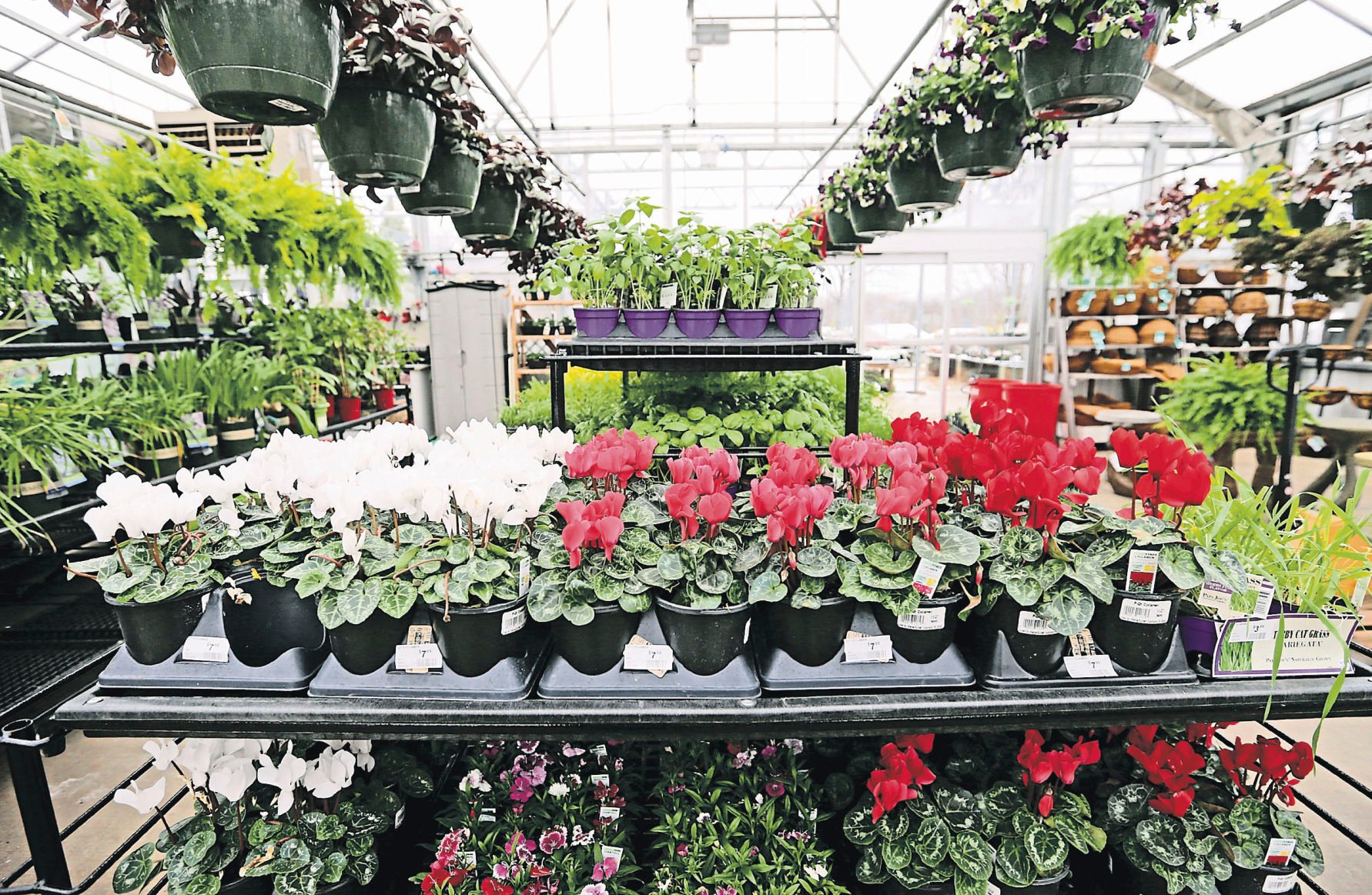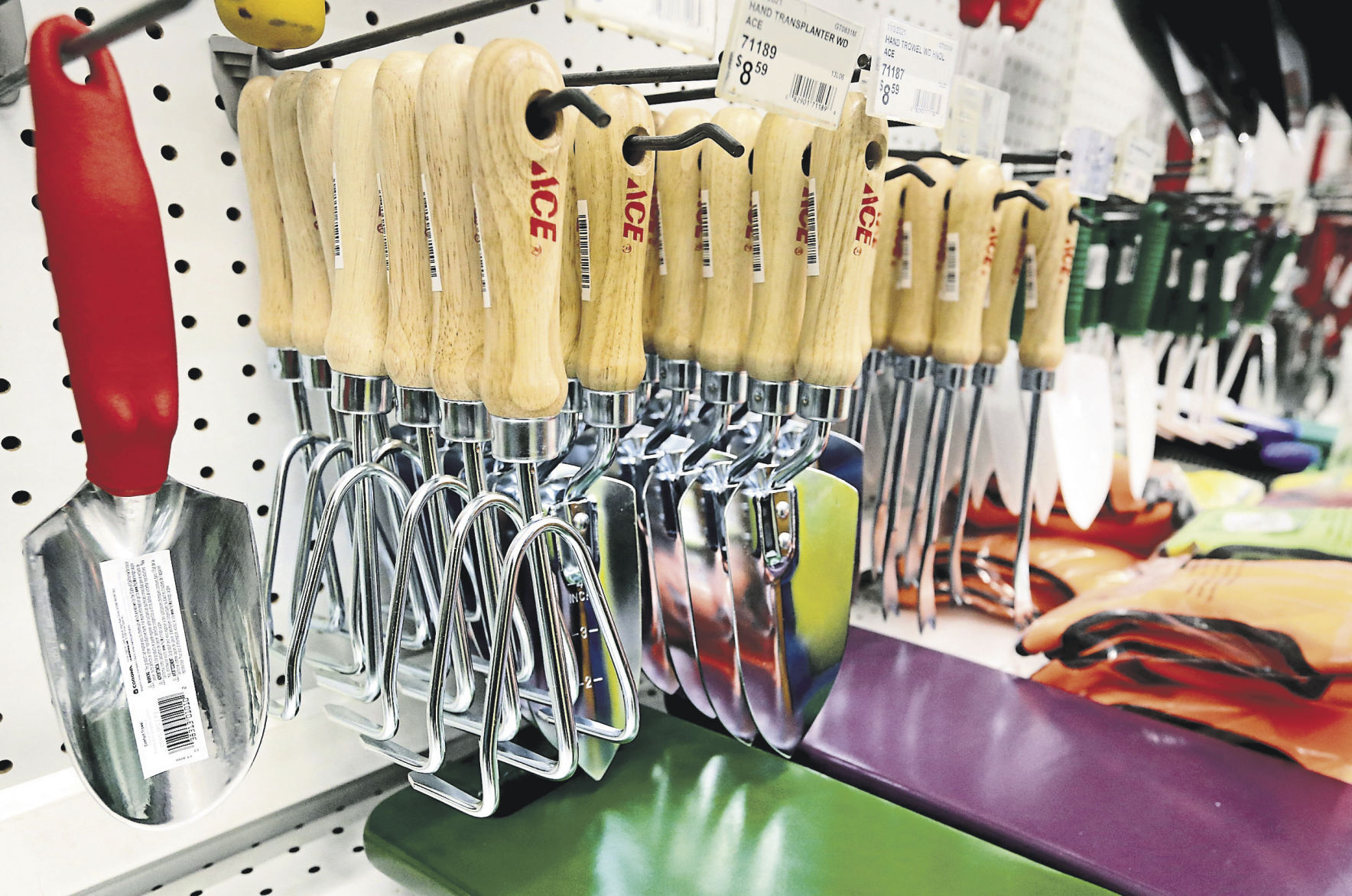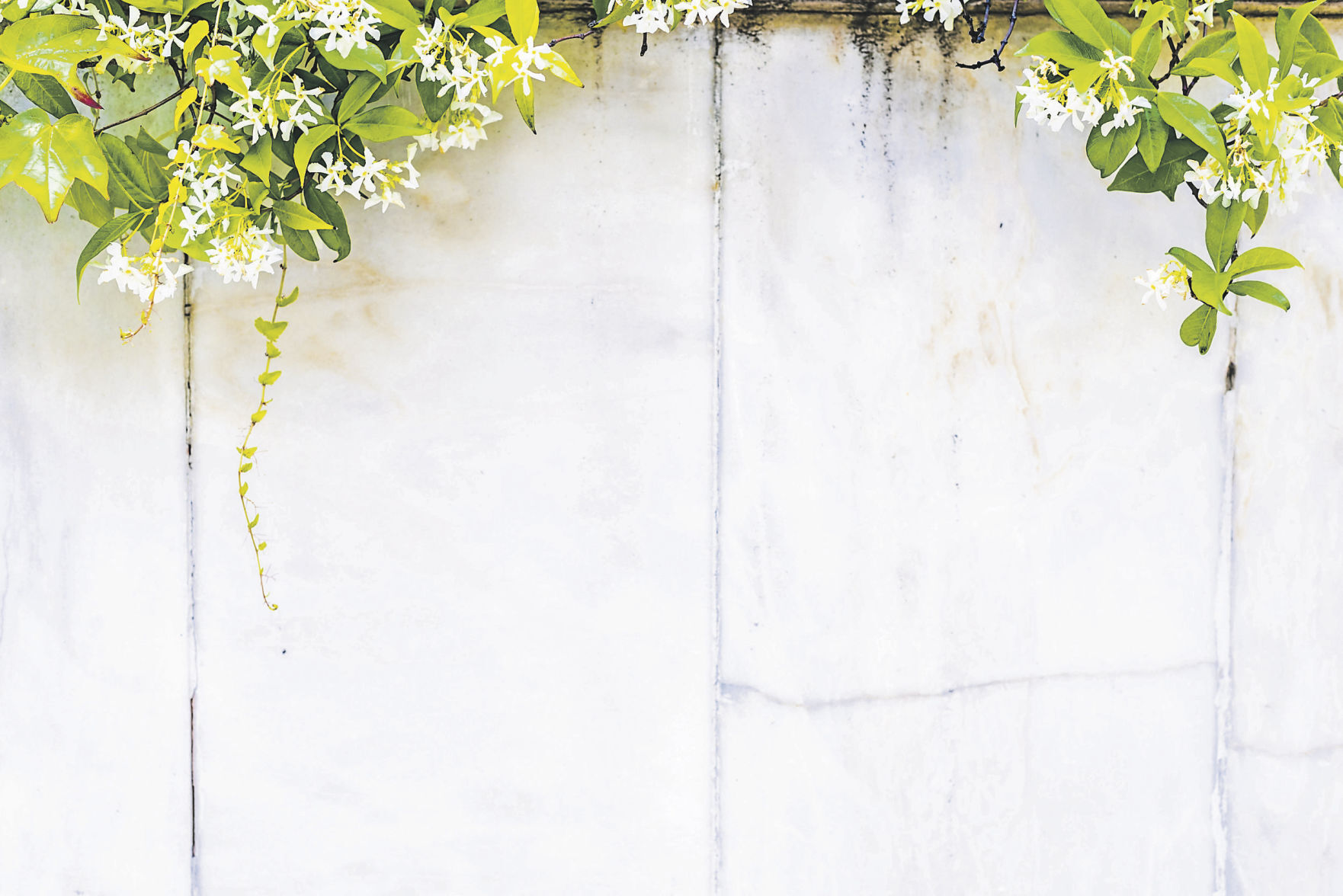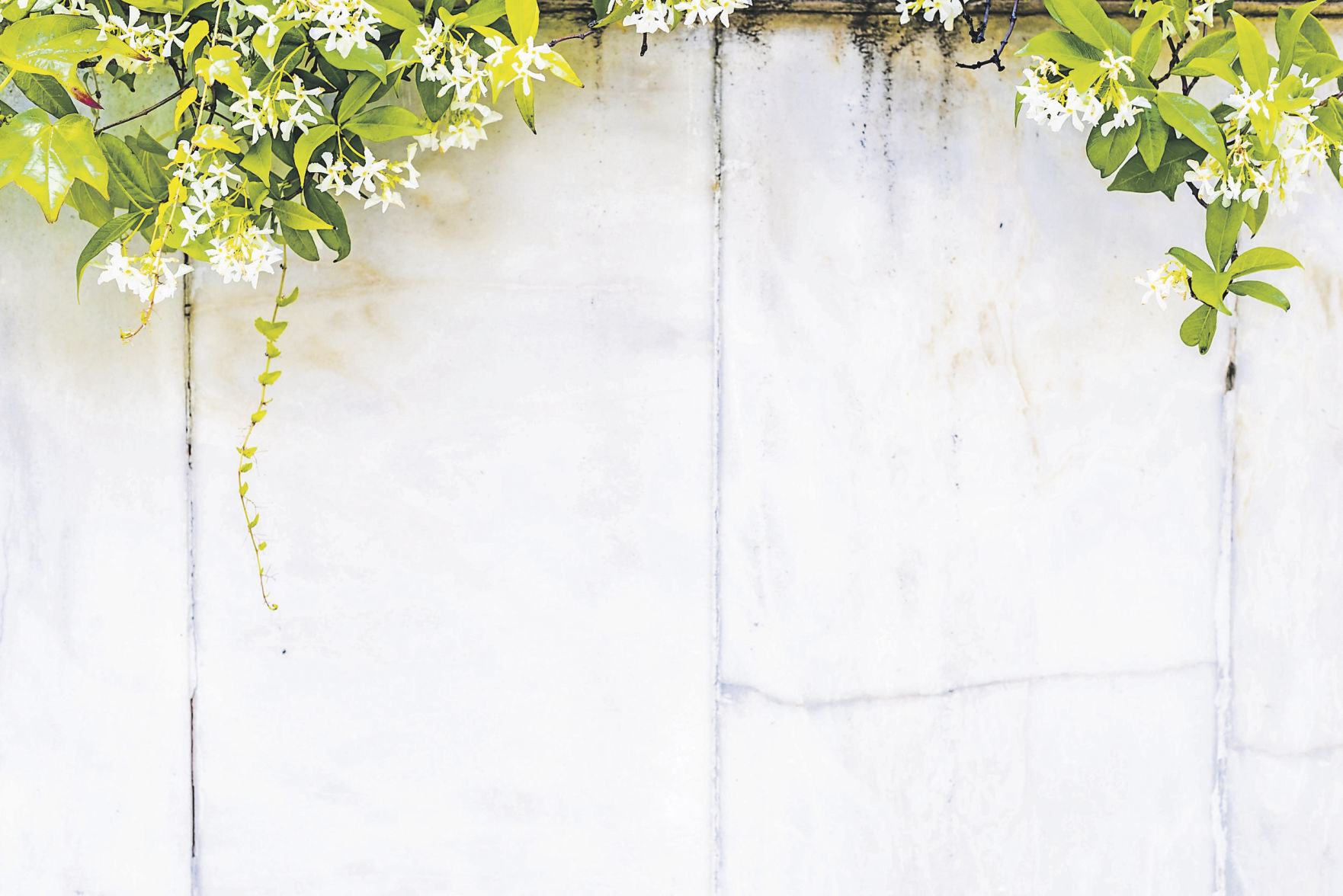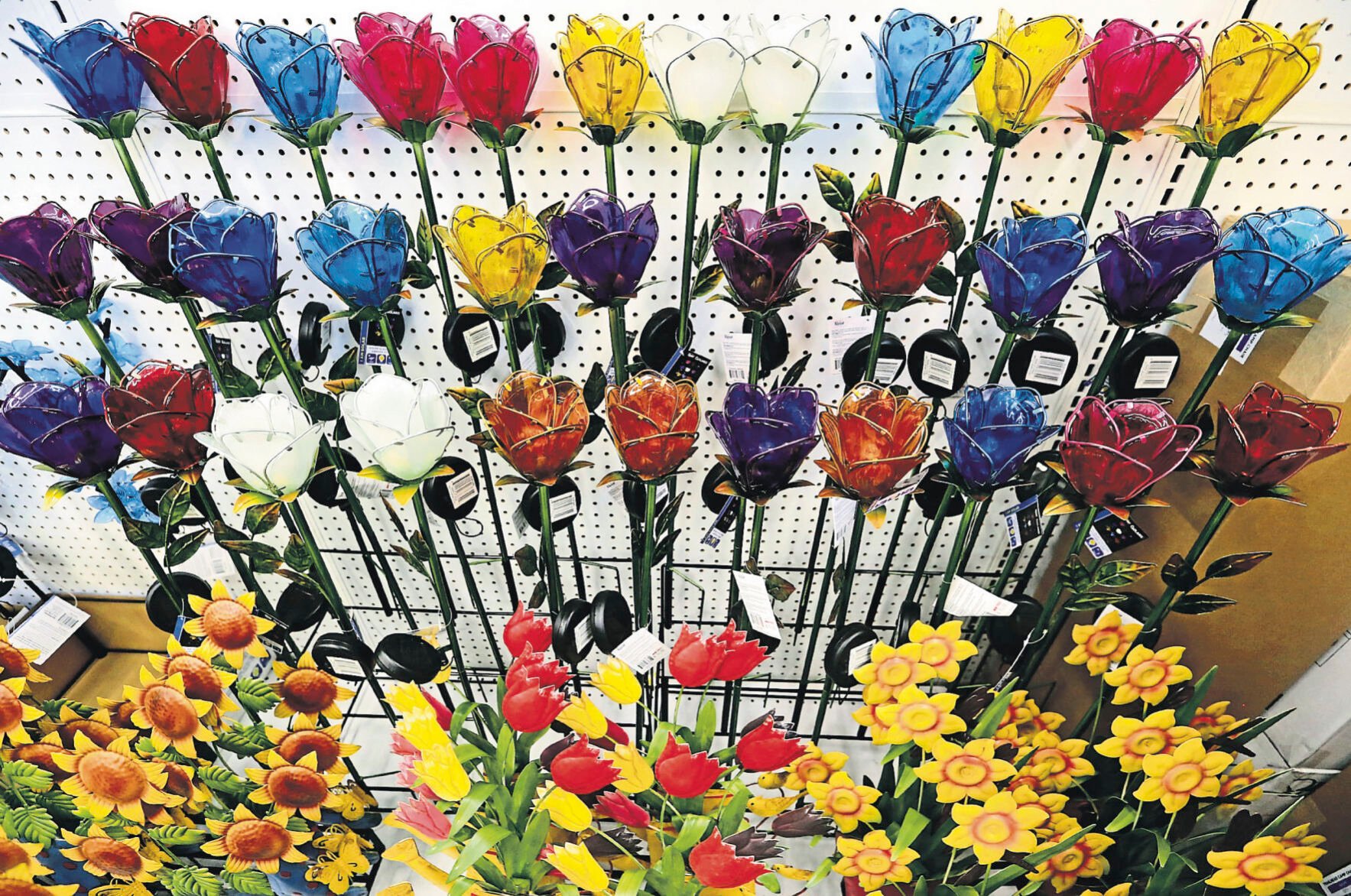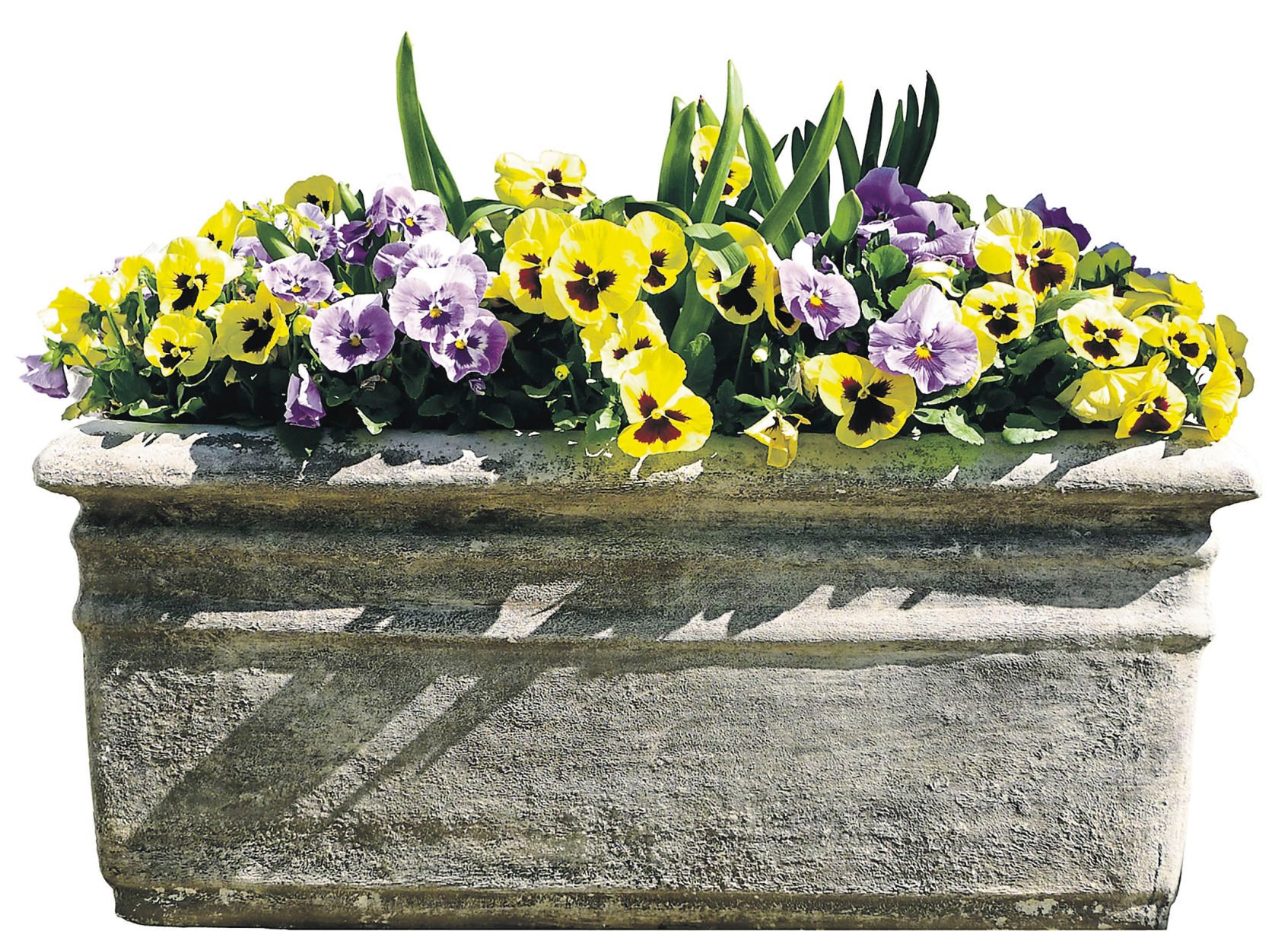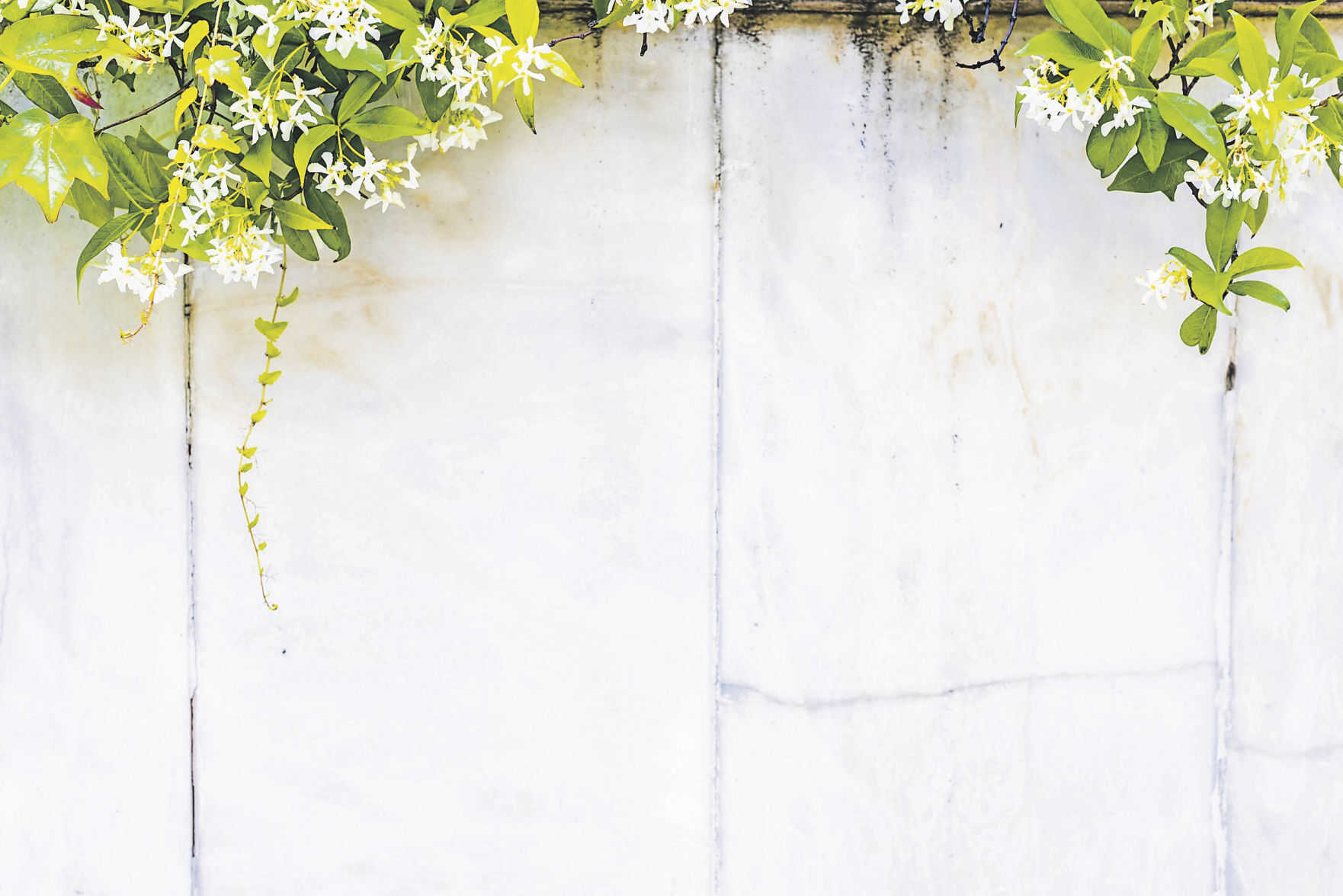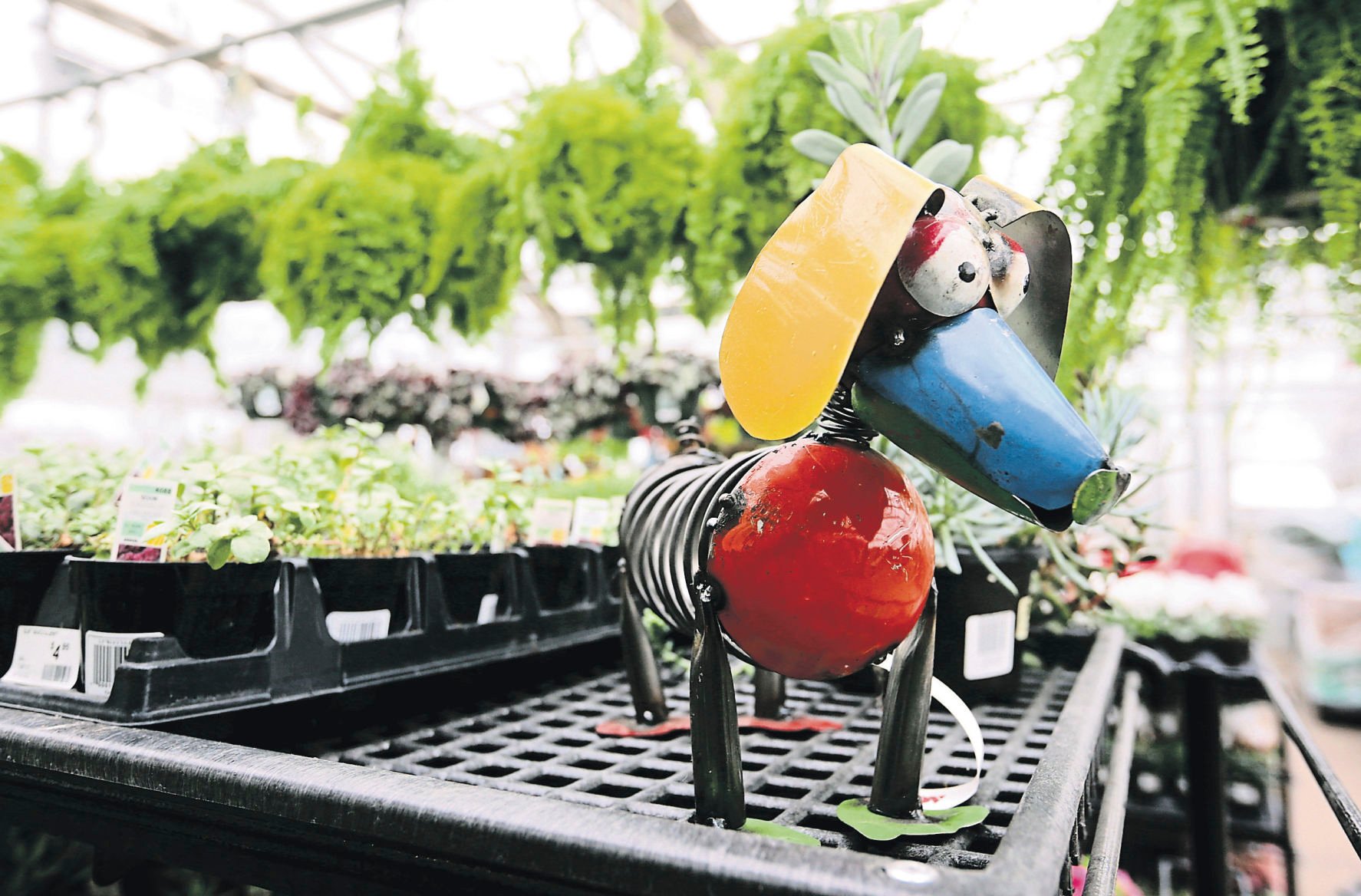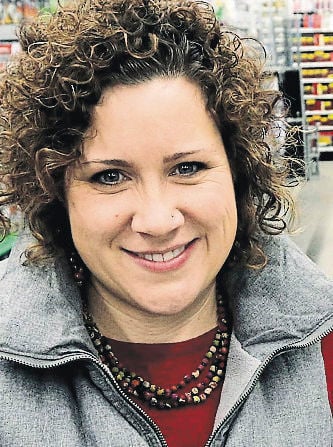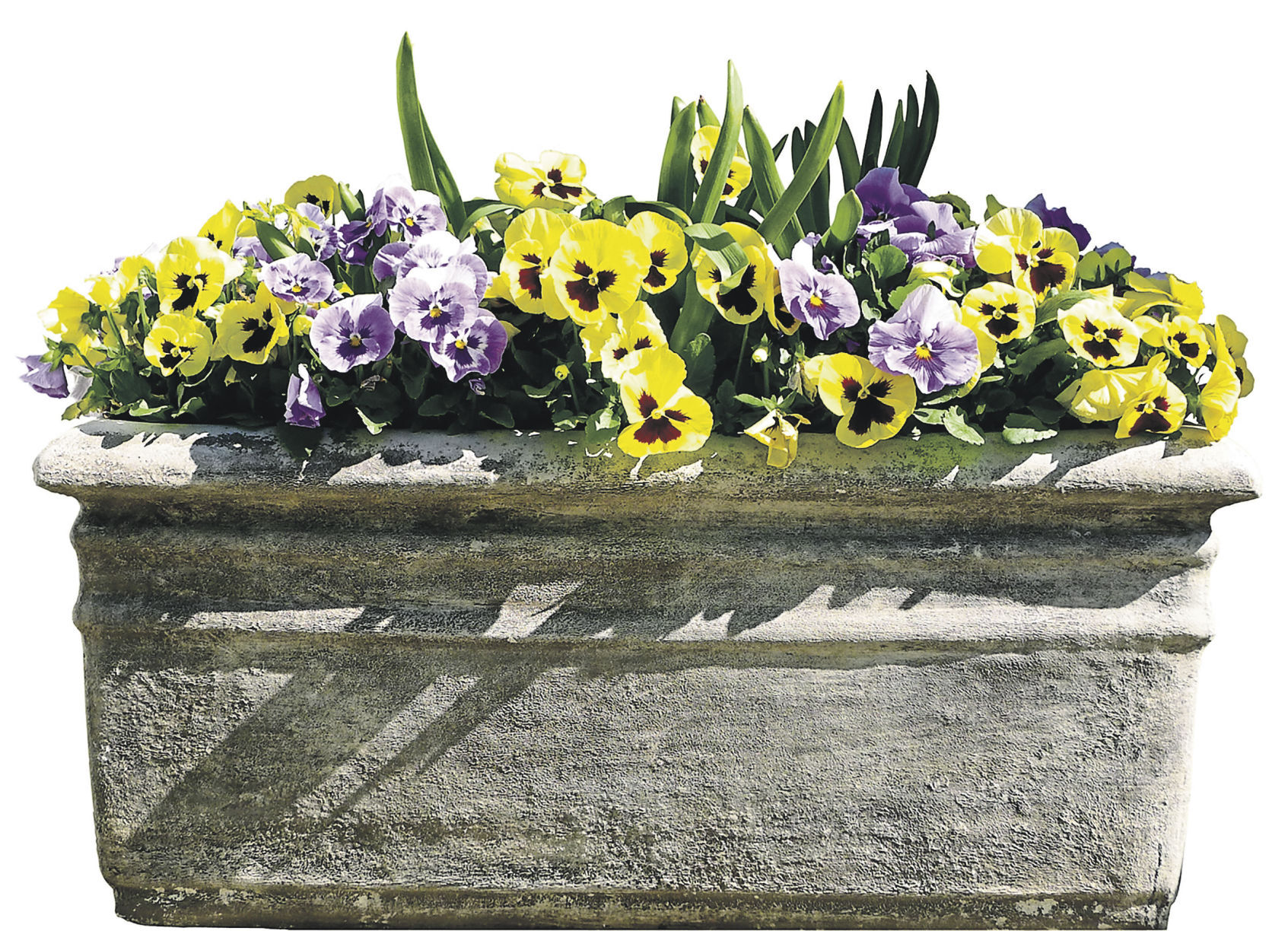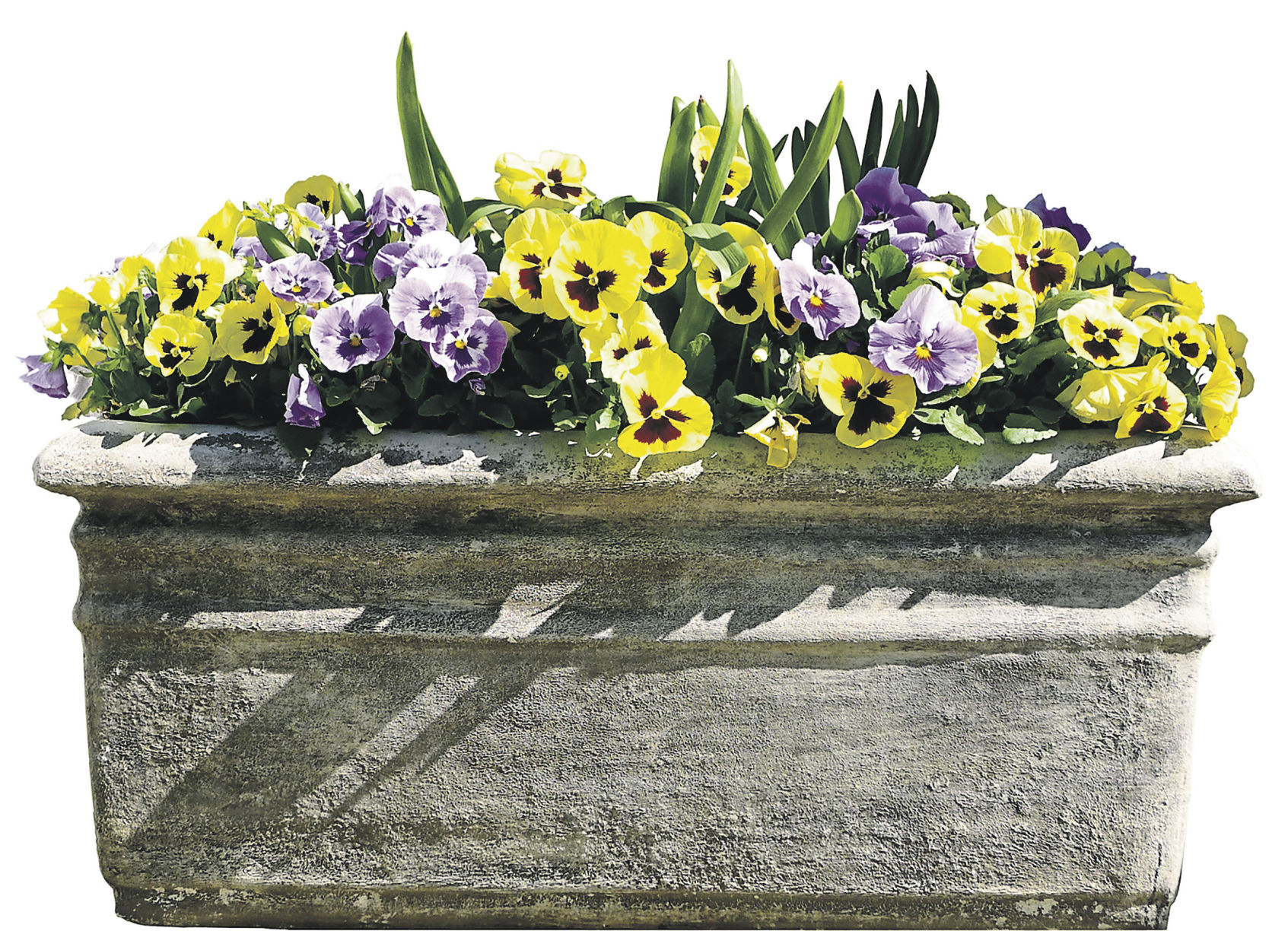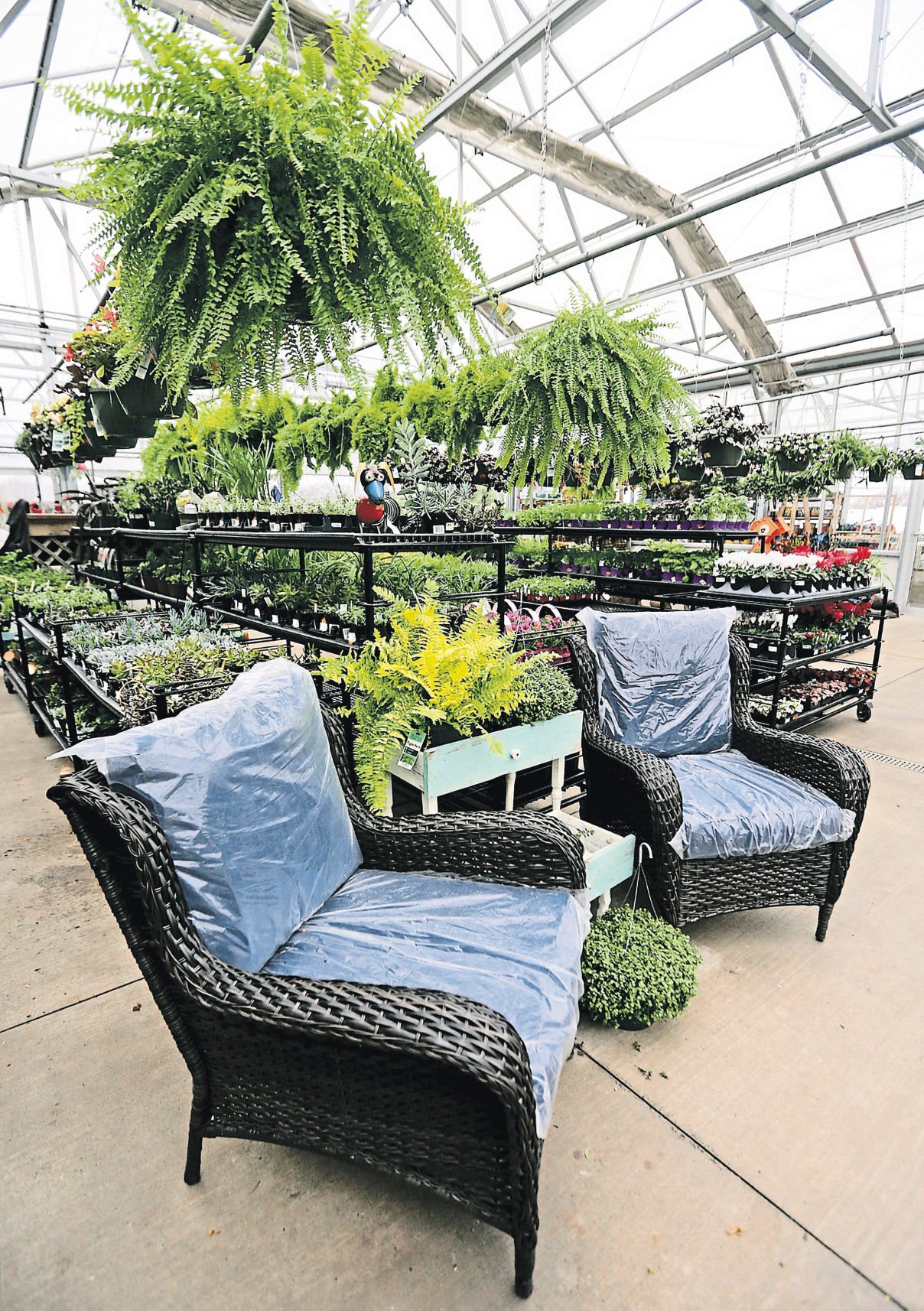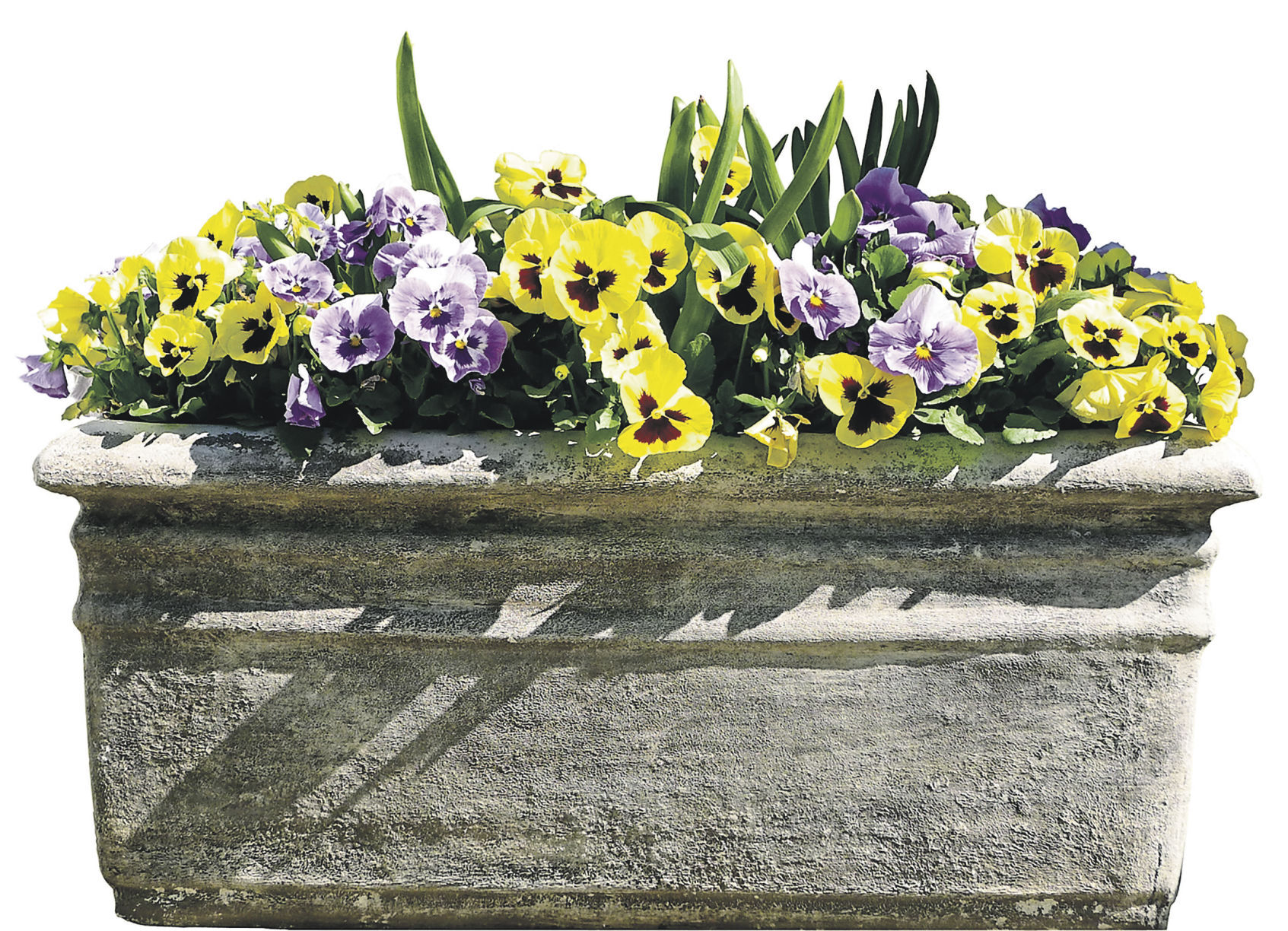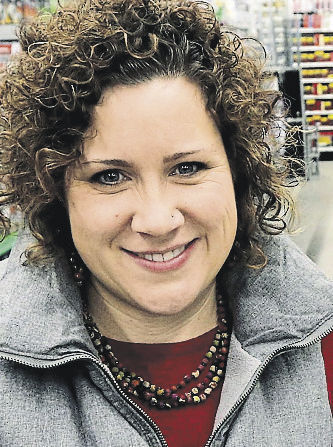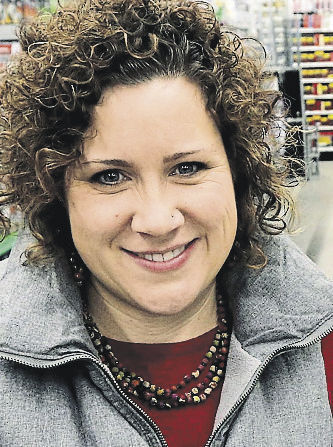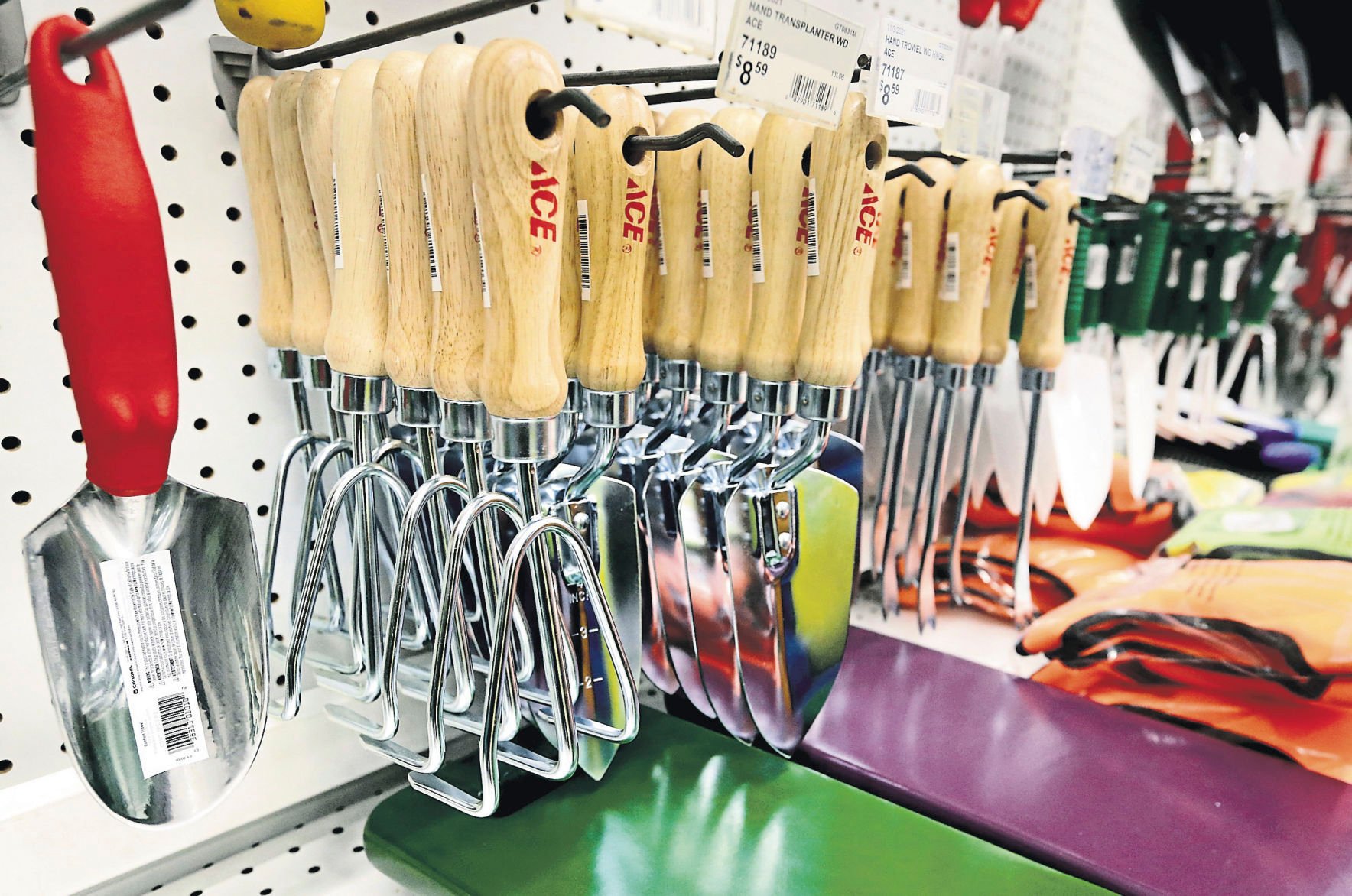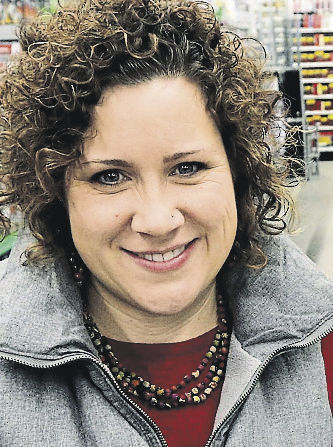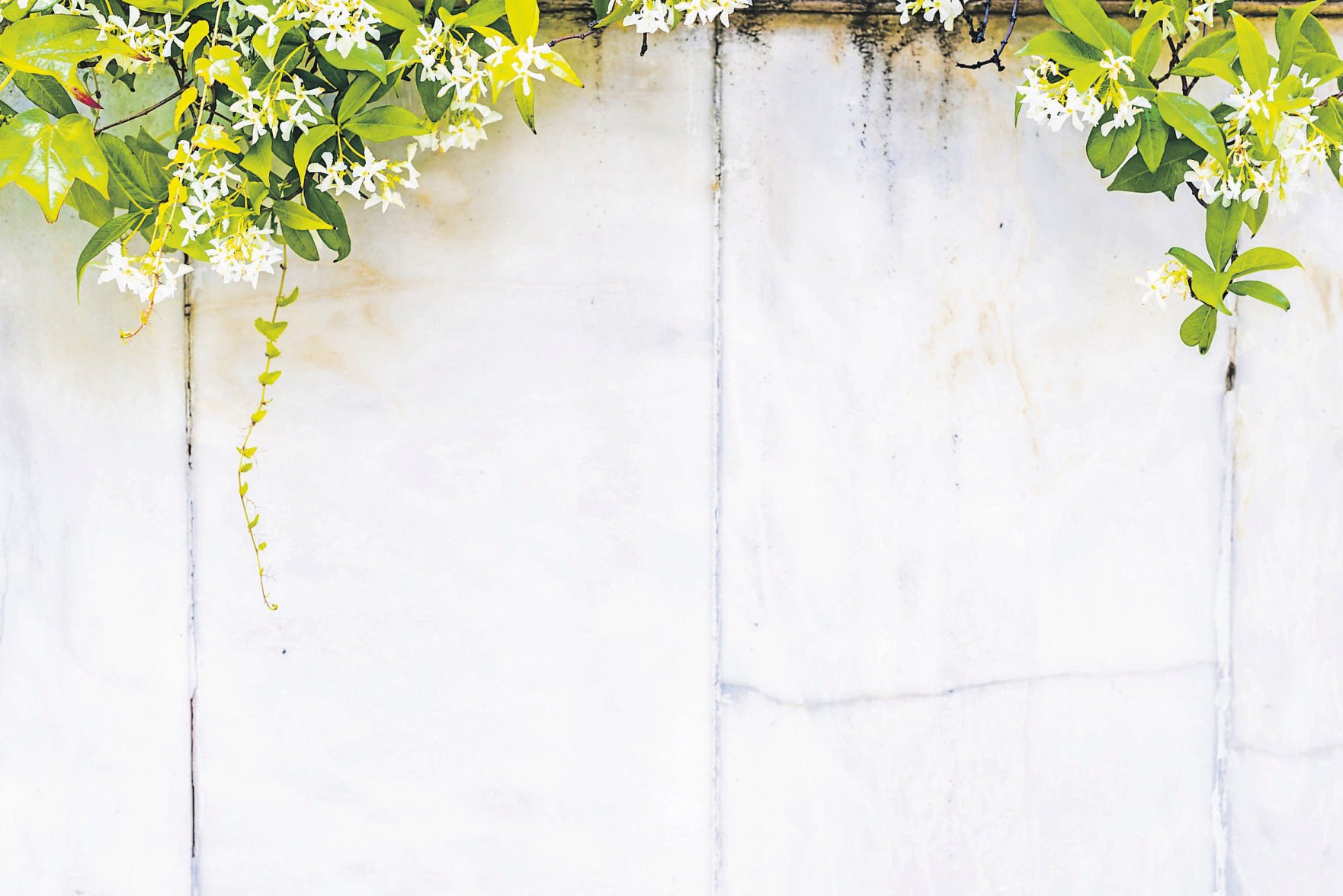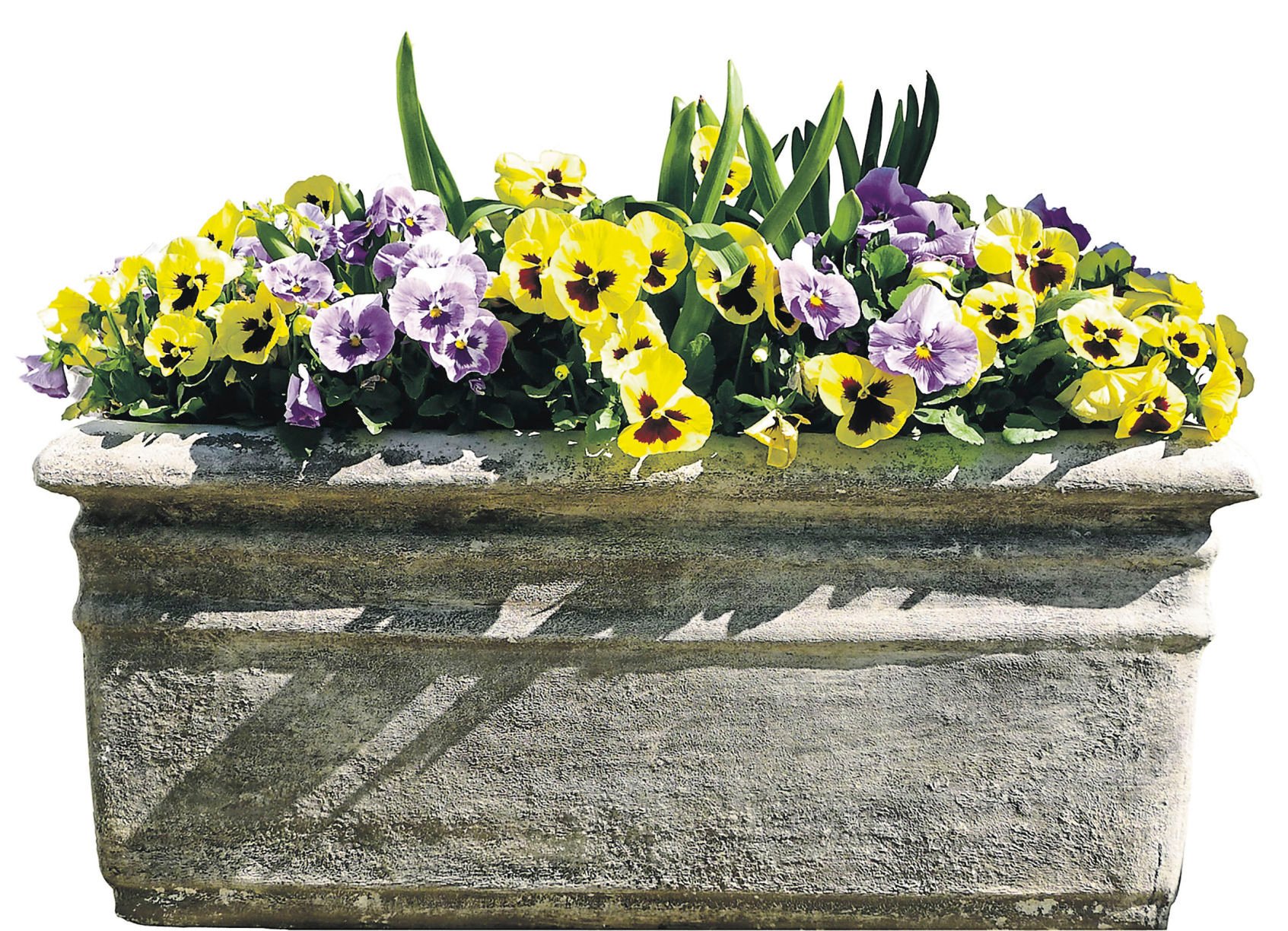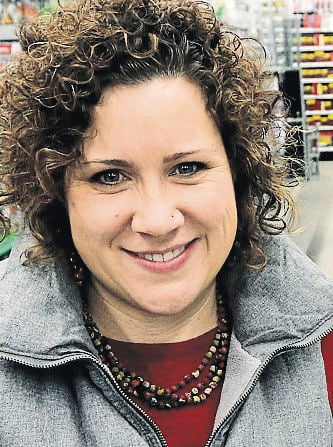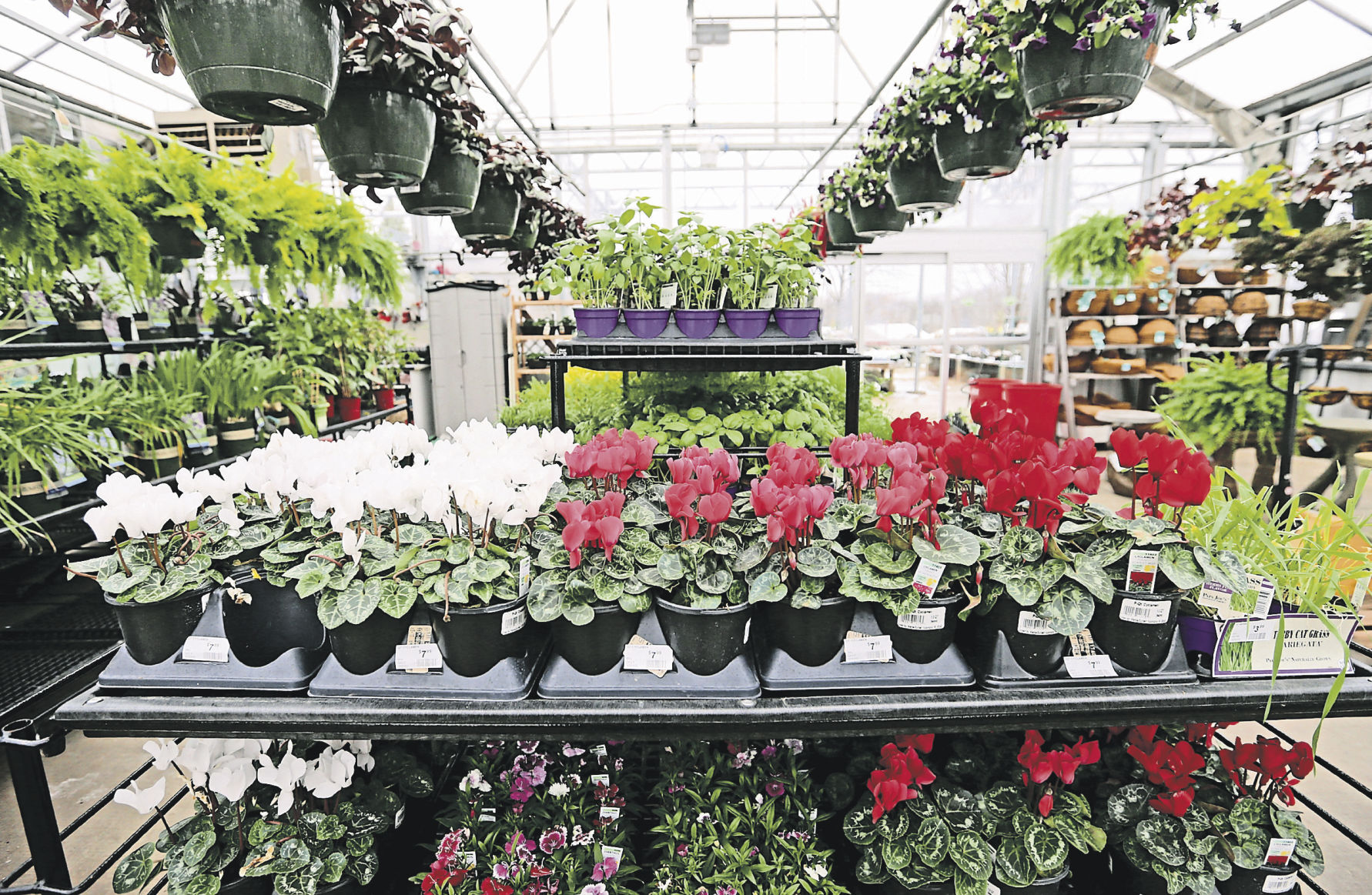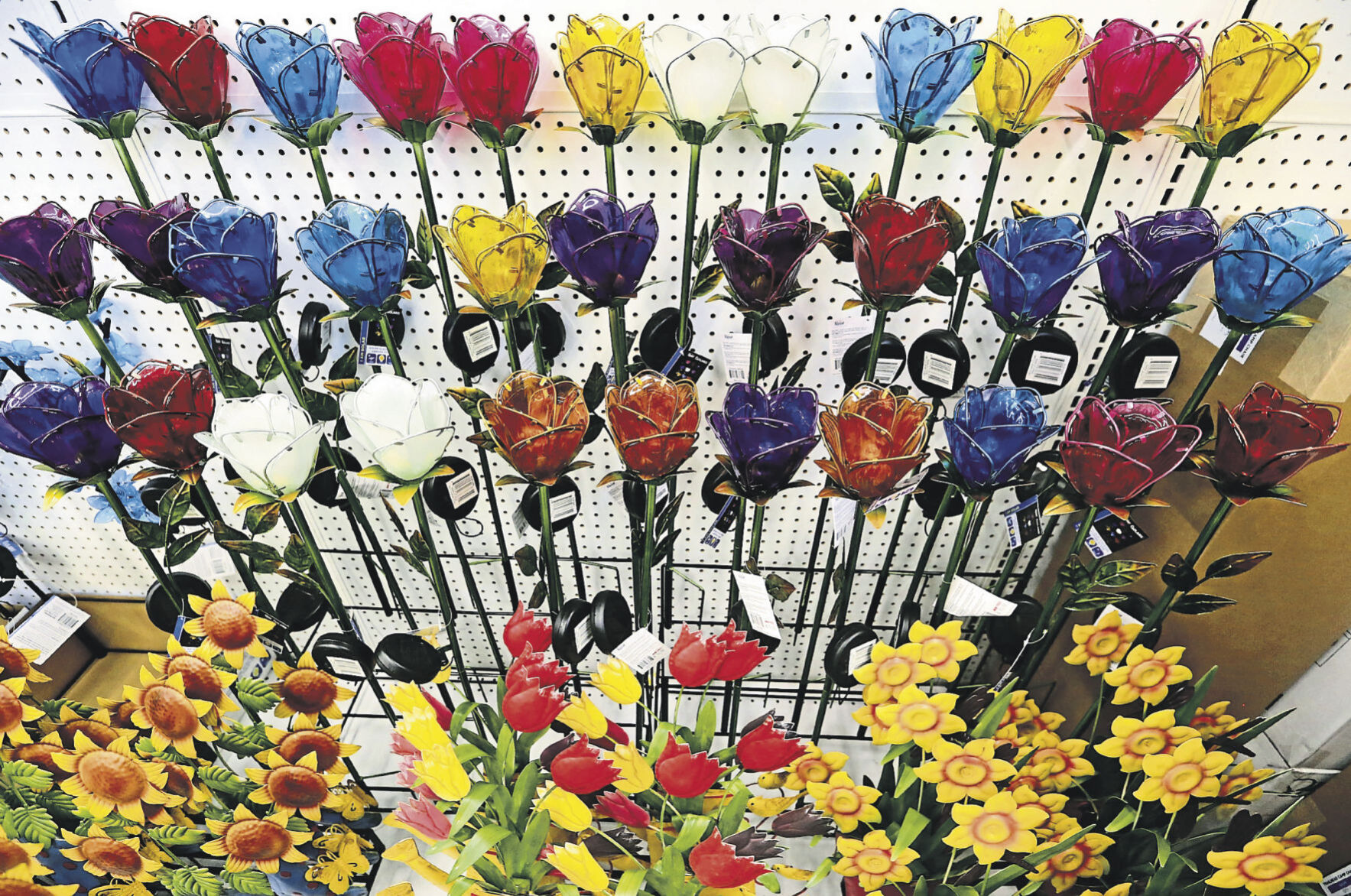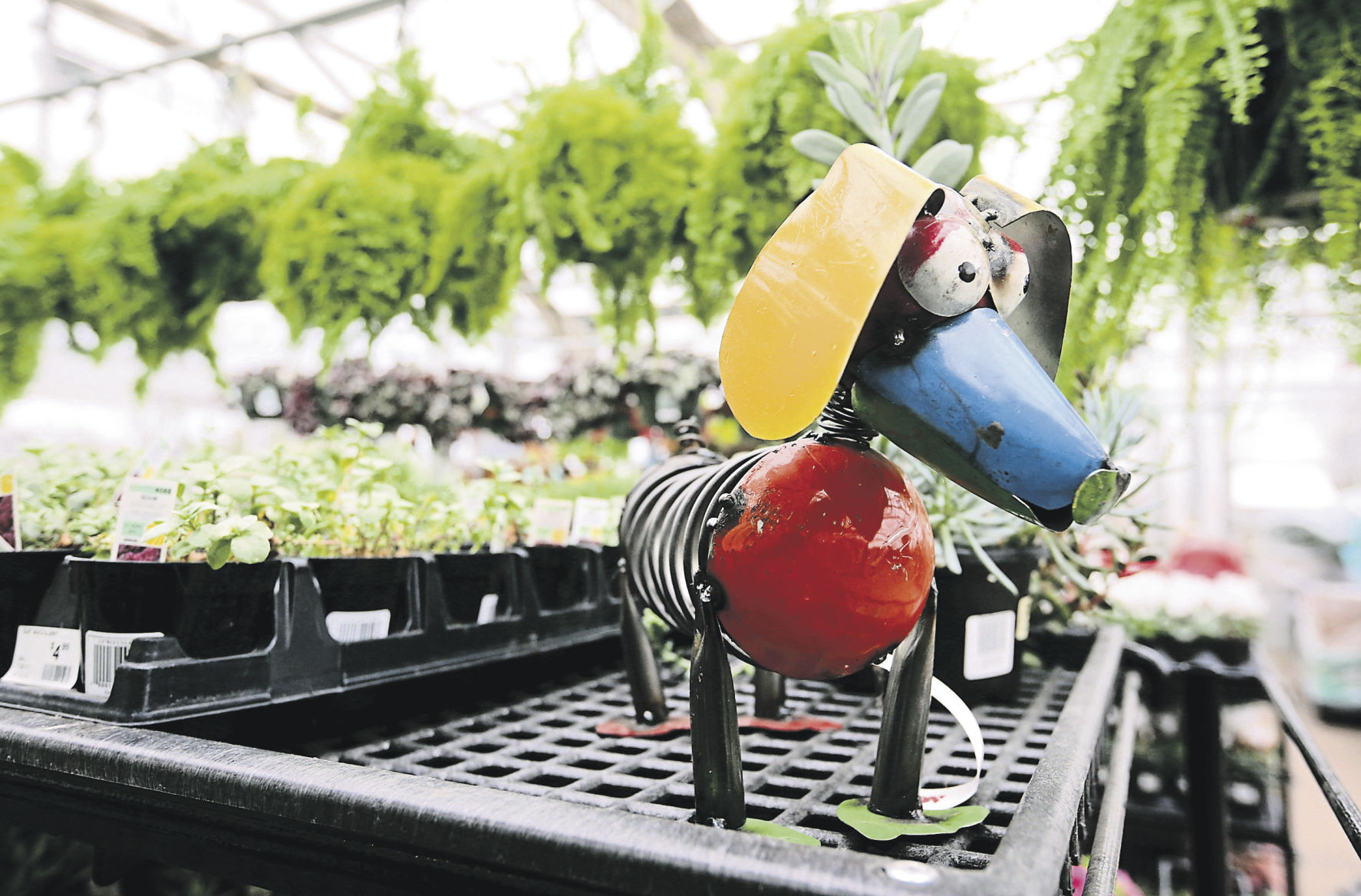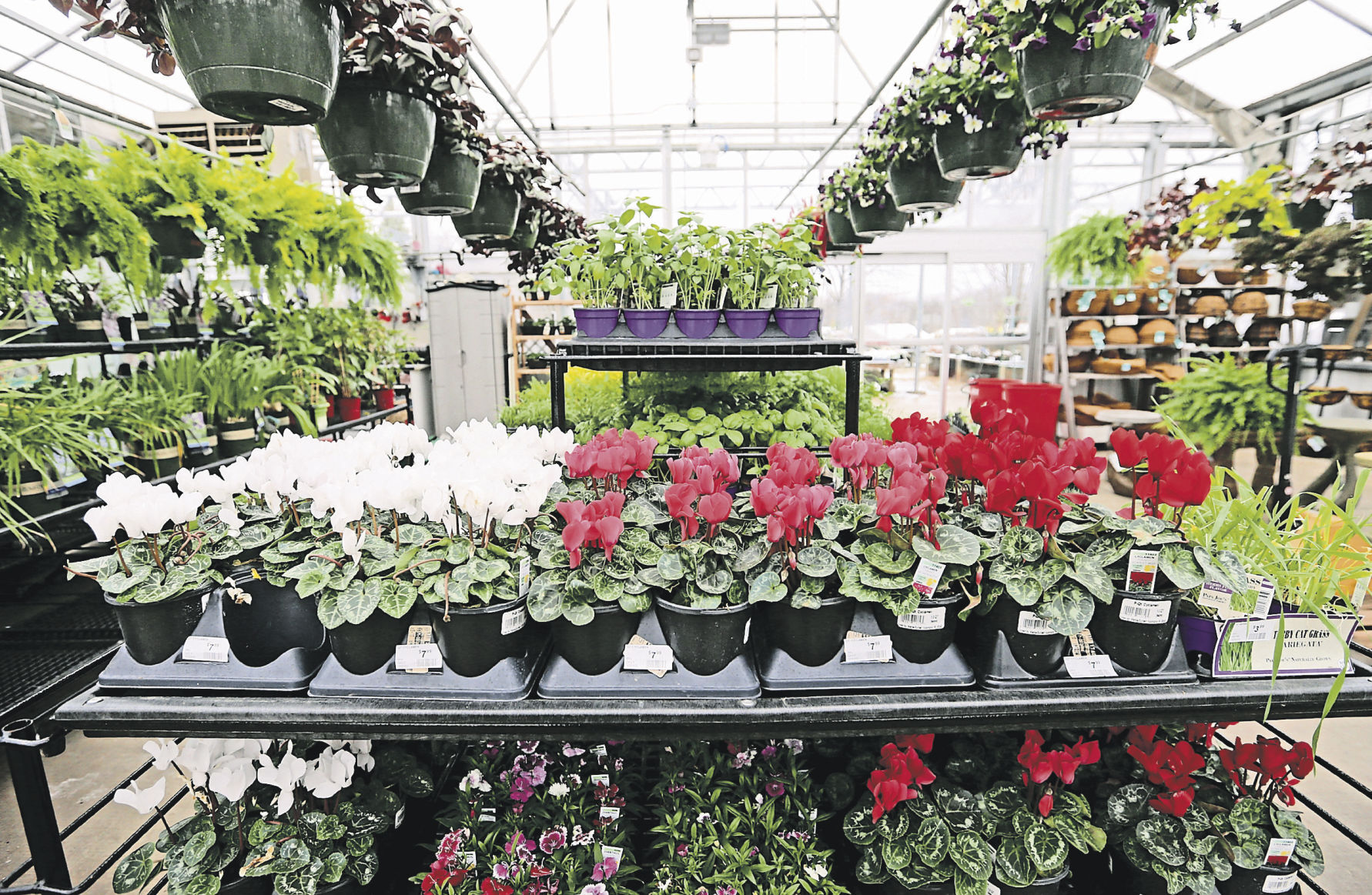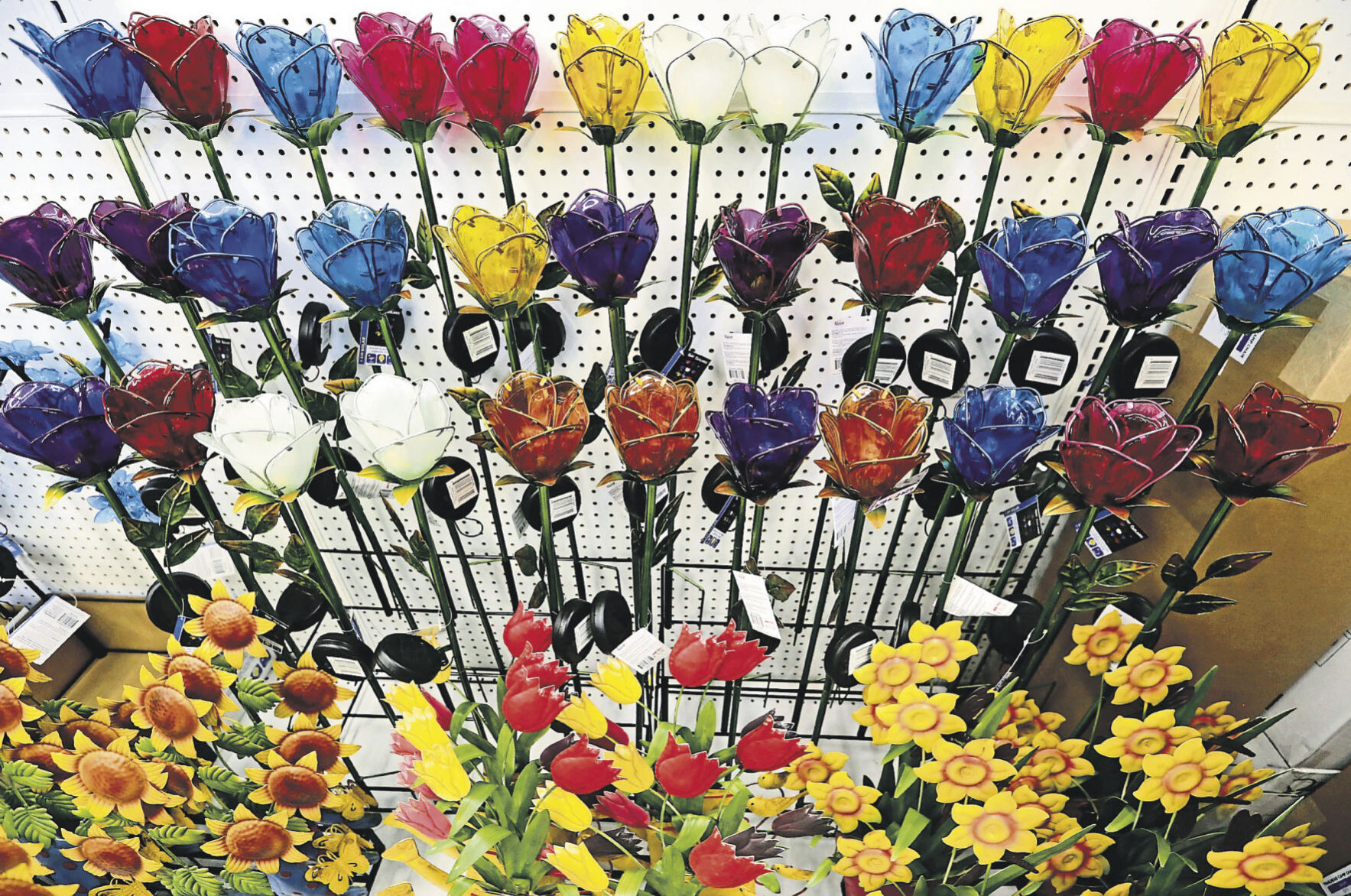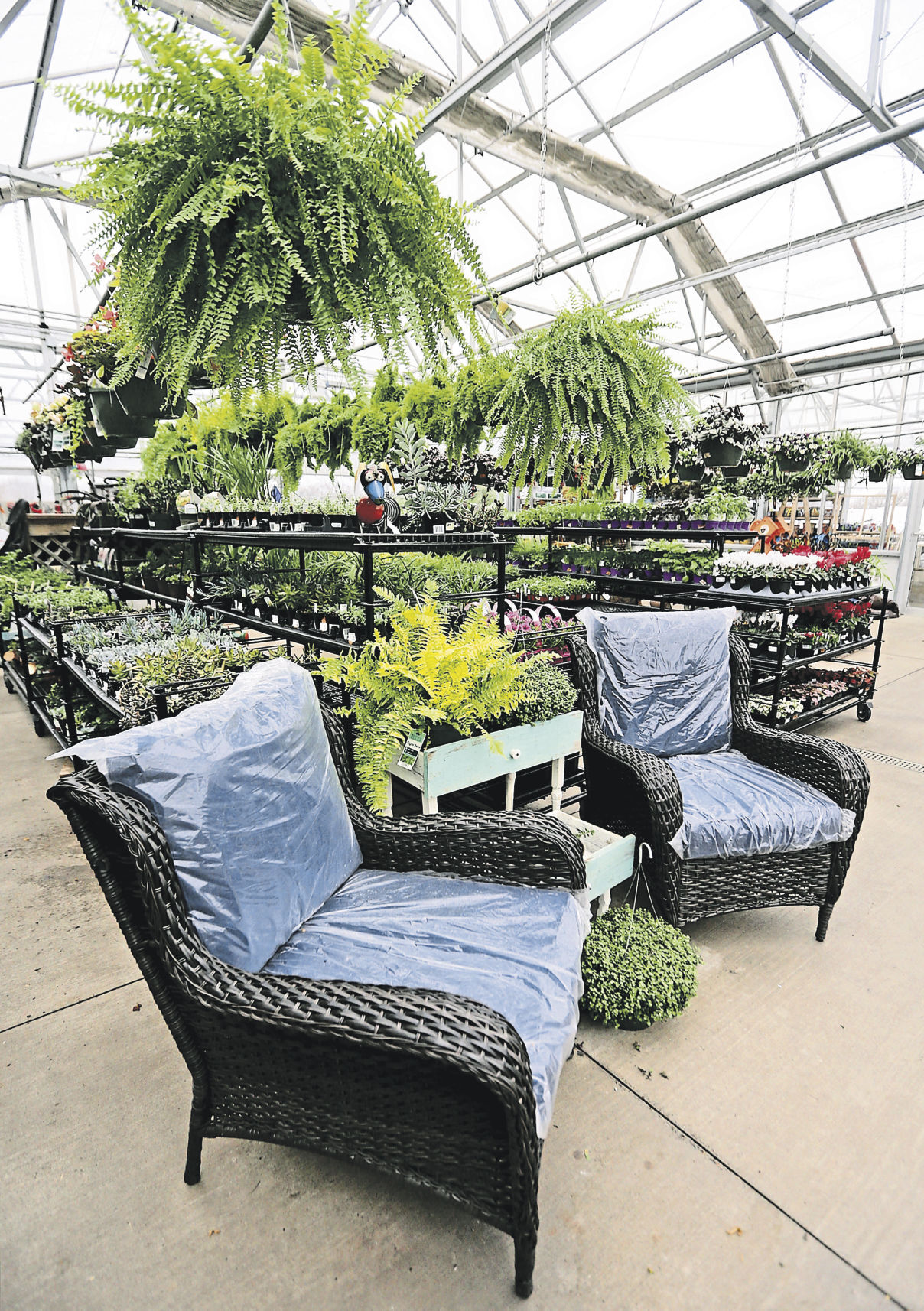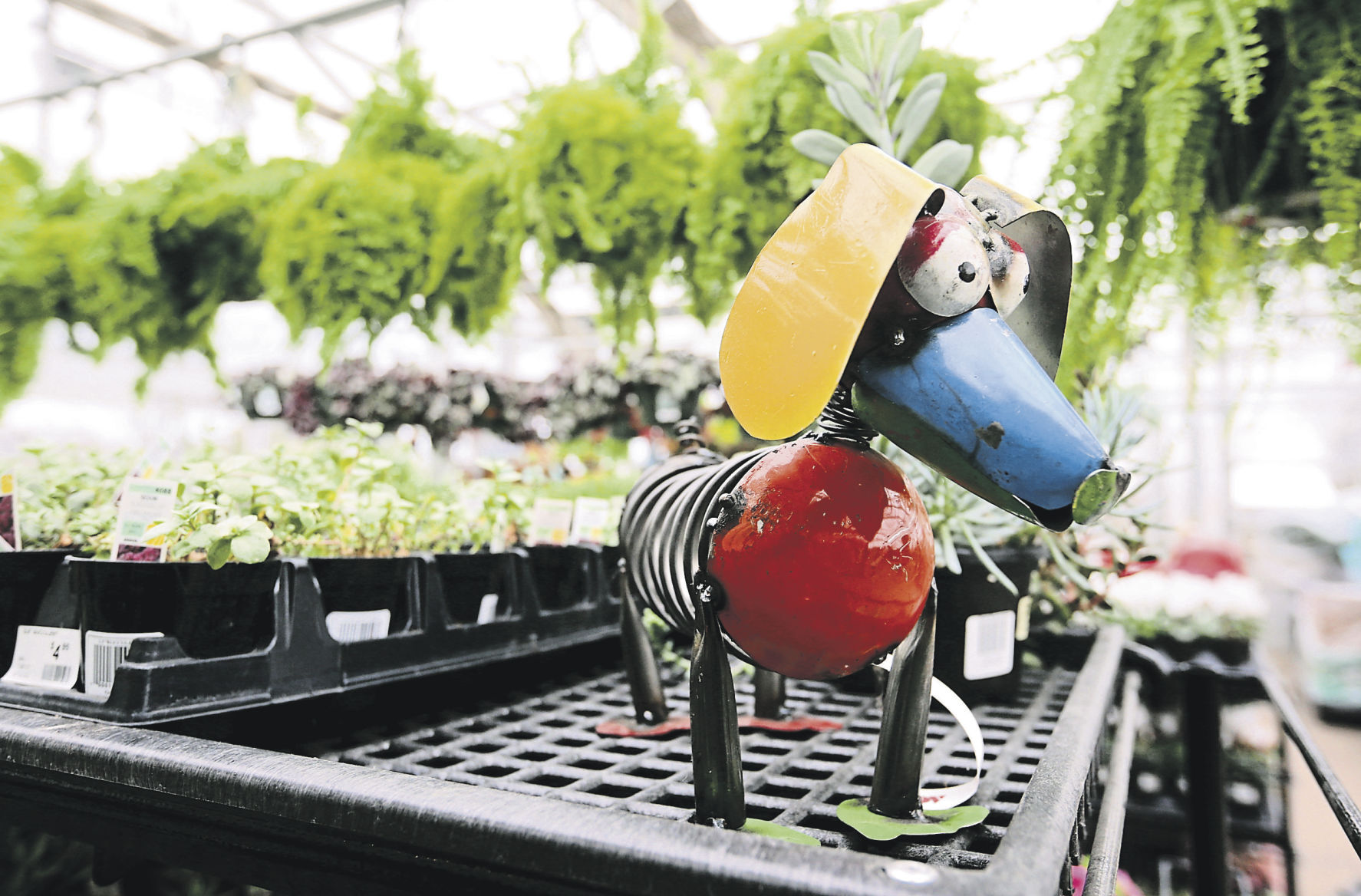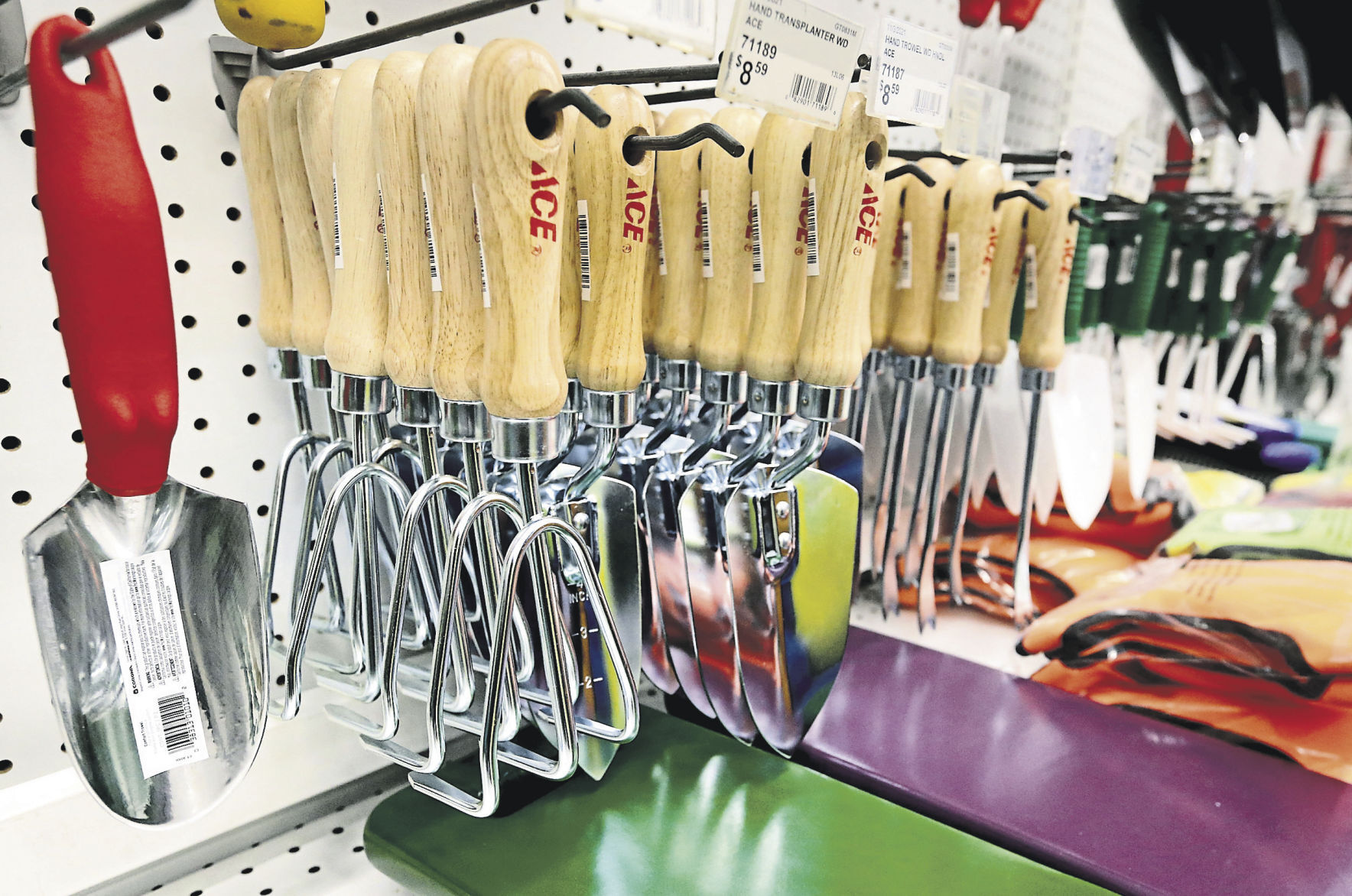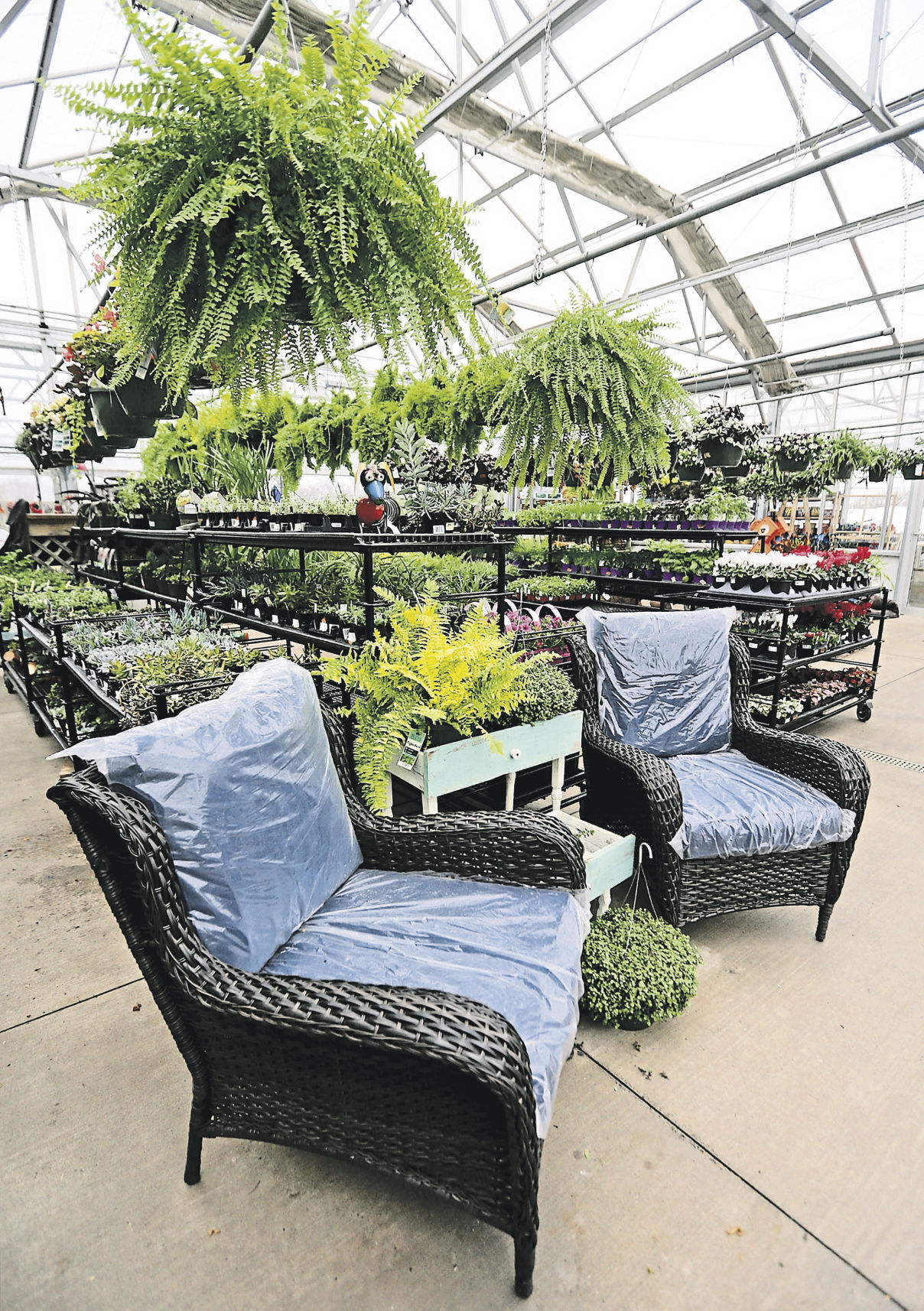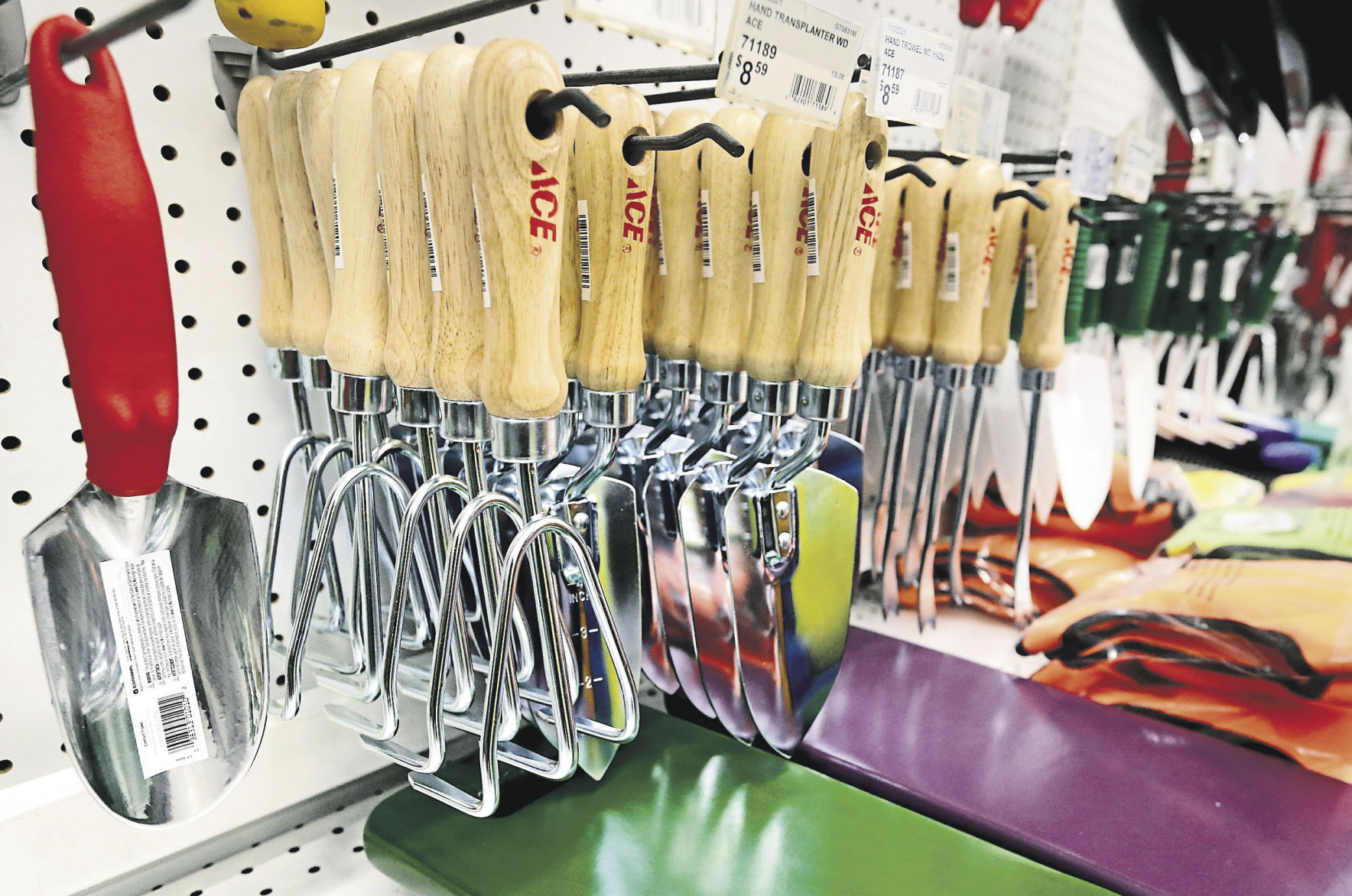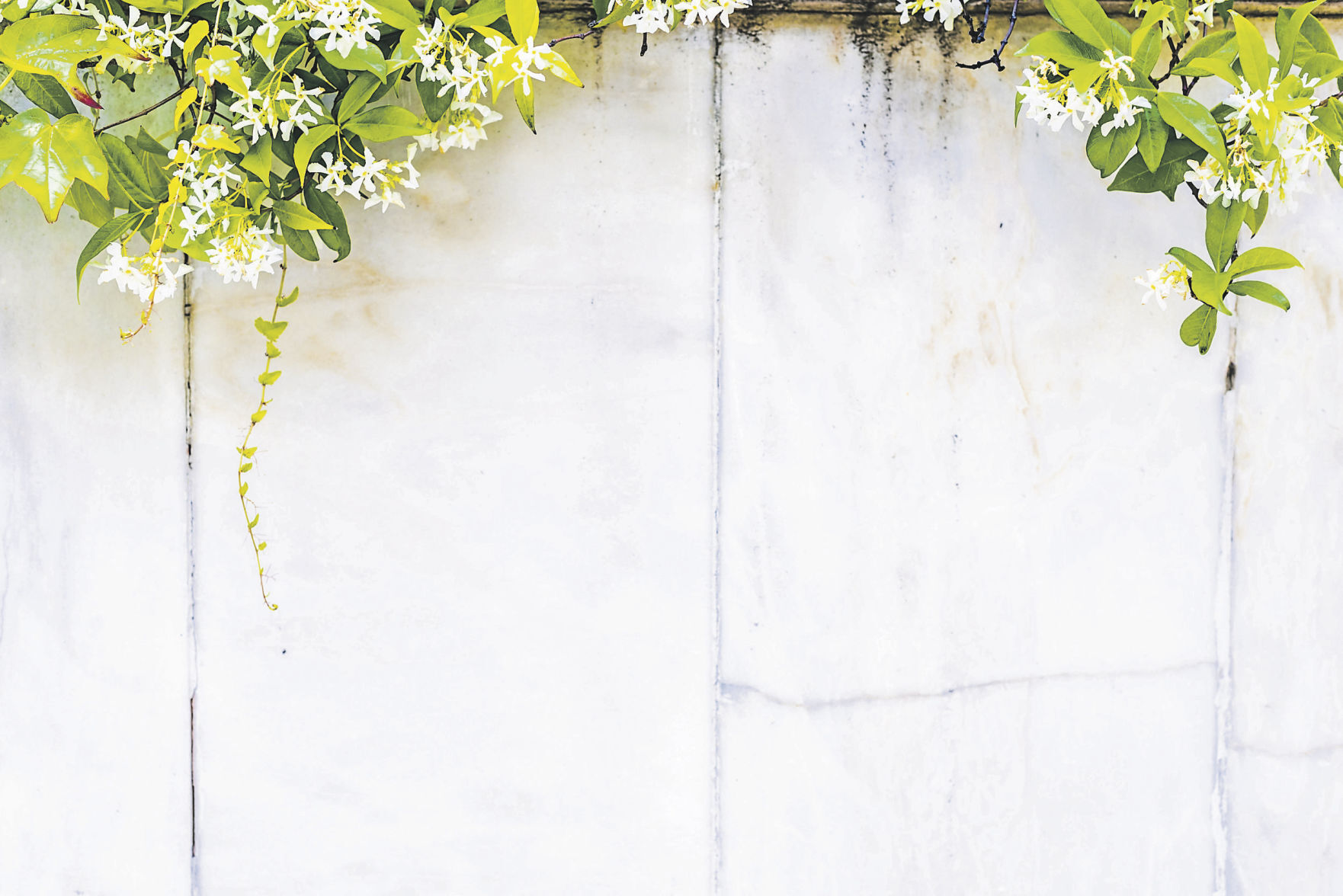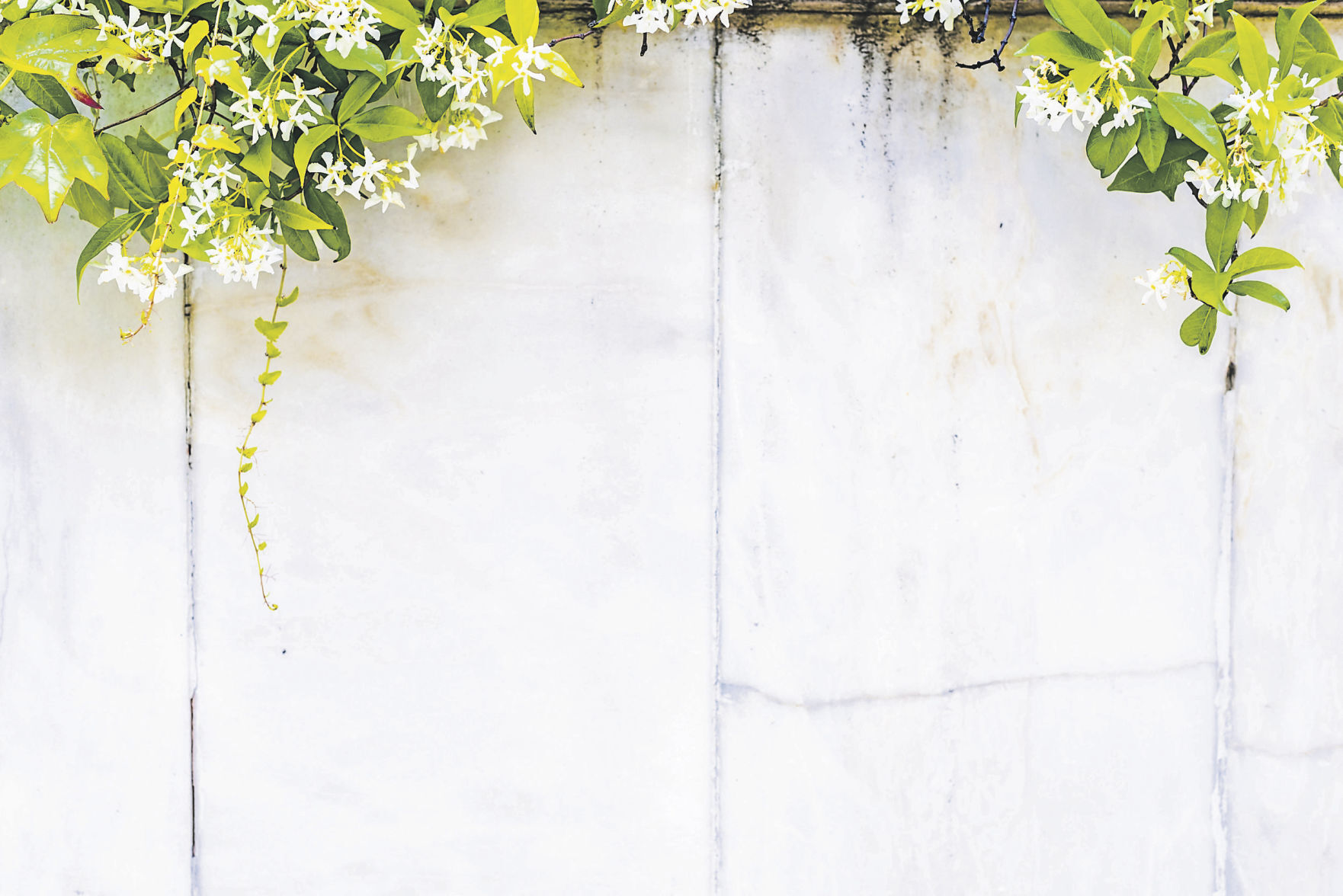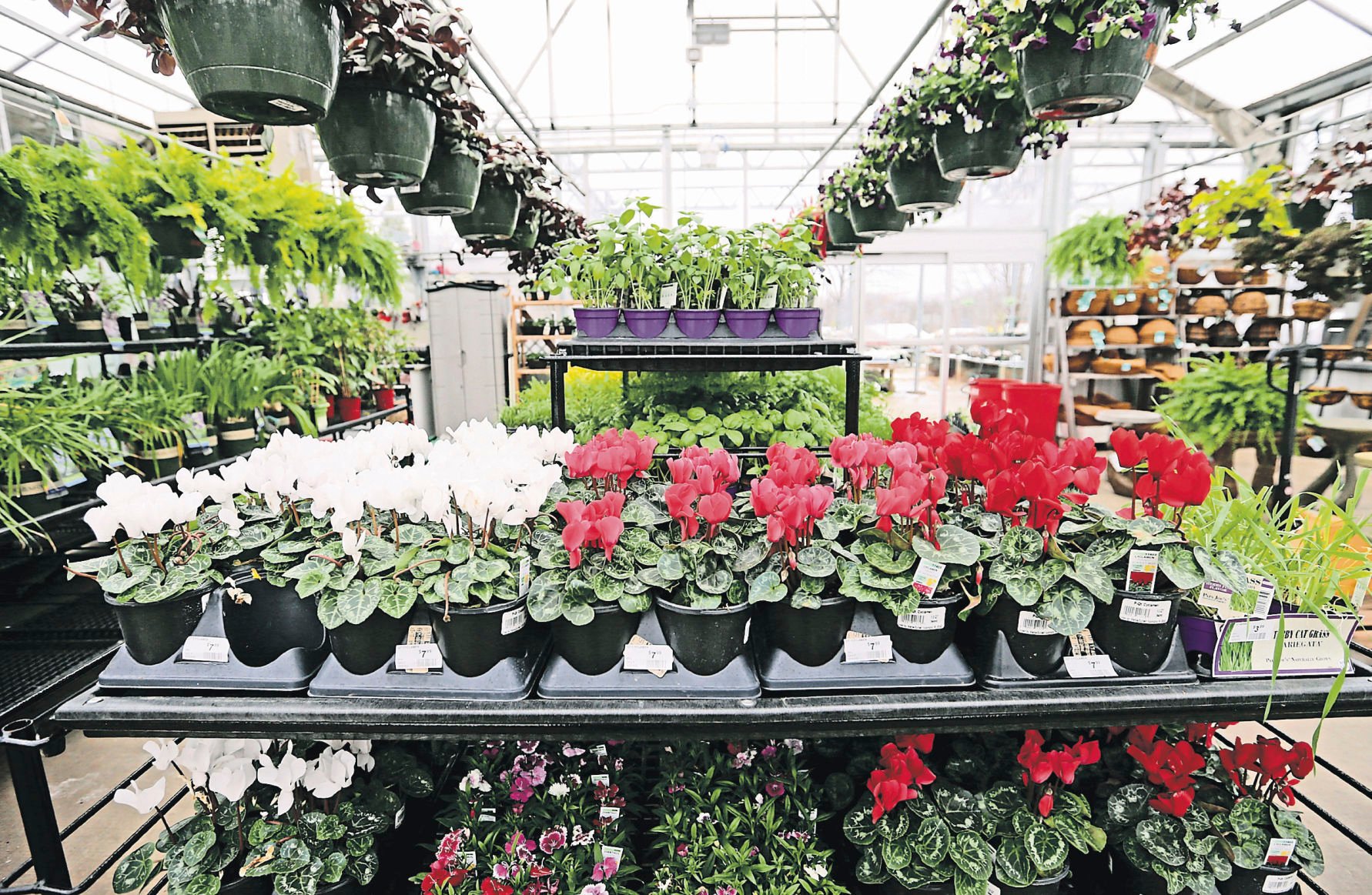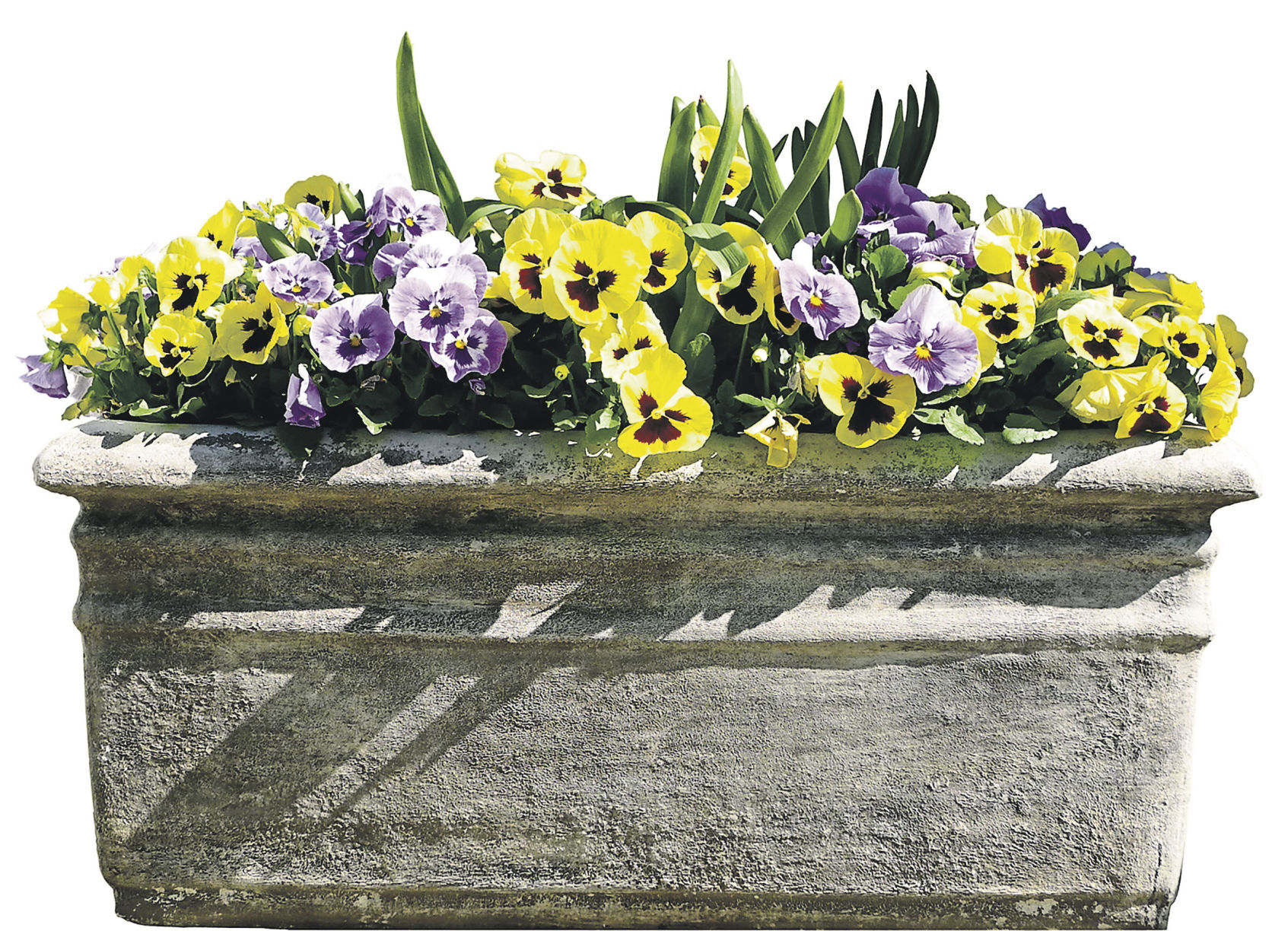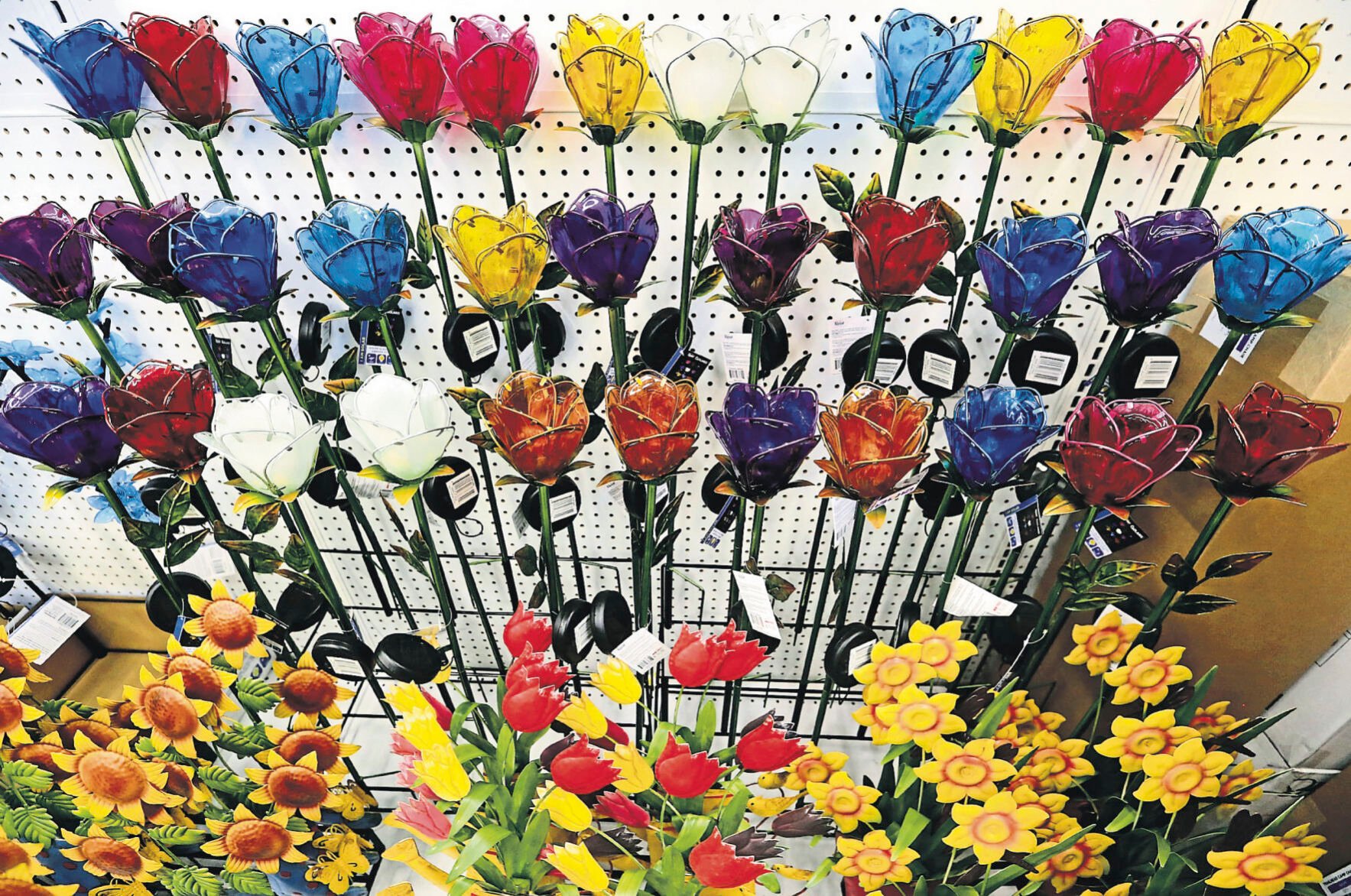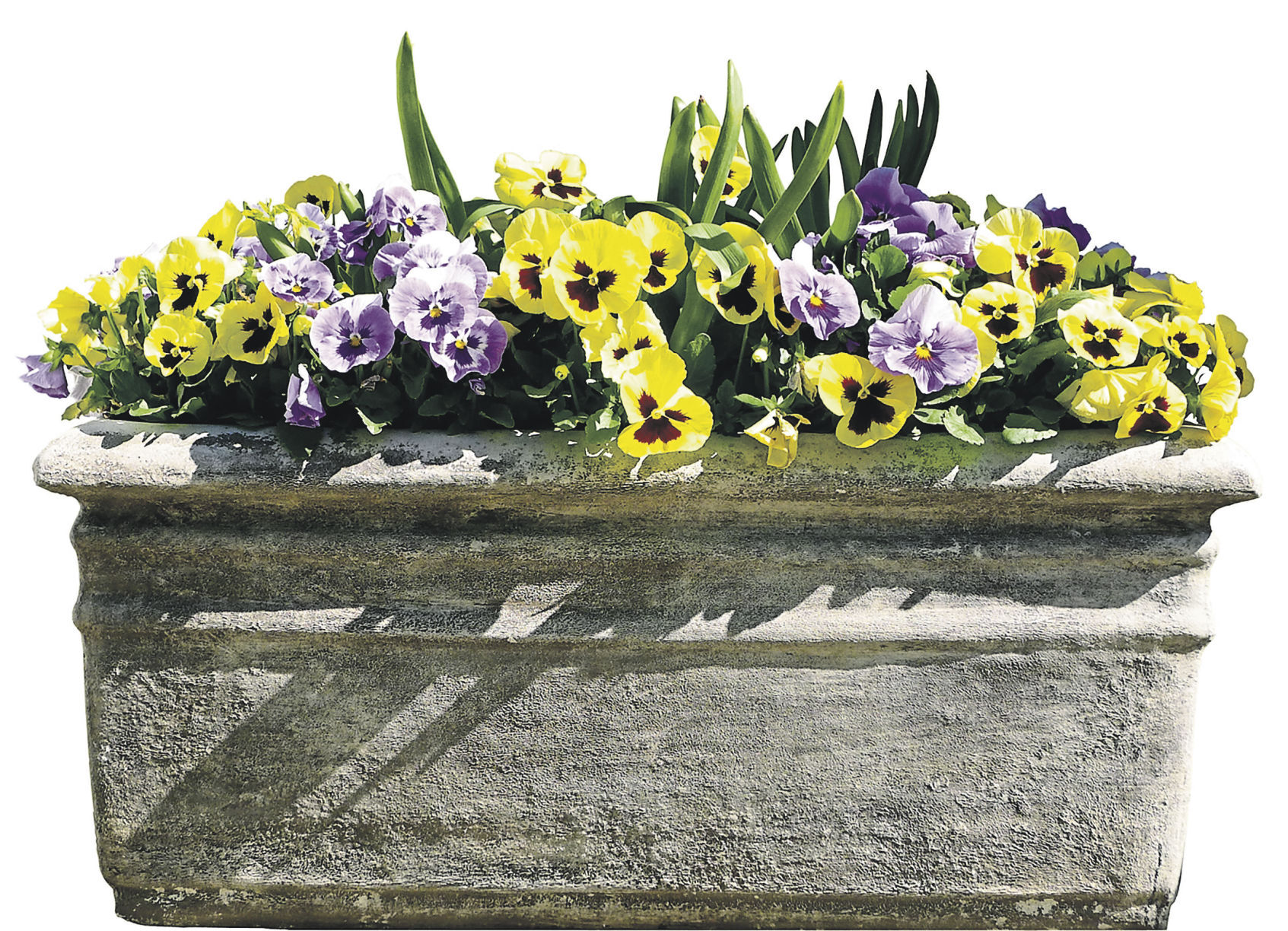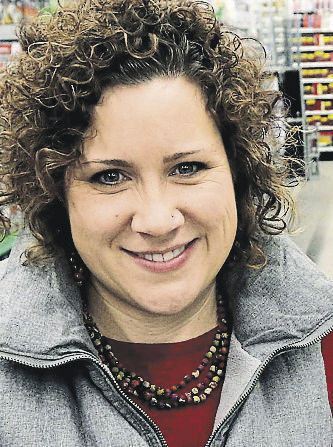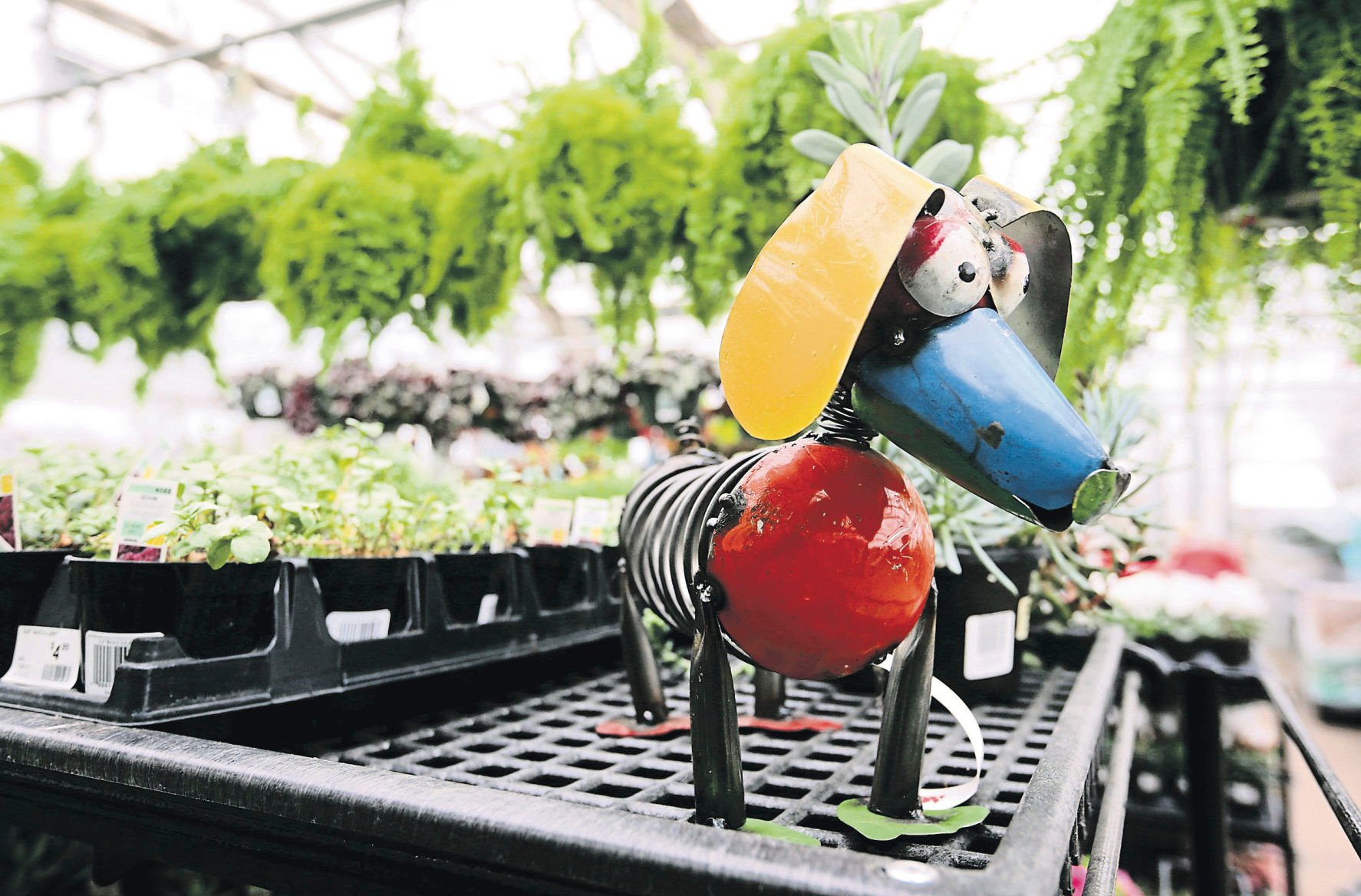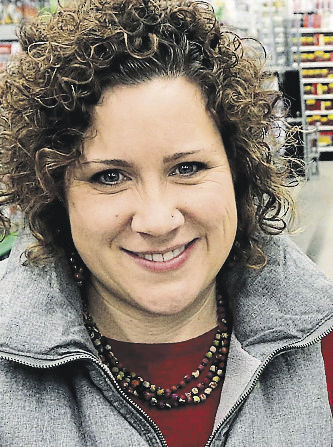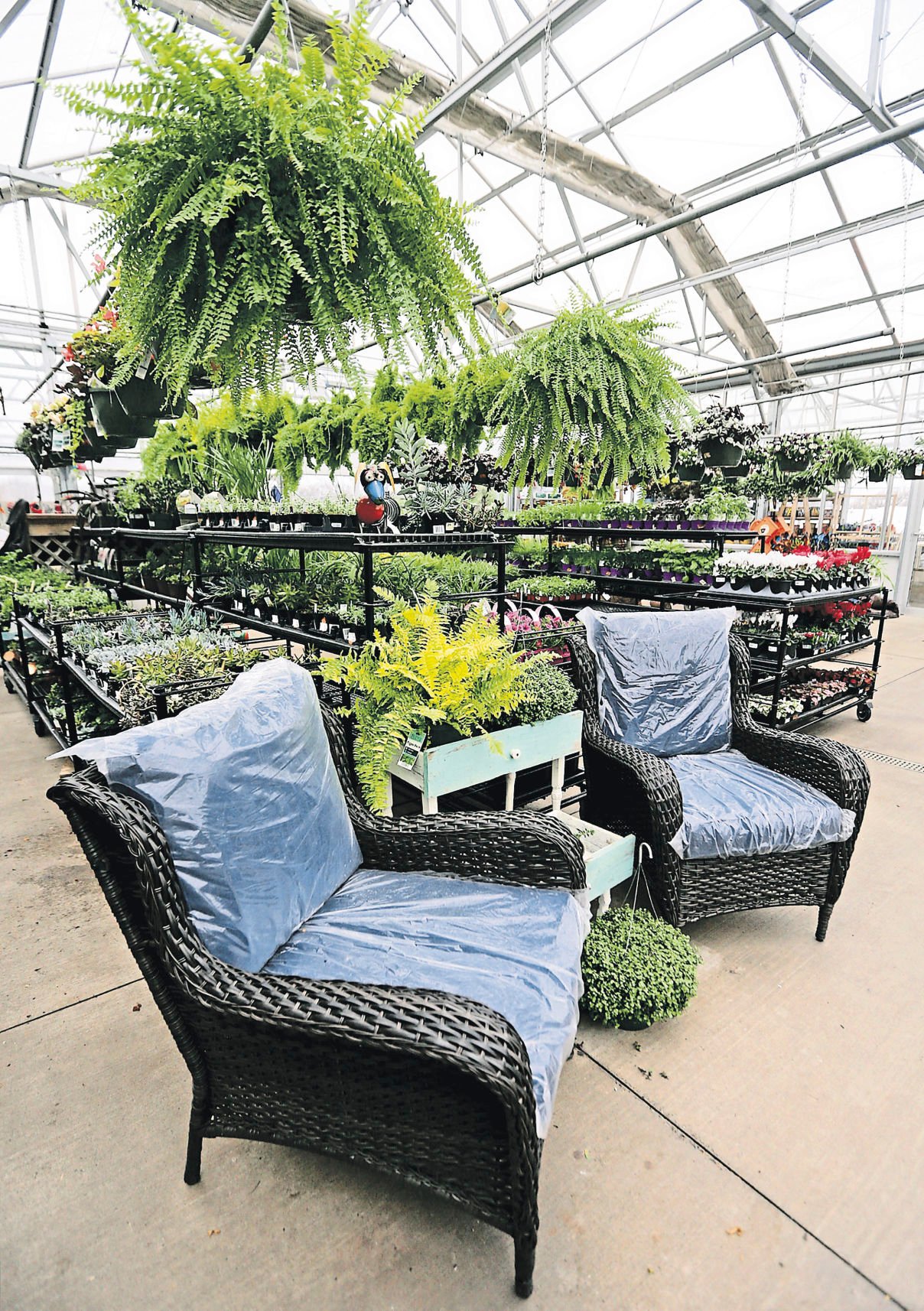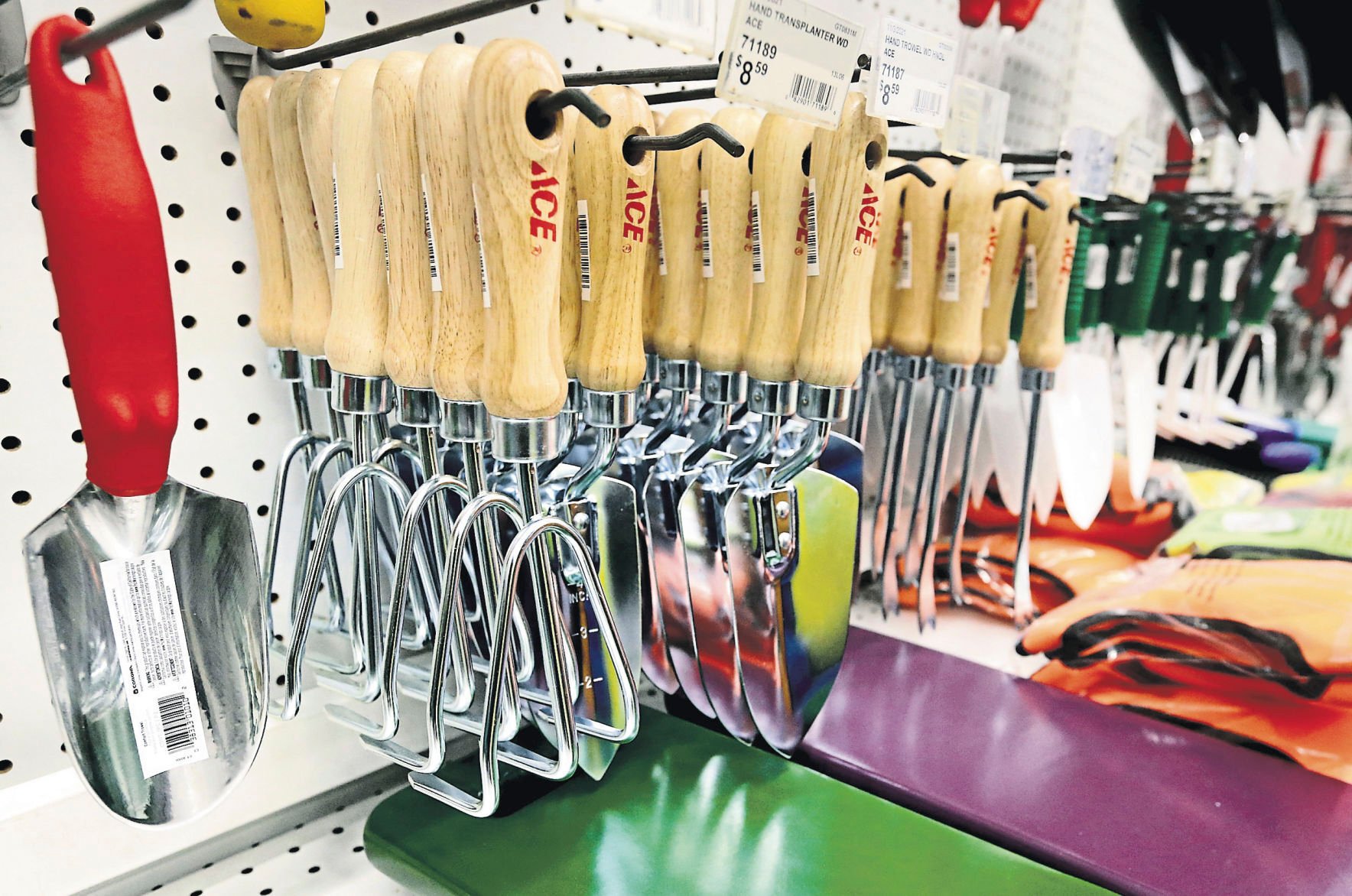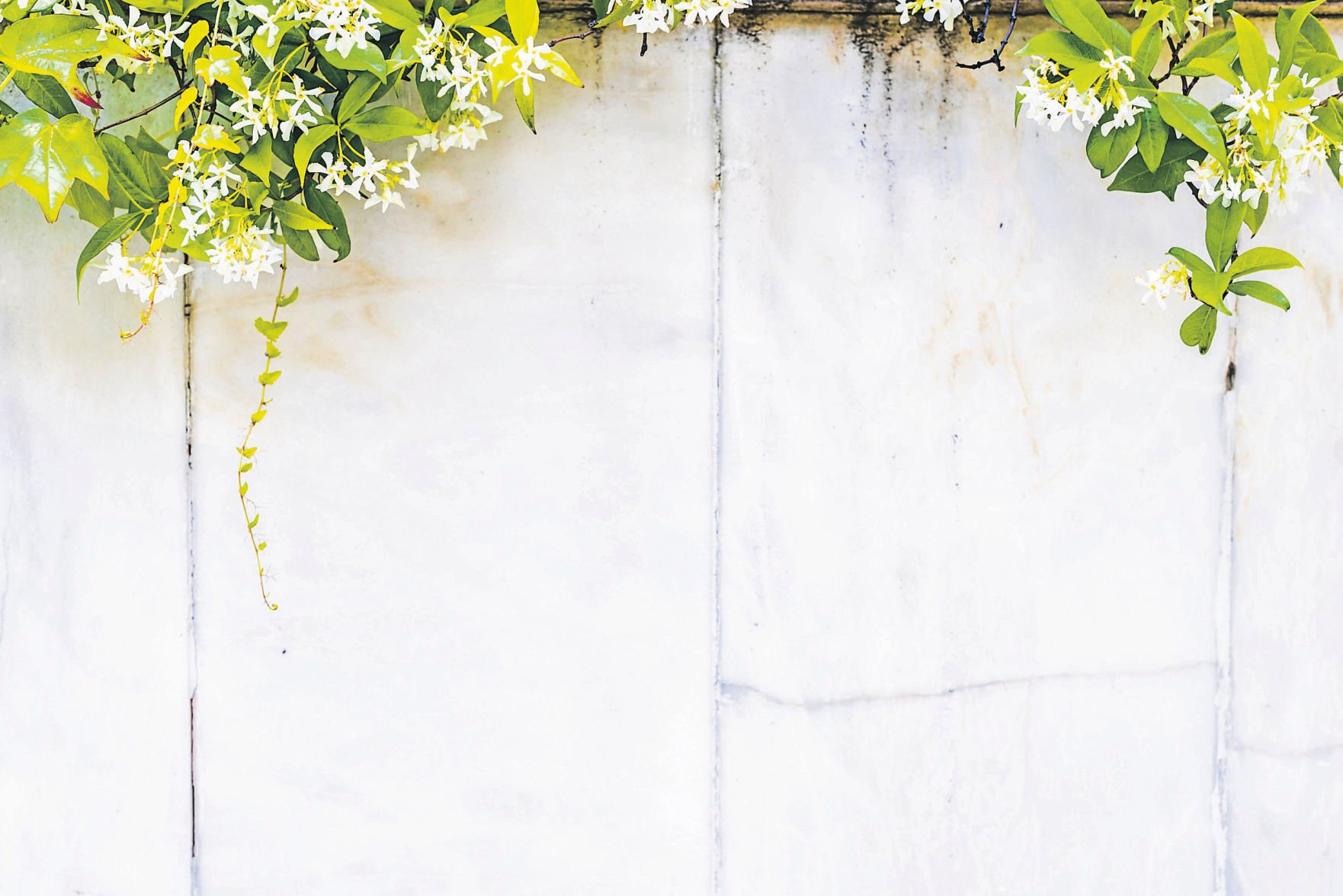The increased demand for gardening supplies and plants during the past few years will likely continues to have effects on this year’s gardening season.
Area garden centers predict challenges with shortages and shipping delays will affect the upcoming gardening season. For gardeners, local center owners urge patience until items come in, shopping early for supplies and trying new plants and products.
“I don’t see it shifting any time soon,” said Sara Carpenter, co-owner of Steve’s Ace Home & Garden, of the challenges. “But at the same time, there’s a lot of benefits. I think the fact that we live in Iowa with the changing of the seasons is always going to make spring and gardening extra exciting. Always in the spring, there’s a growing anticipation of nice weather and people being able to get outside. We’re all looking forward to people being able to do that.”
After the COVID-19 pandemic began, Carpenter said there was an increased interest in gardening as people were confined to their homes. That demand prompted growers to sell many plants earlier than they would have, which has in turn made it difficult to restock items.
“Unfortunately with plants, it’s not like a factory where they can pump out more,” she said. “There’s a lot of planning and strategy that goes into all types of growing, especially when it comes to trees and shrubs. Many are grown five-plus years before they make it to a garden center.”
Morgan Leverington, garden center manager for Wagner Nursery in Asbury, Iowa, said this lack of back-stock in plants has affected availability for customers.
“Customers can’t be as picky as they have been,” she said. “If we get a plant in, we try to get three or four, maybe five, sizes. Now, with such a shortage, we’ll get one or maybe two sizes.”
Leverington also said she has noticed fuel surcharges from growers delivering plants, as the price of fuel has jumped.
“I was talking with one of our growers, and he said that in the last 70 years of business he has never had to attach fuel surcharges to customers before,” she said. “And anything with rock, it’s the same thing. They’re all attaching surcharges that in years past they’ve never had to.”
Lori Portner, owner of Murphy’s Gardens in Galena, Ill., said she has had difficulties getting her usual stock, including anything to do with plastics and certain kinds of soil mixes.
“We’ve been in business a long time, and we have enough back-stock,” she said. “But this is the first year ever we haven’t gotten all of our soils and all of our plastics.”
Carpenter said that issues with shipping plants to garden centers will affect the season, and she likely would not be able to get items as quickly if they sell out earlier than anticipated.
“I would buy earlier than you normally would,” Carpenter said. “If you see plants that you’re interested in, don’t assume they’ll be there even an hour later.”
She also recommended being willing to try other available options when it comes to plants.
“We find that a lot of people, especially when it comes to vegetables, they grow the same type of tomato every year,” she said. “What they don’t realize is there are so many new ones on the market that are similar.”
Leverington said that customers should expect higher prices for items this year as well, similar to inflation trends across multiple industries.
She said she doesn’t believe price increases will deter customers from spending money on their yards, but people might be shopping with stricter budgets than in prior years.
“I think homeowners will still be buying but maybe not so aggressively as they have in the past,” she said.
Portner added that Murphy’s Gardens, which opened last month, had its “best year ever” last year as the increased demand for plants continued.
However, Portner said she expects some trends, such as the high demand for houseplants, to level out.
In addition, she said that the cold weather so far this year has pushed back the growing time for some plants. While gardeners will be able to find what they’re looking for, she said, it might be a few weeks later than normal.
“We have to remember to be flexible,” she said. “This is uncharted territory.”
Kayli Reese writes for the Telegraph Herald.

